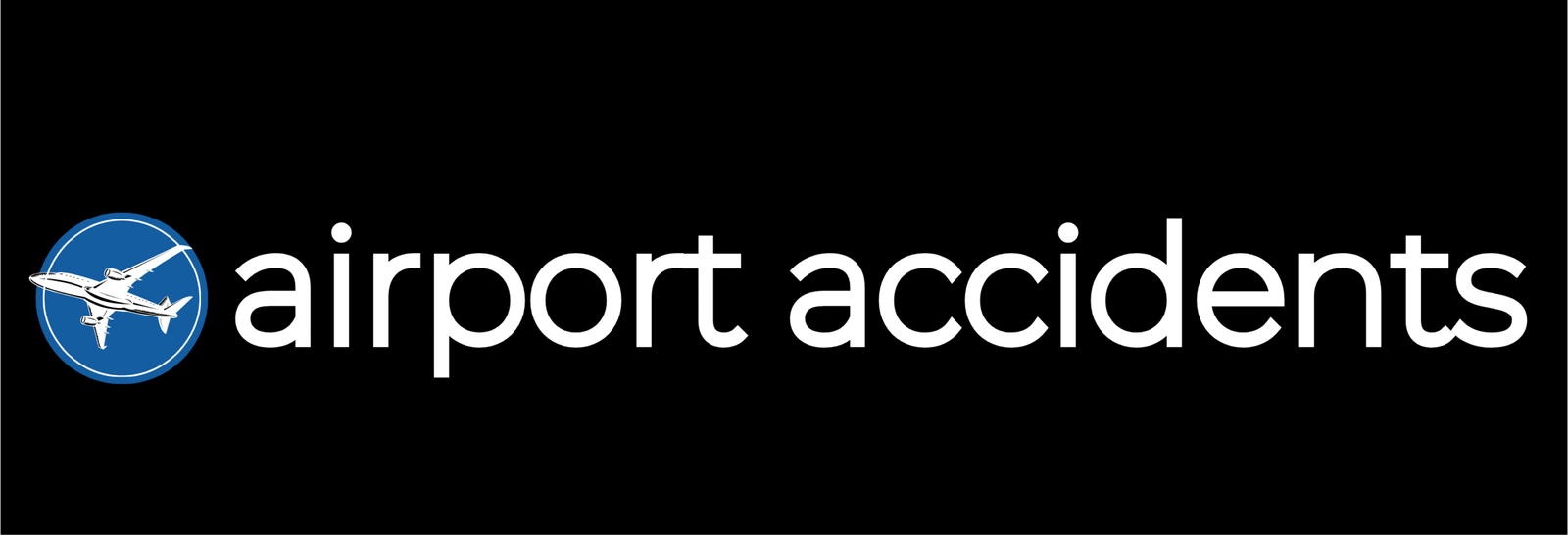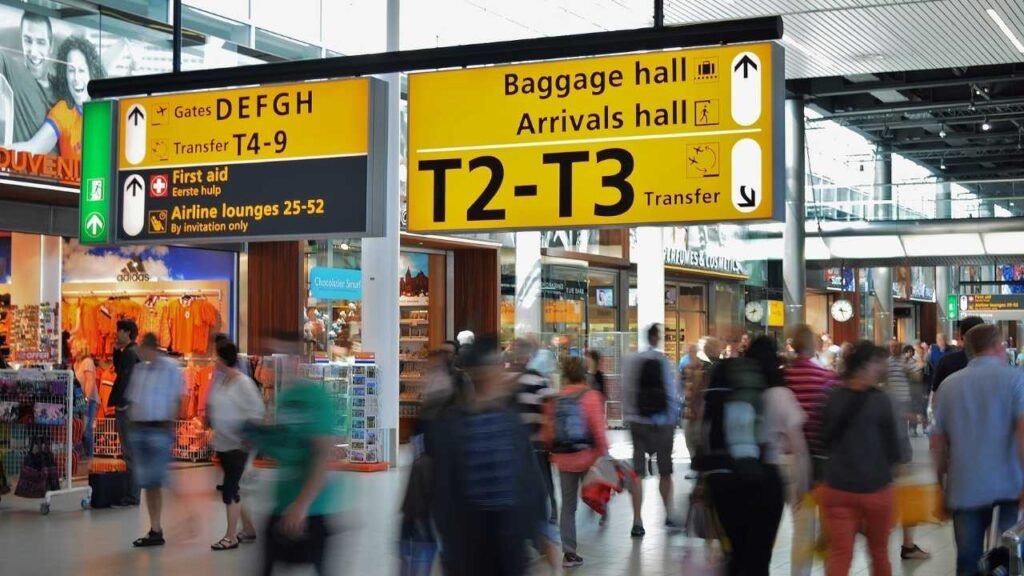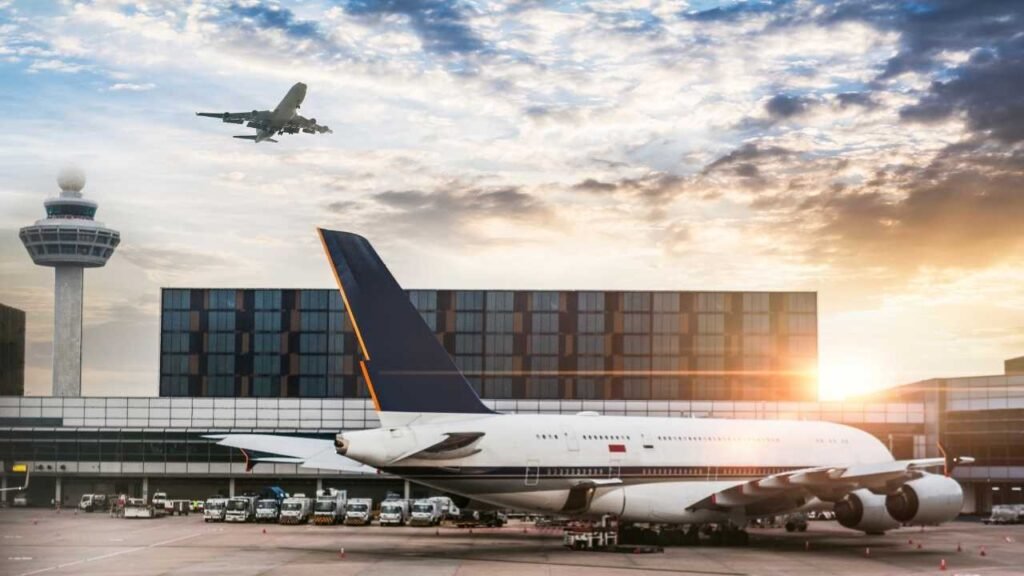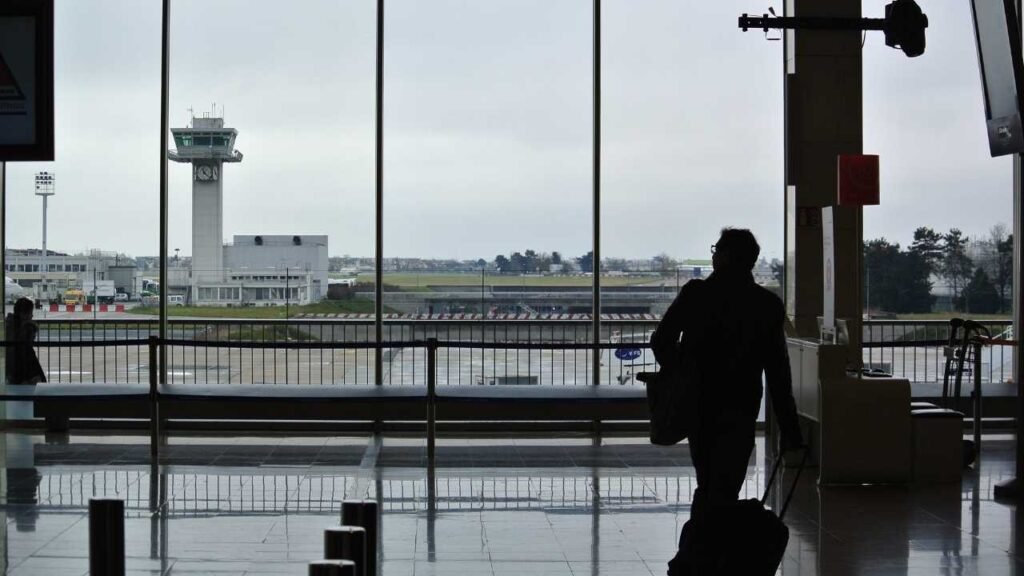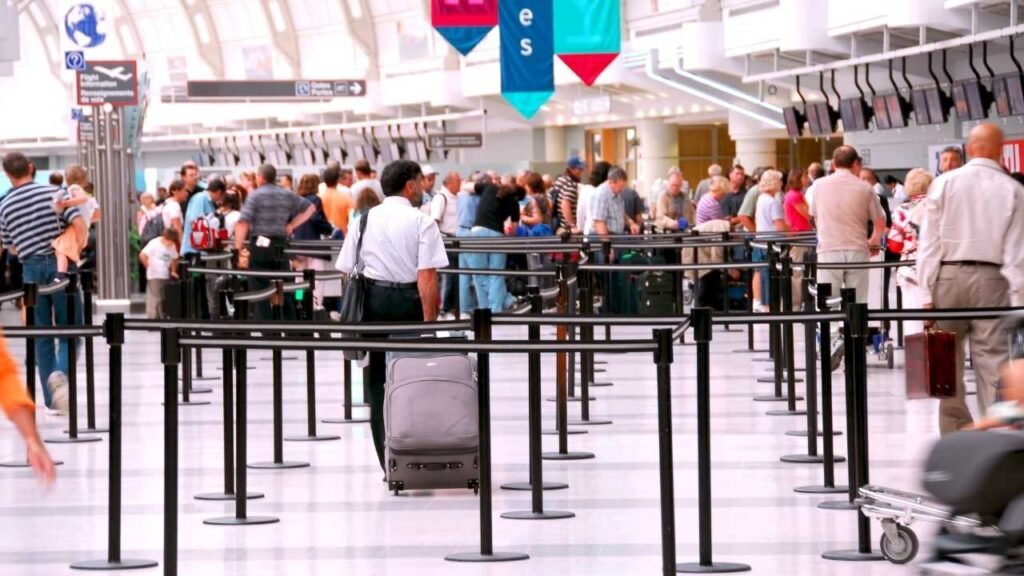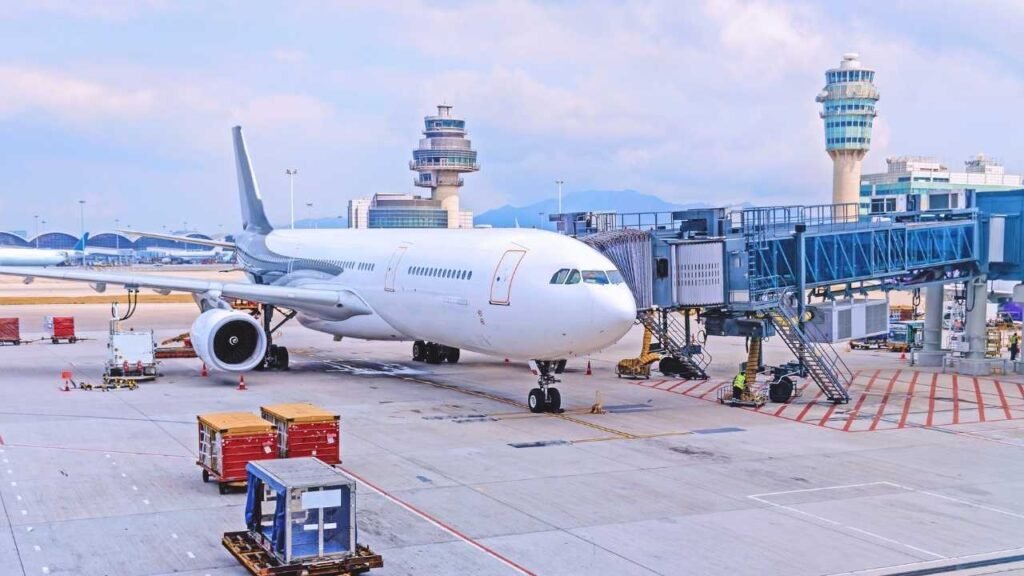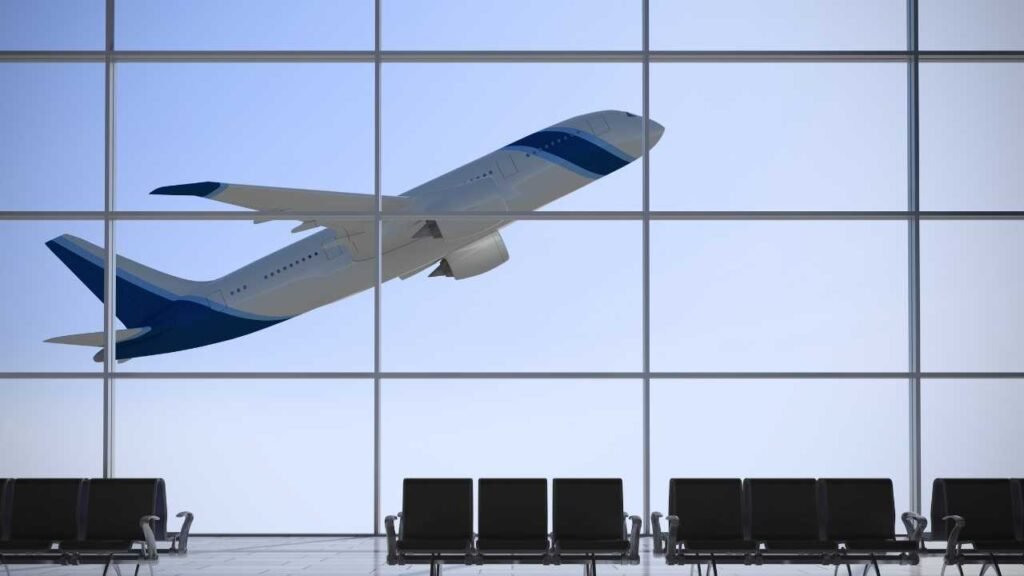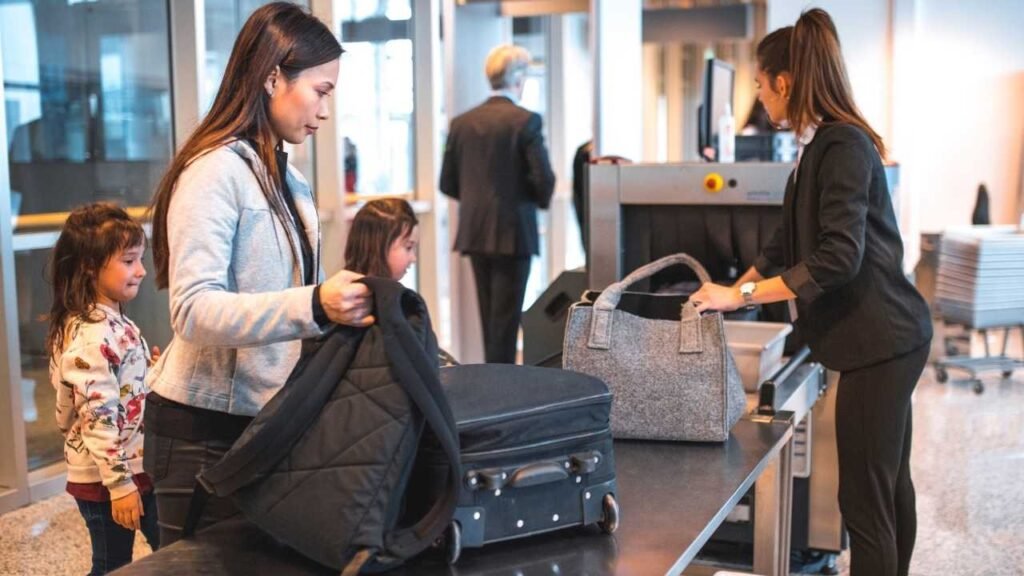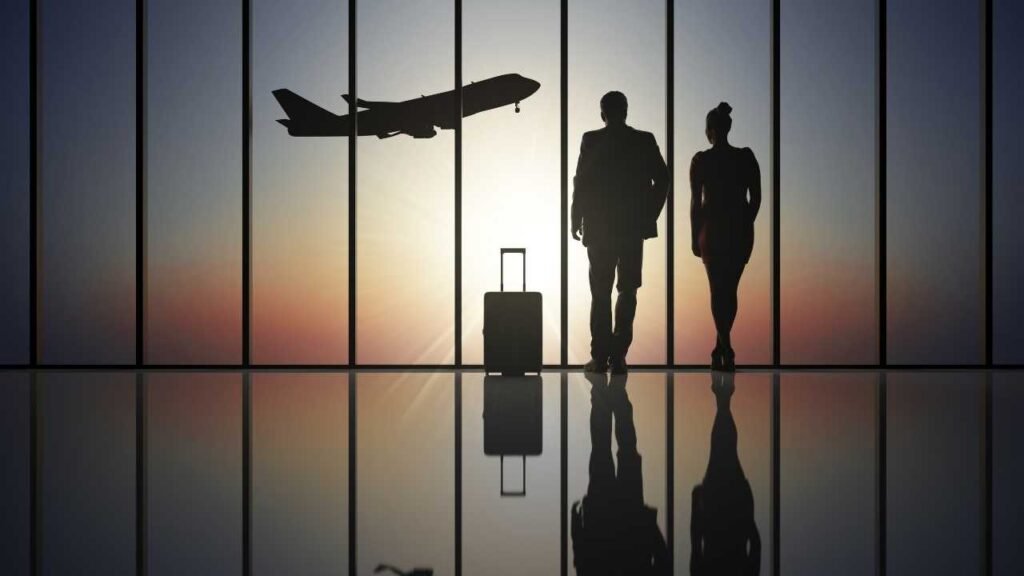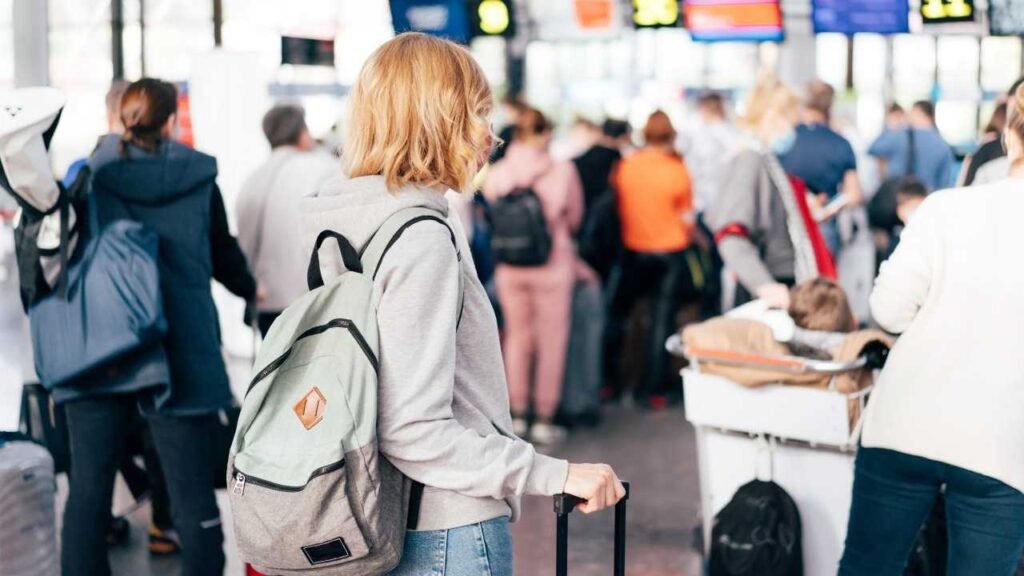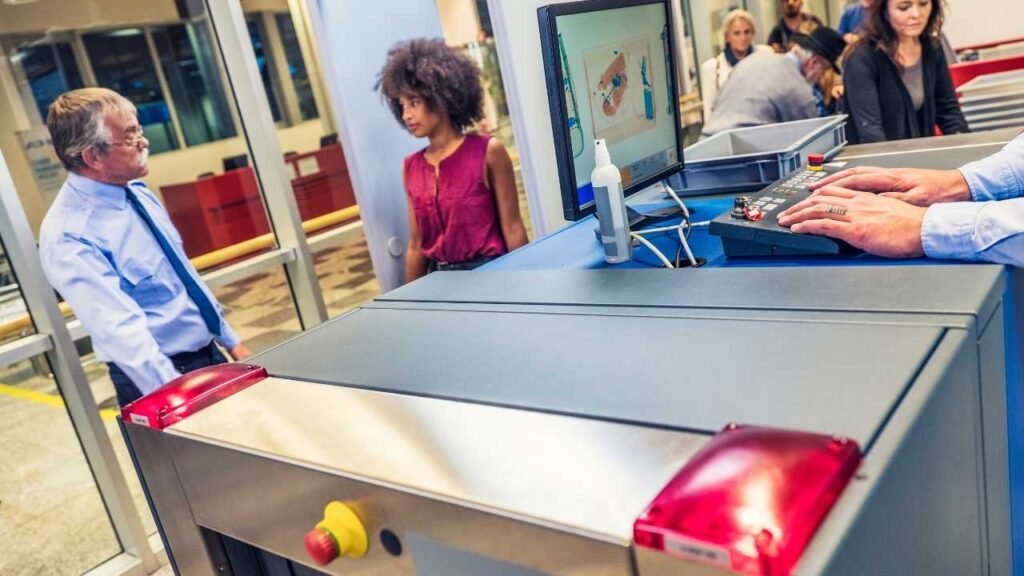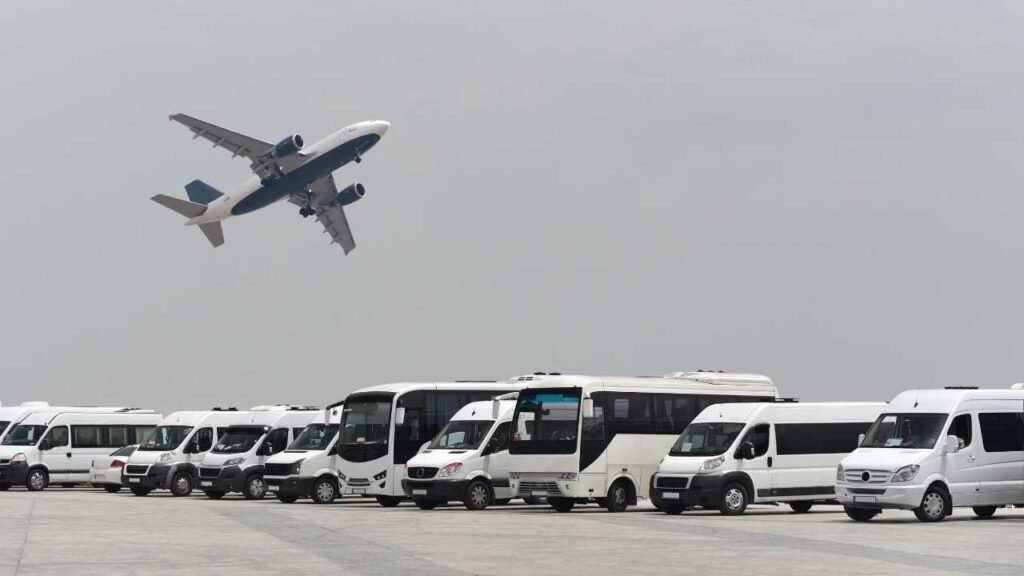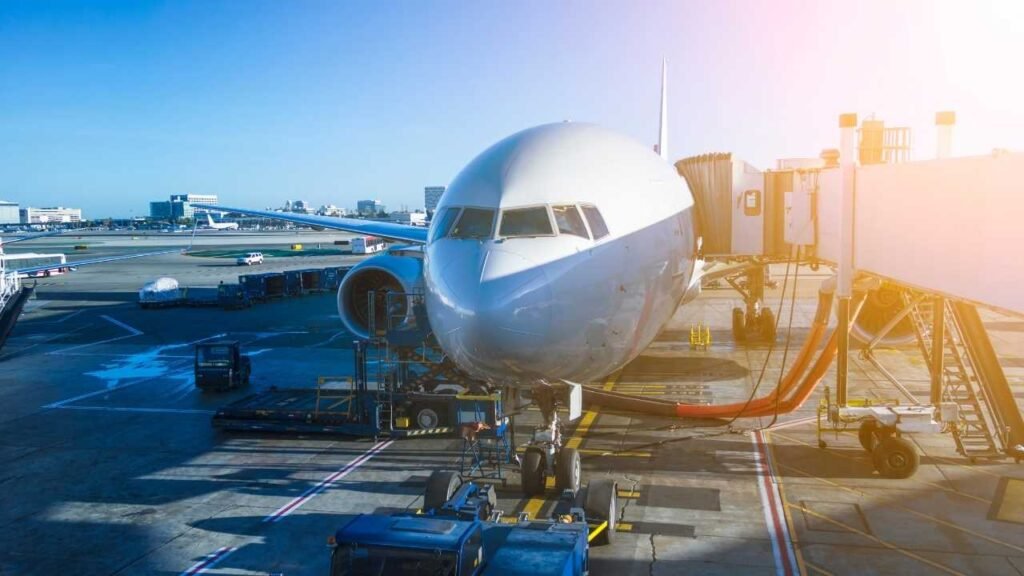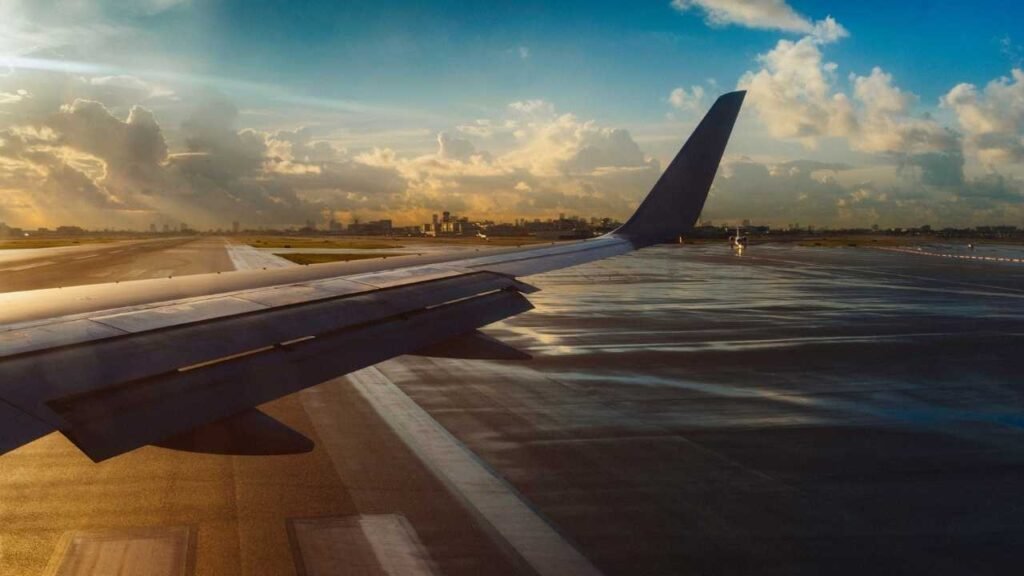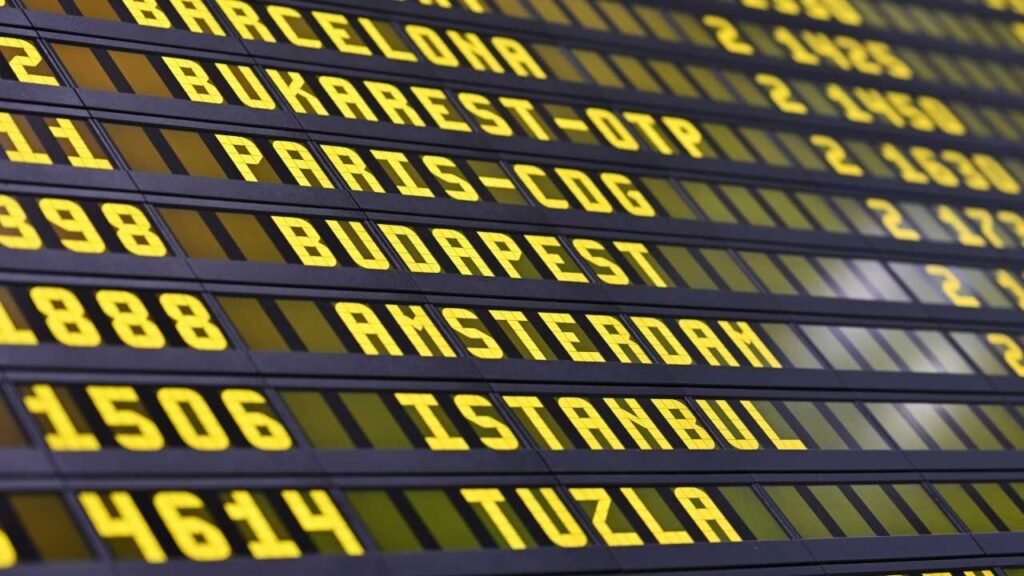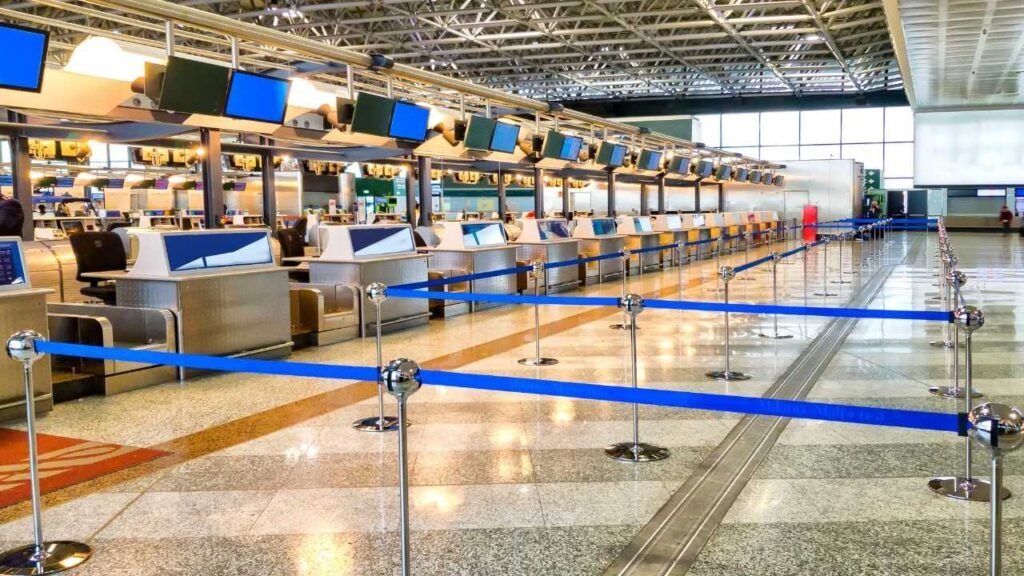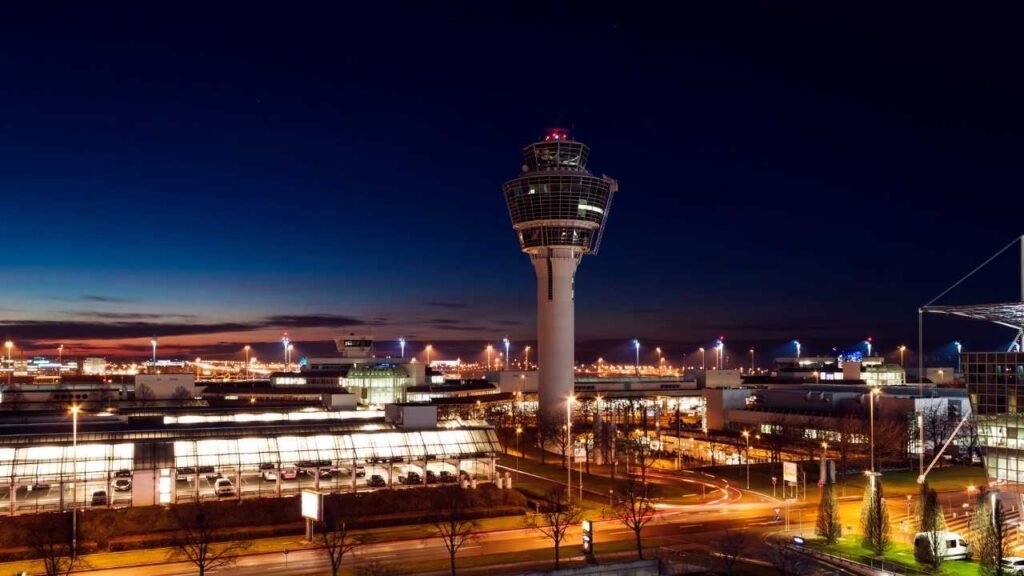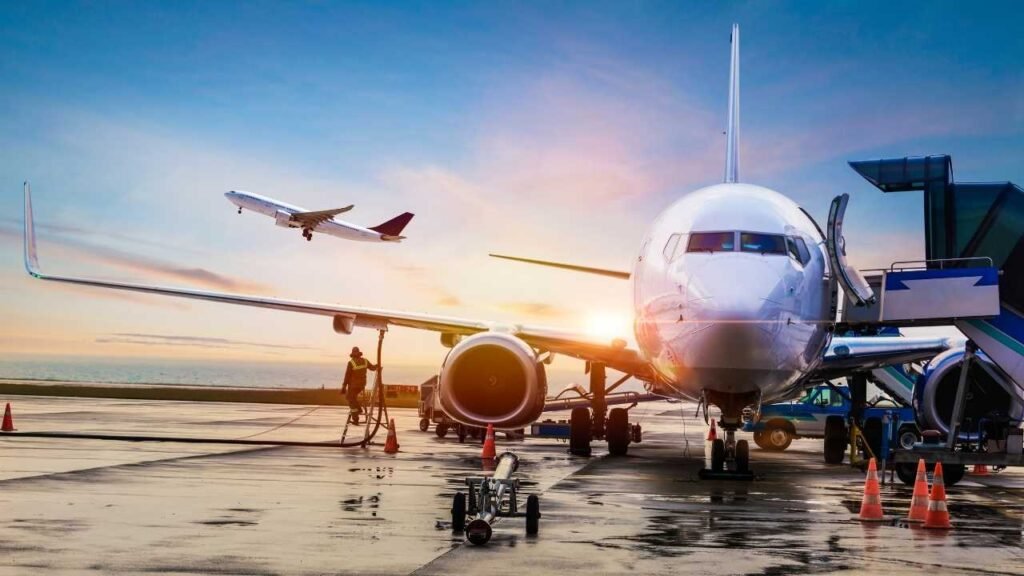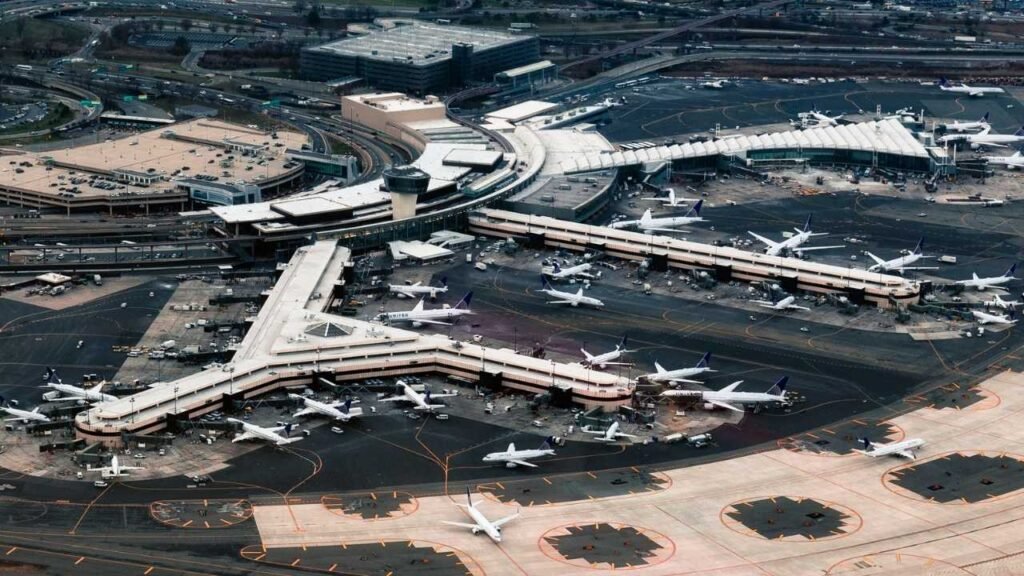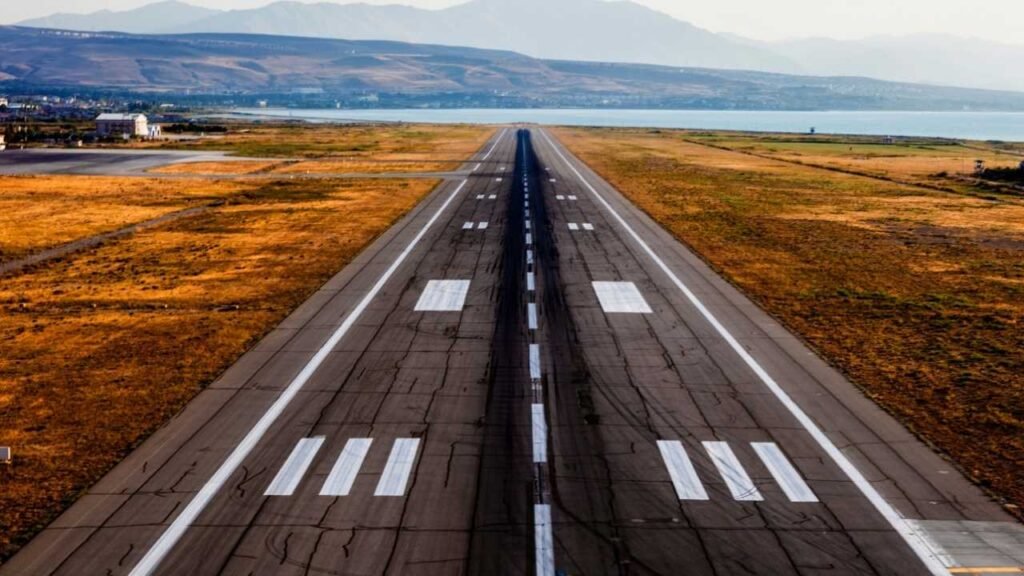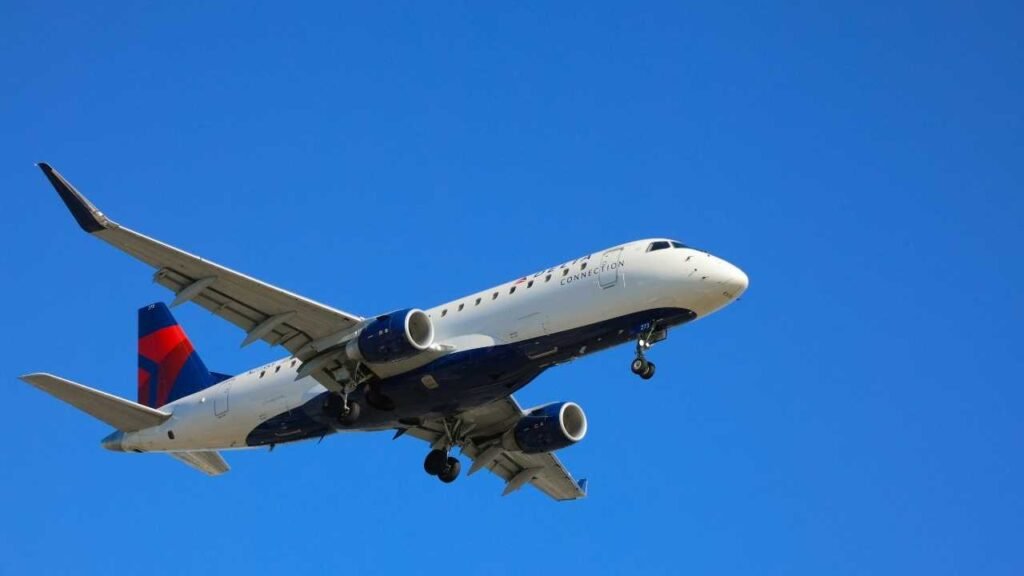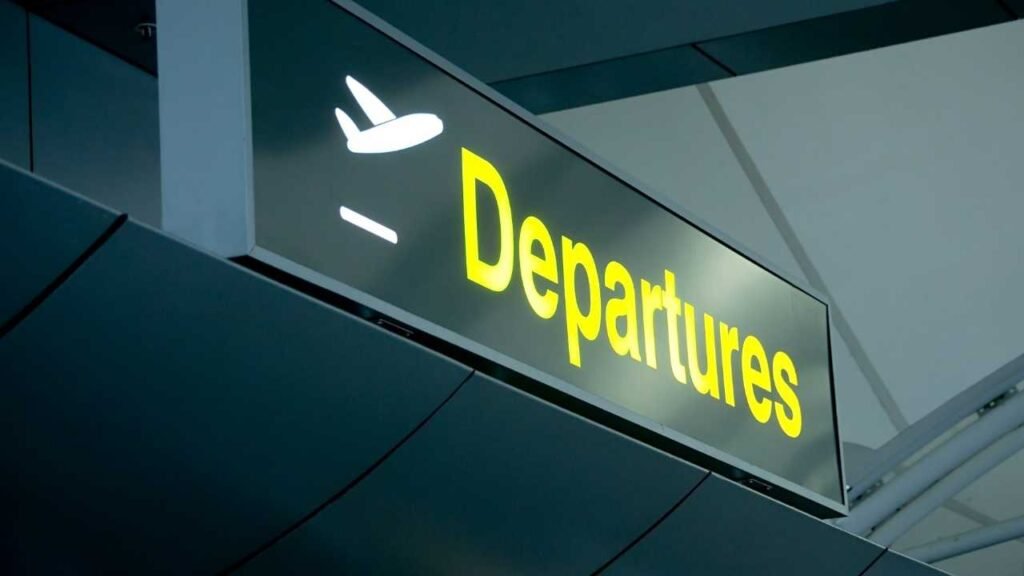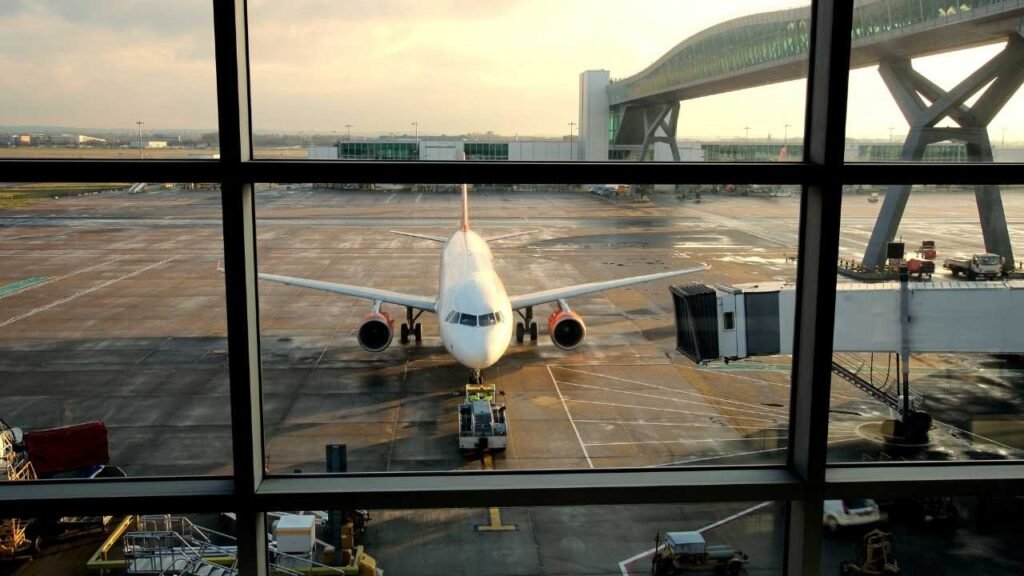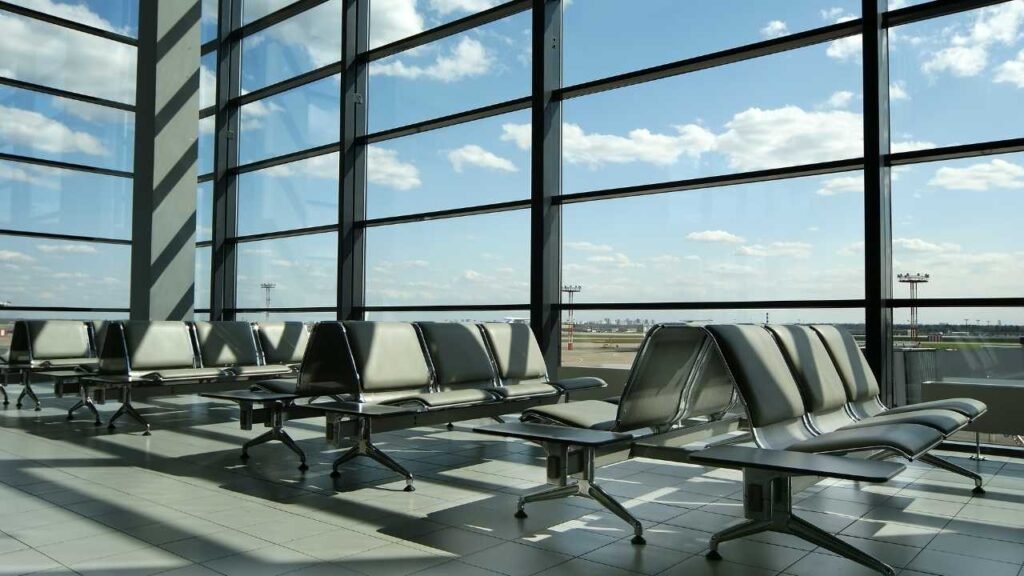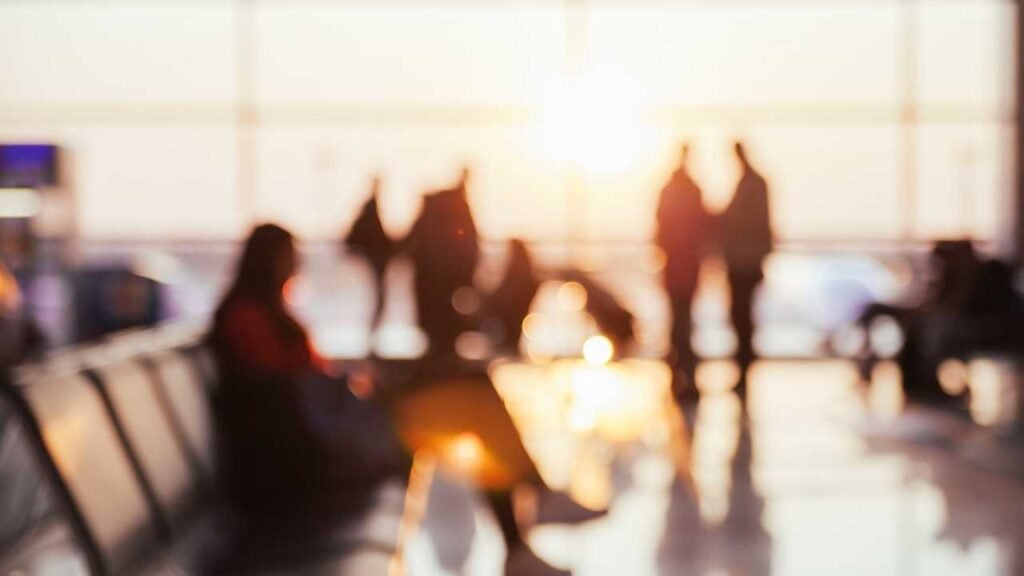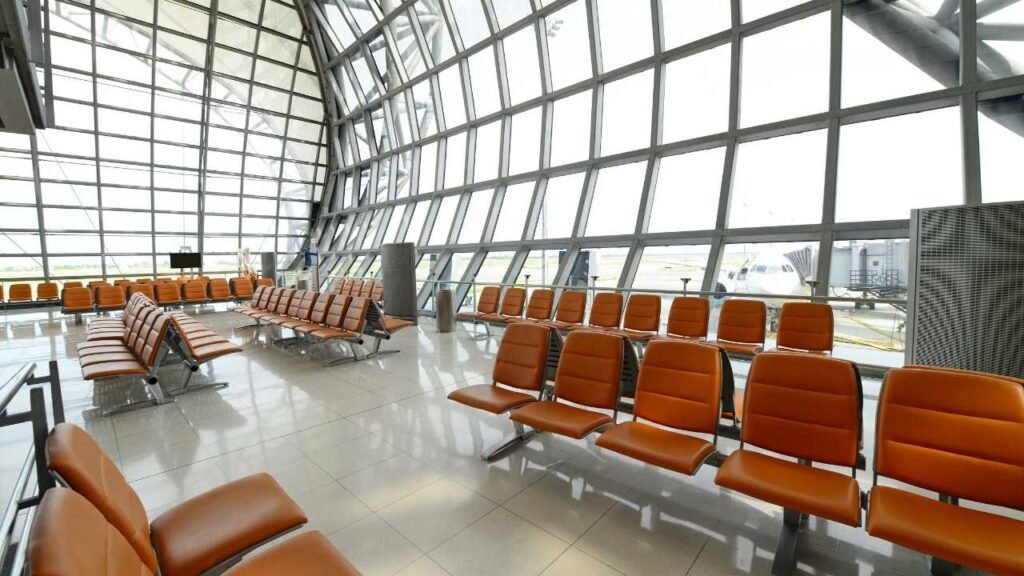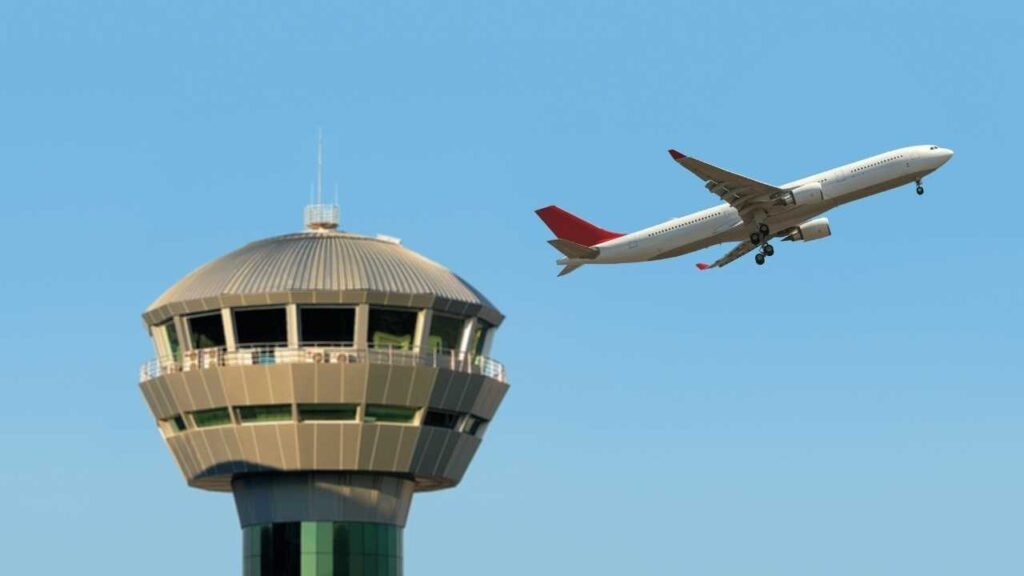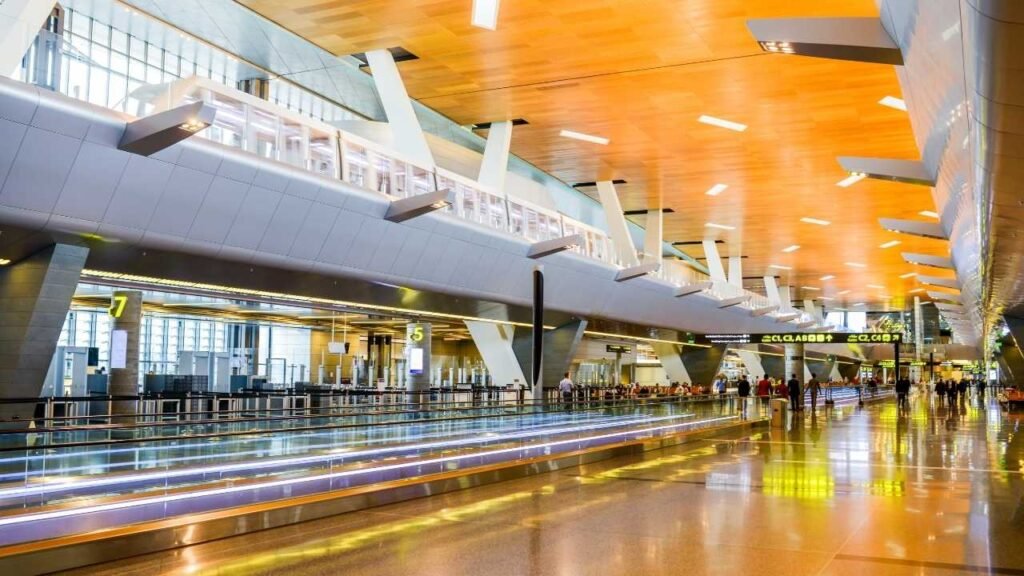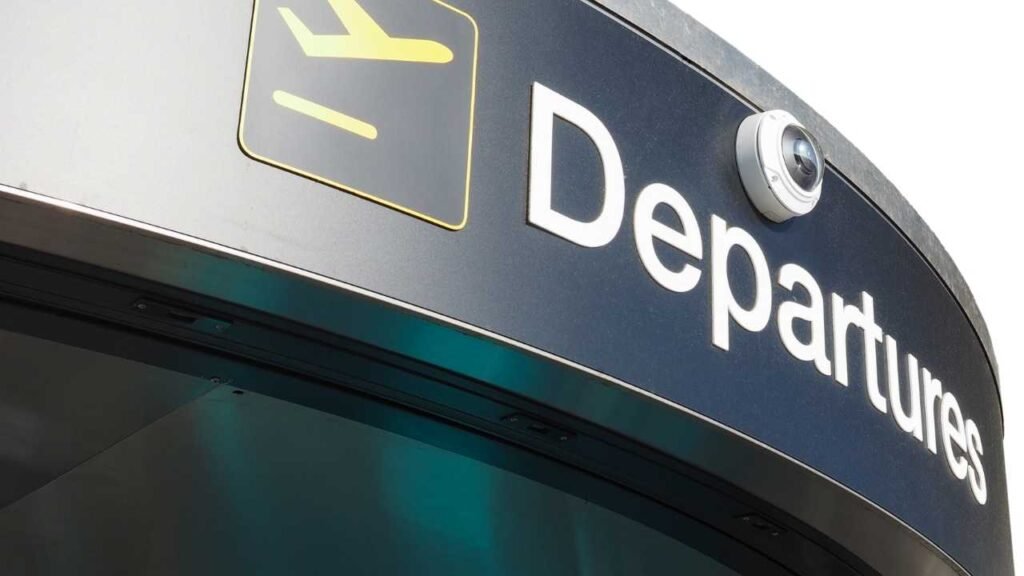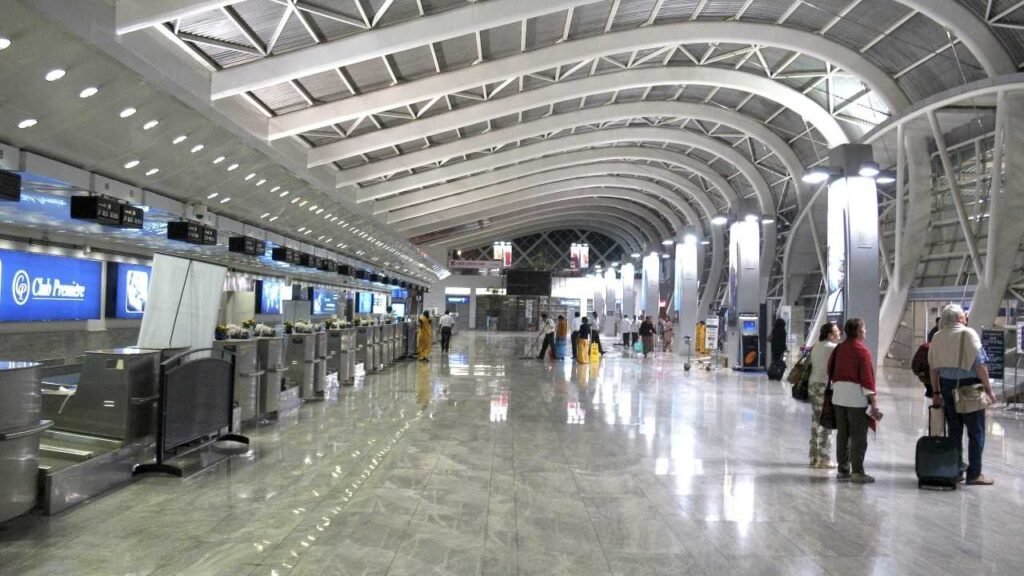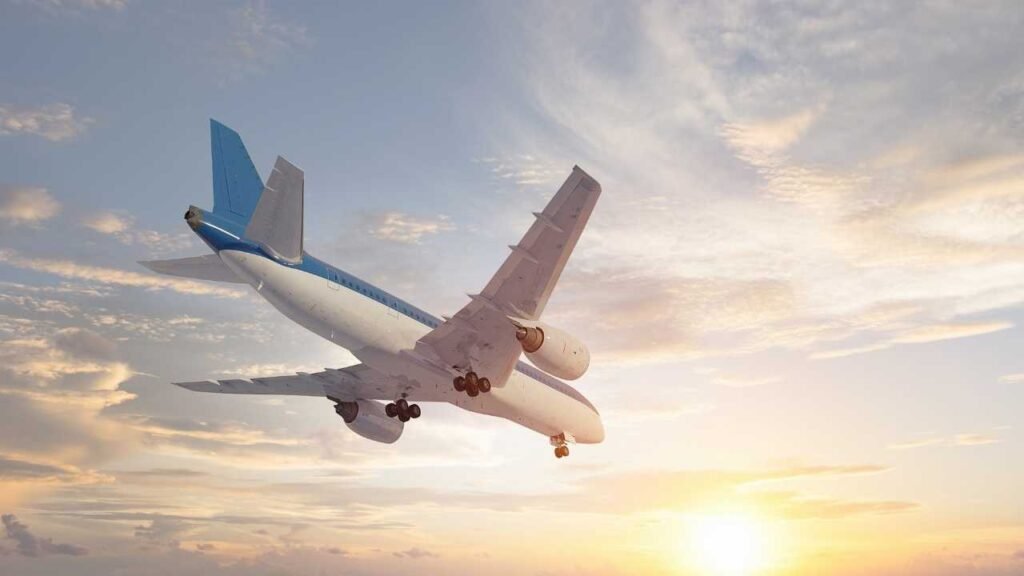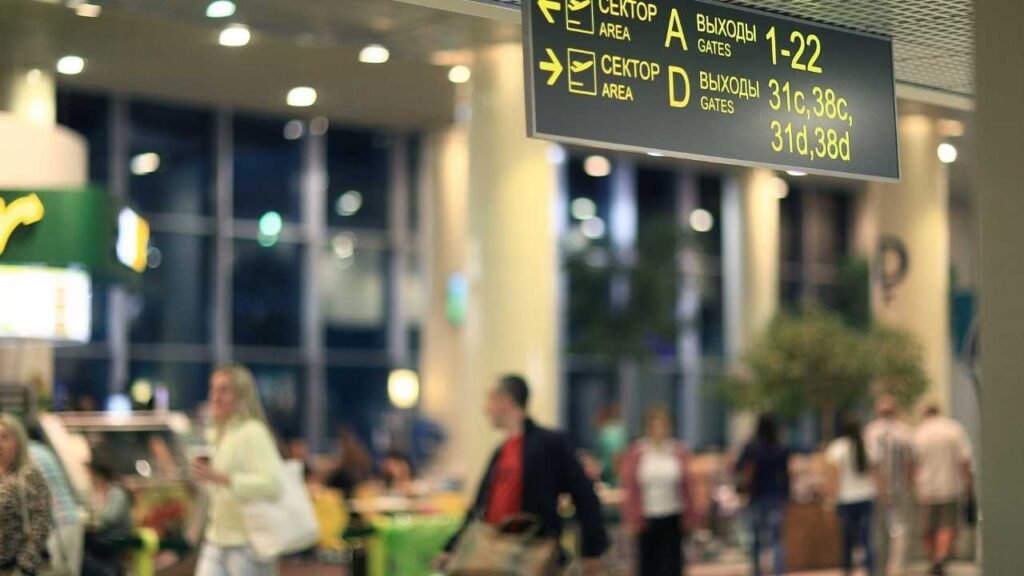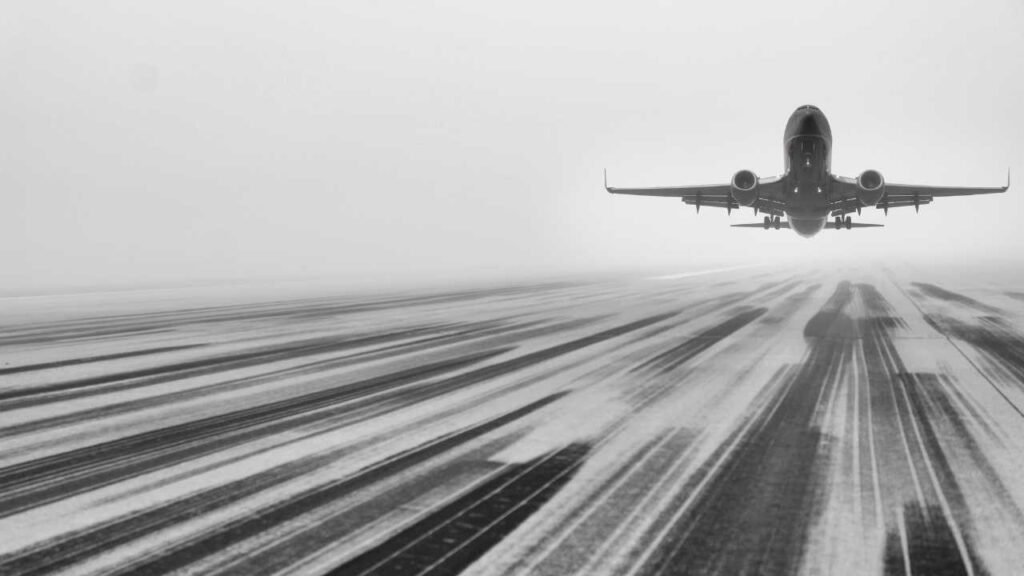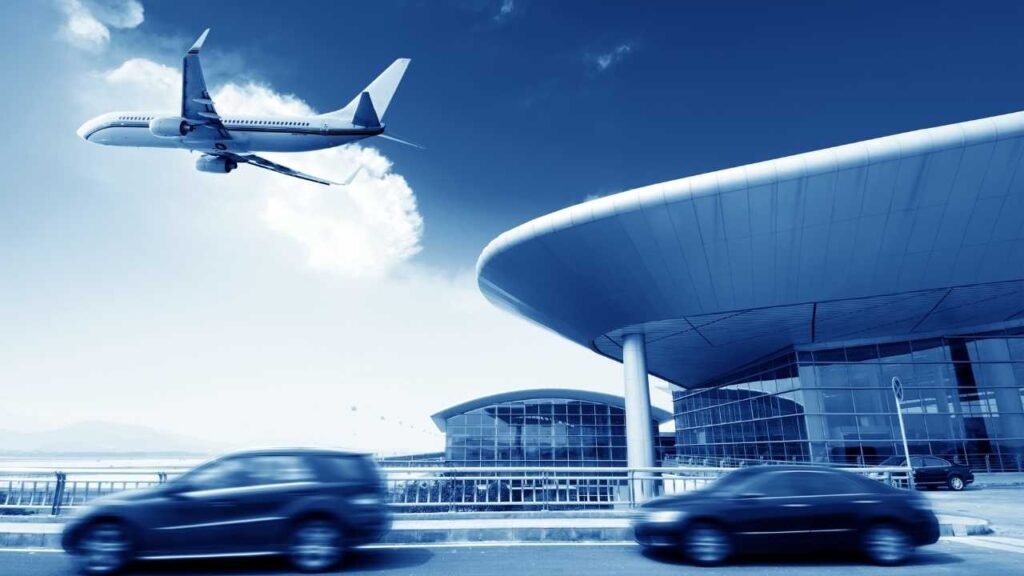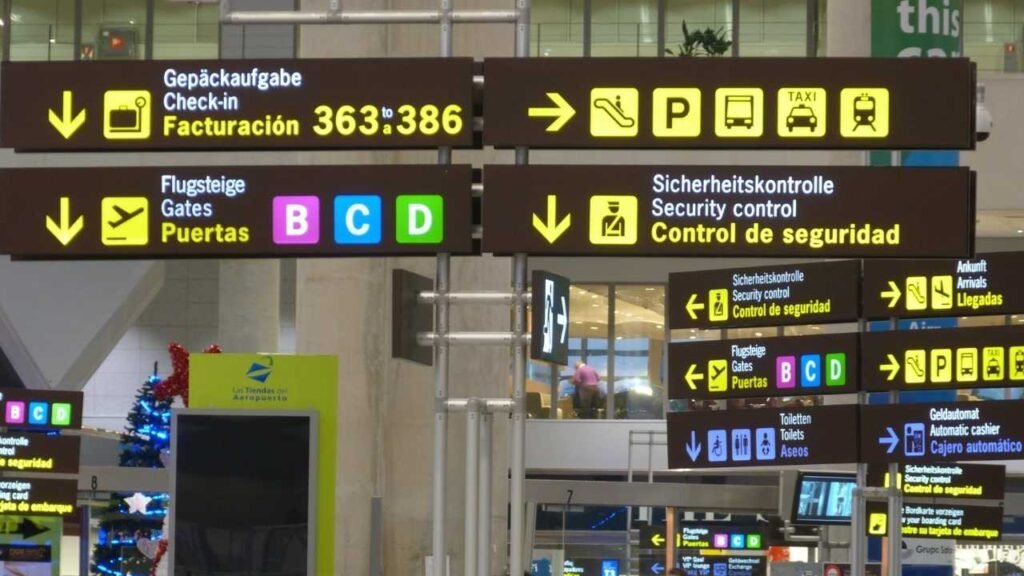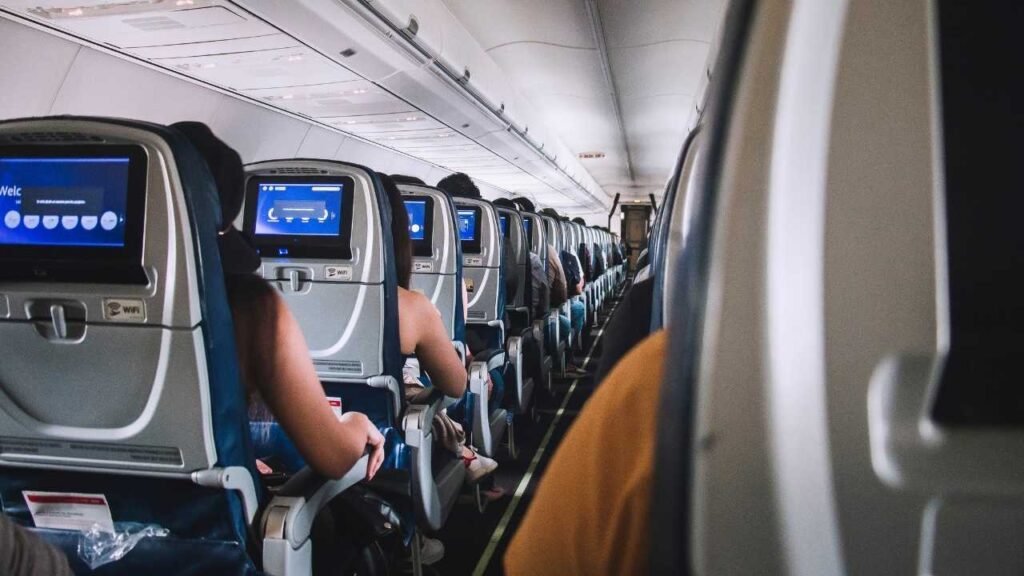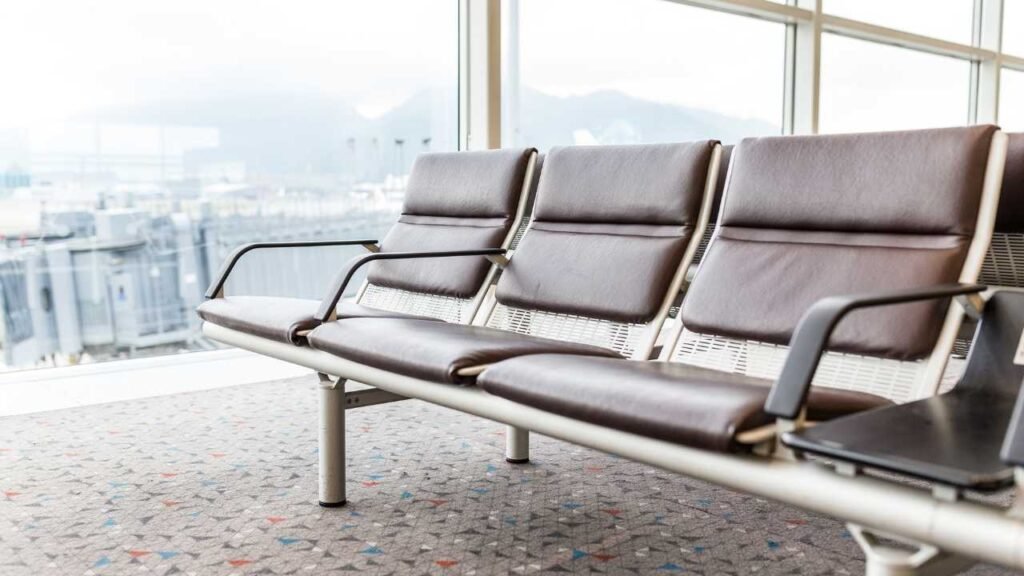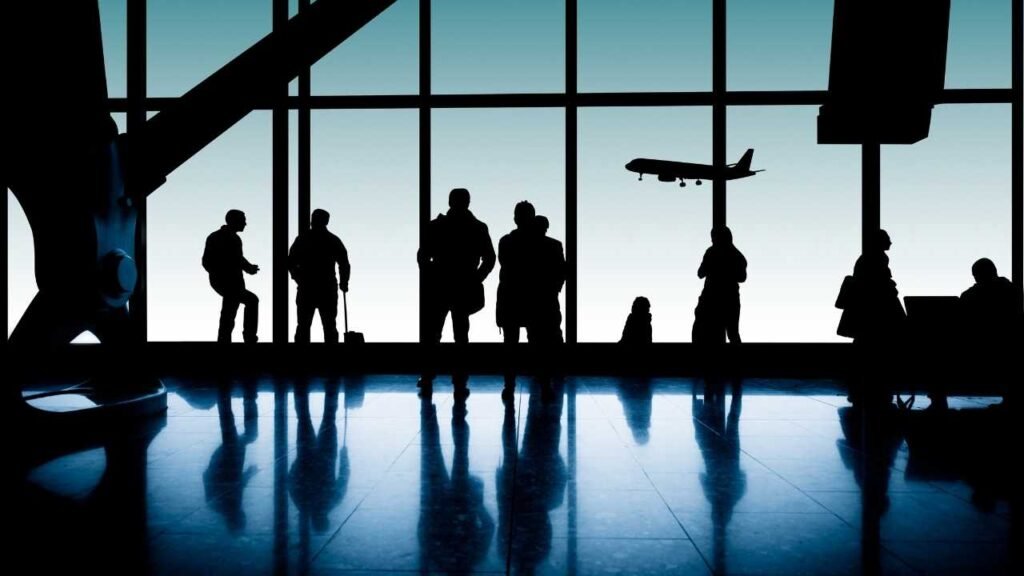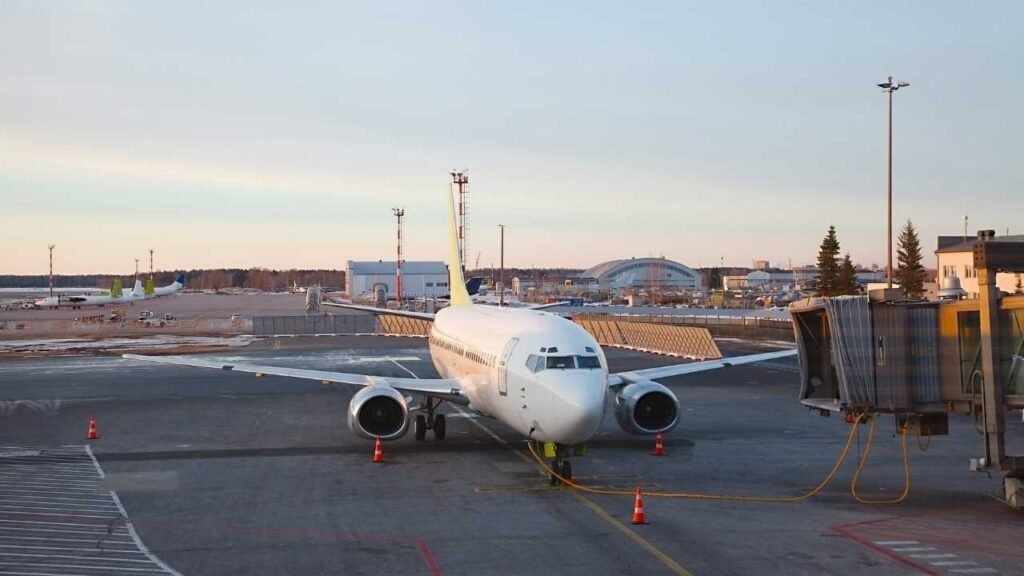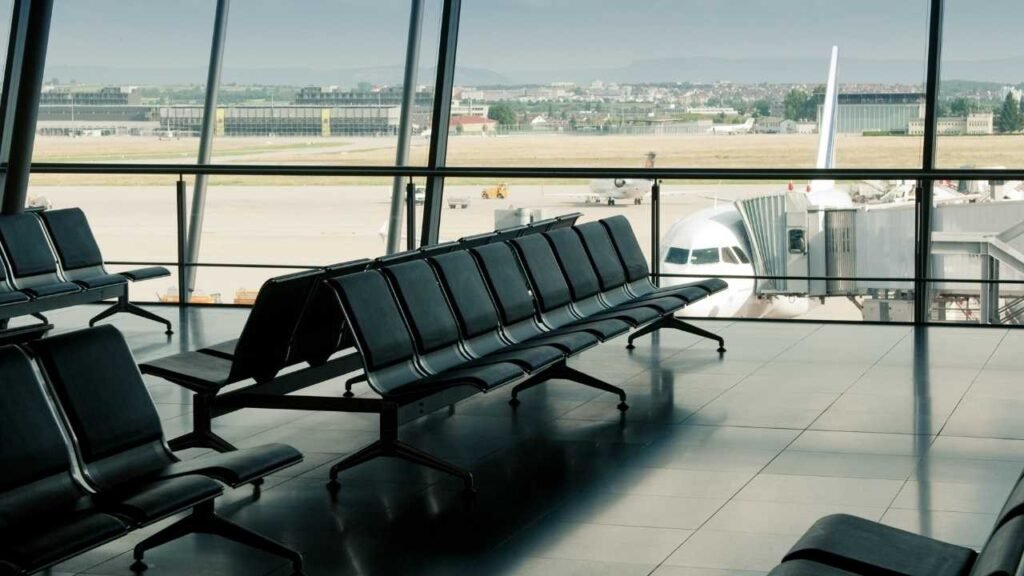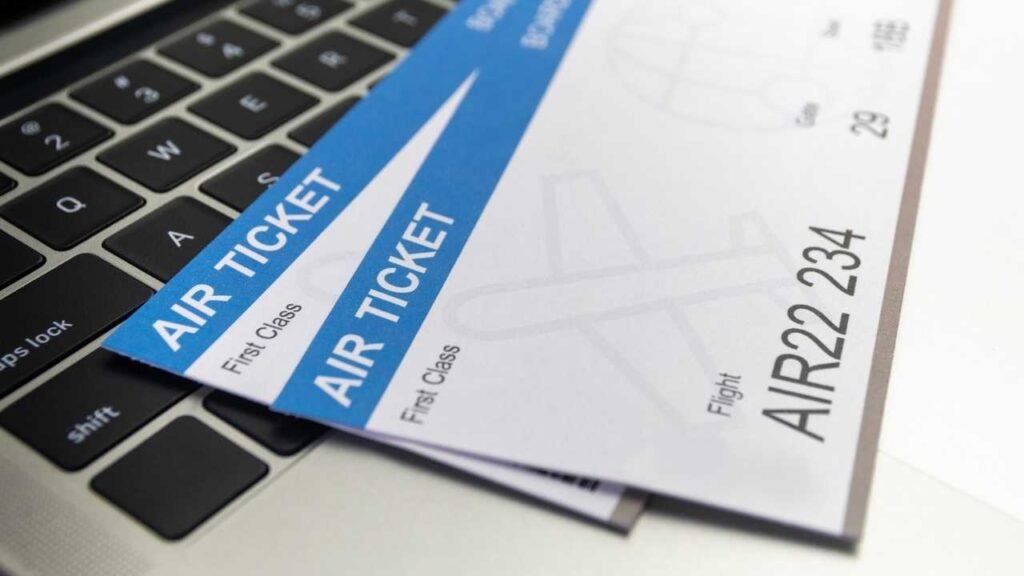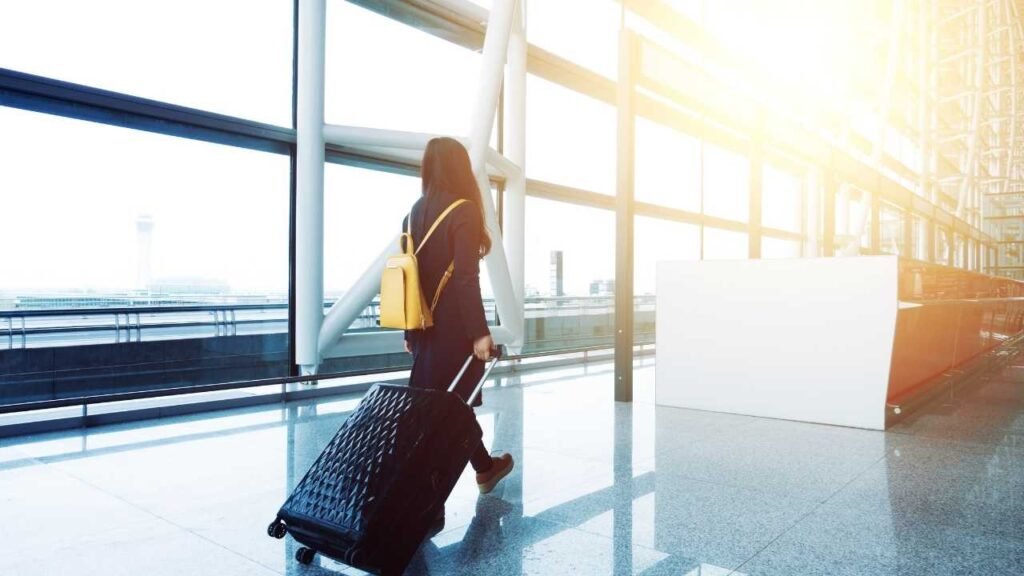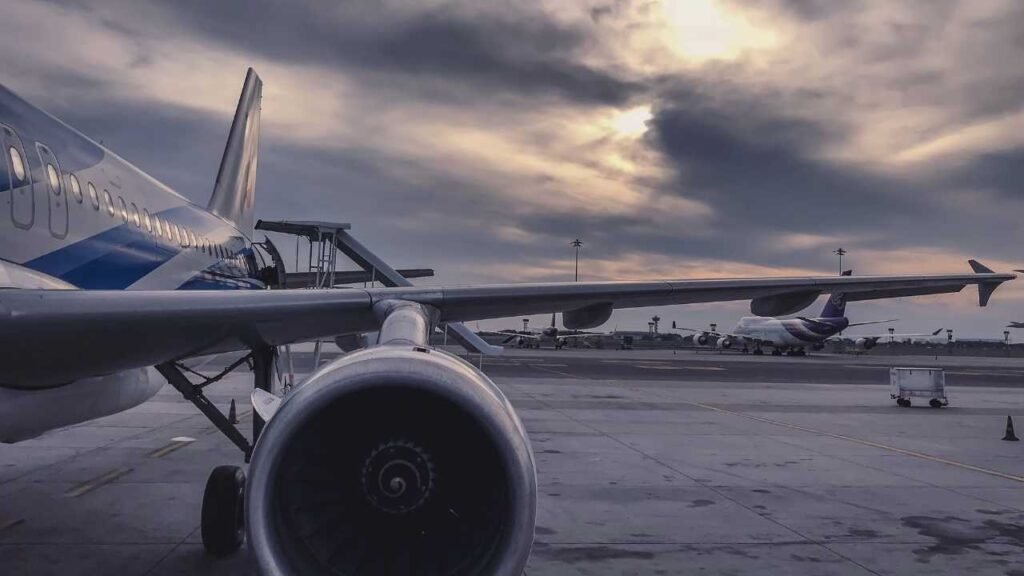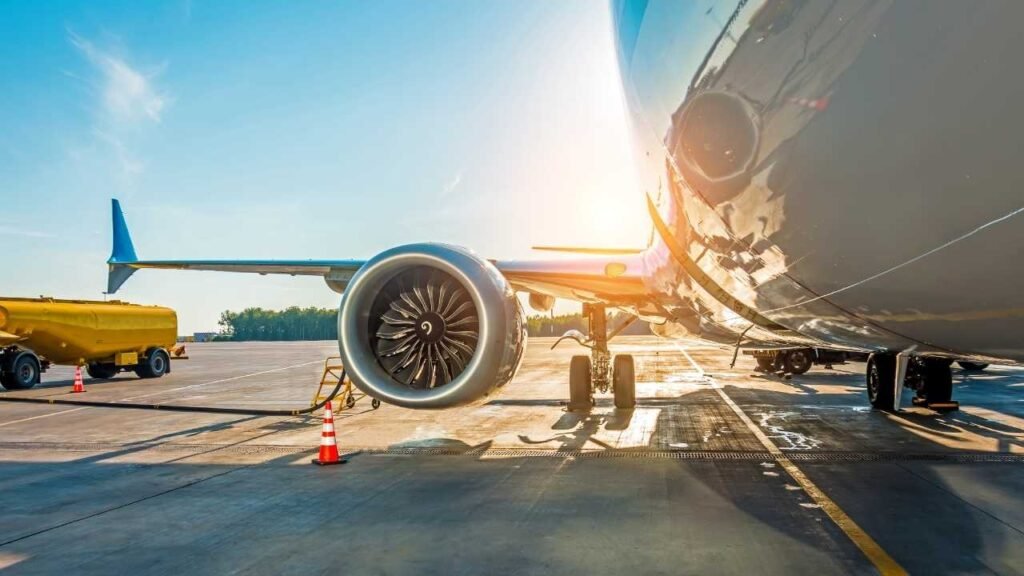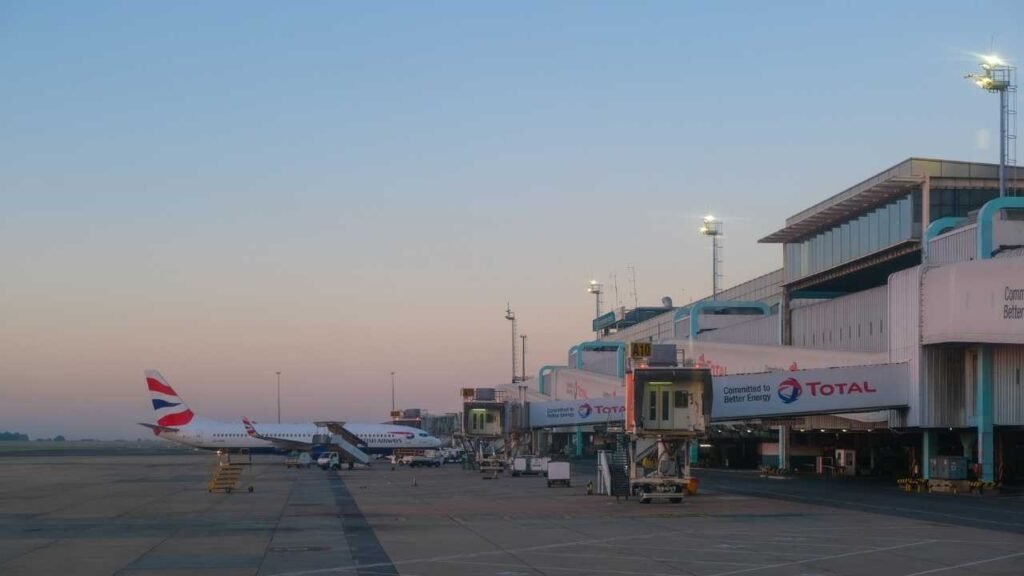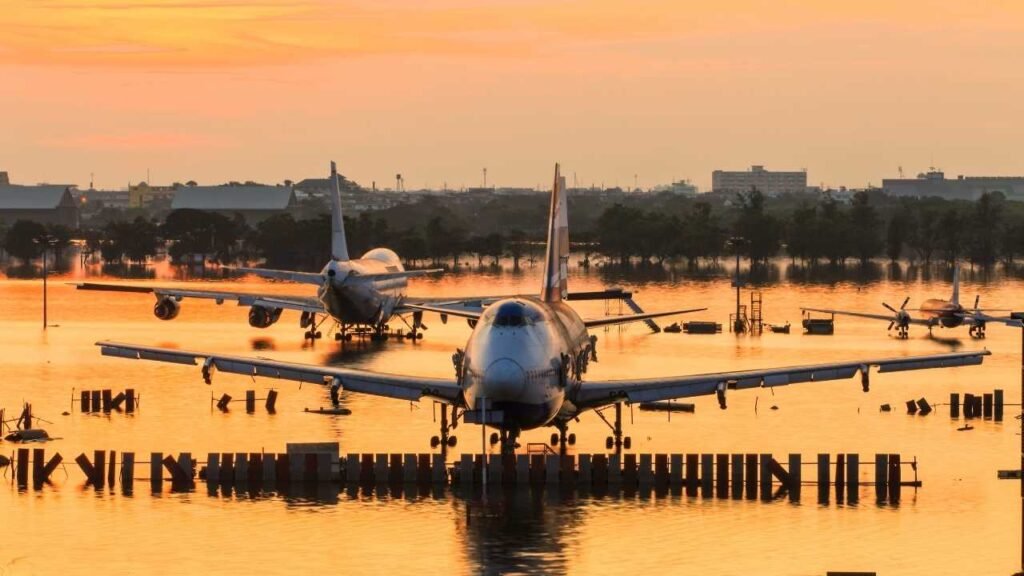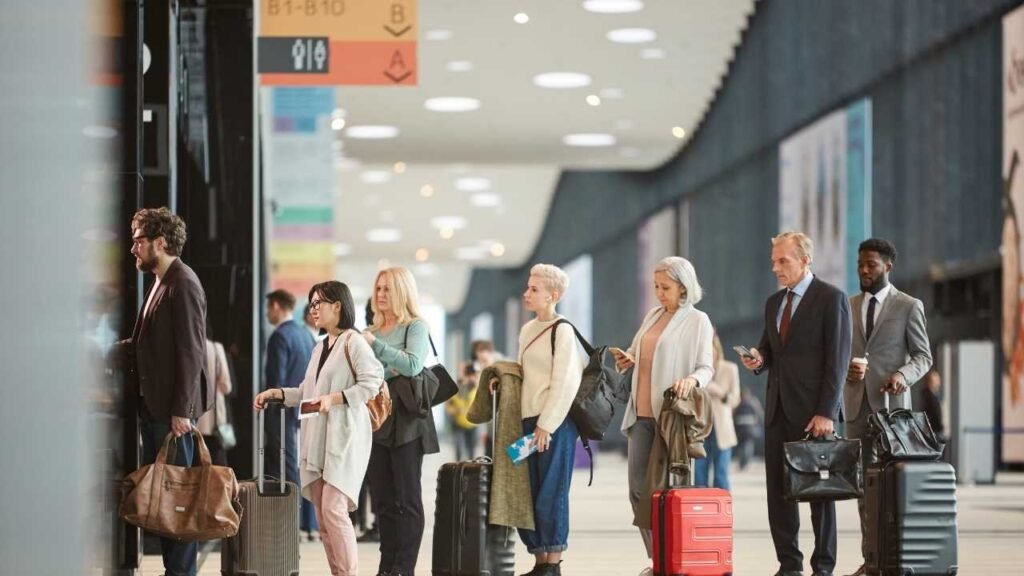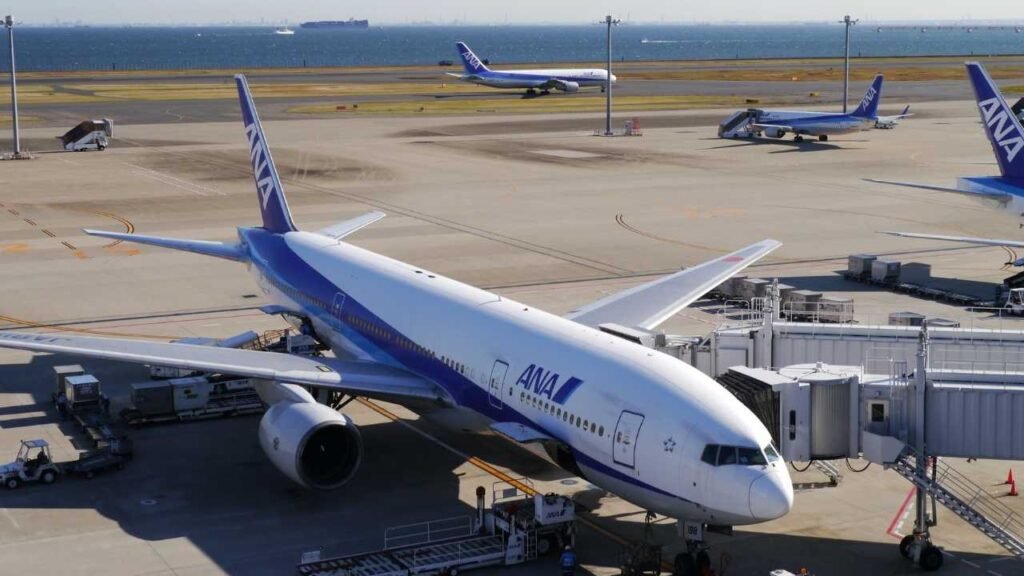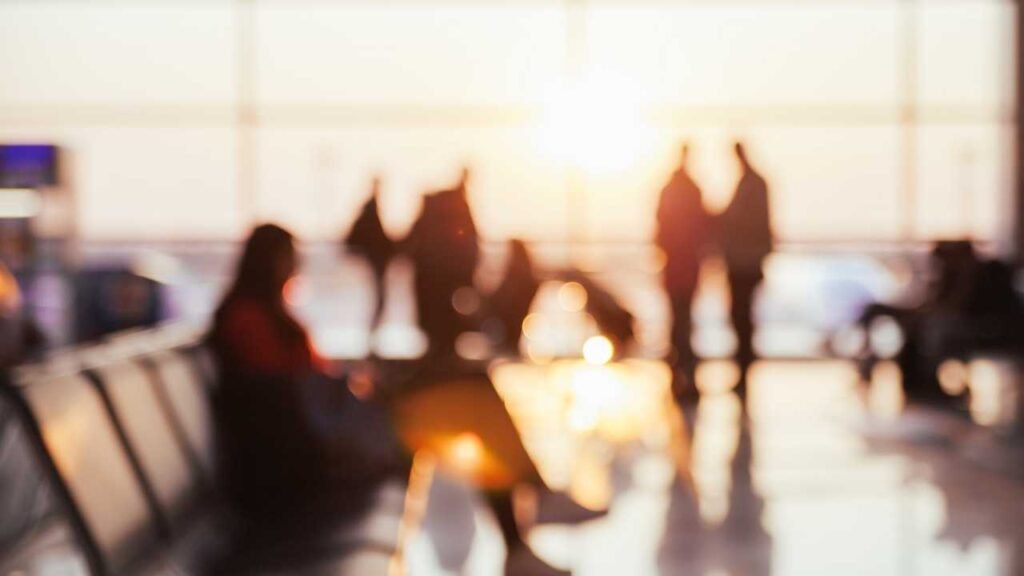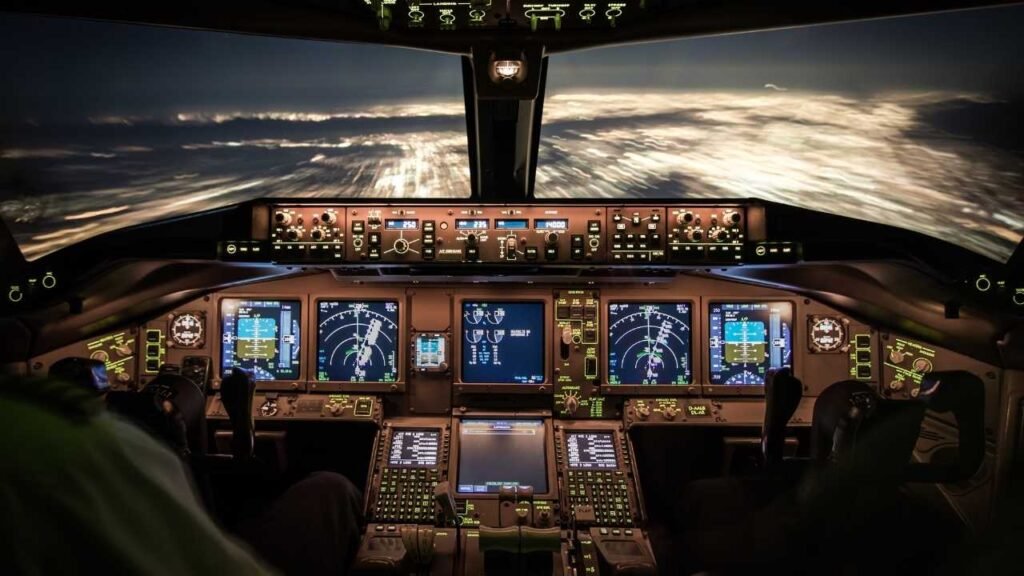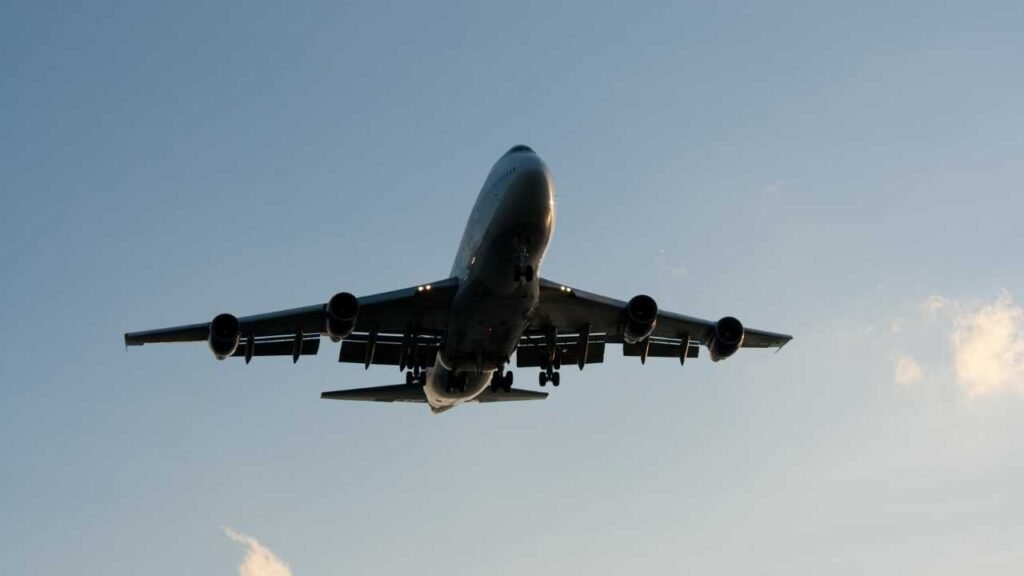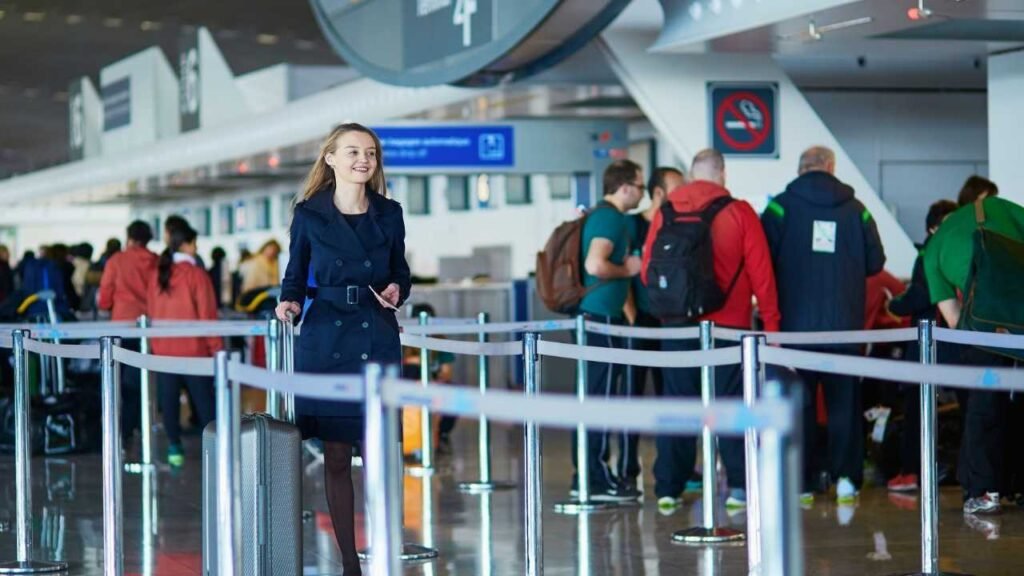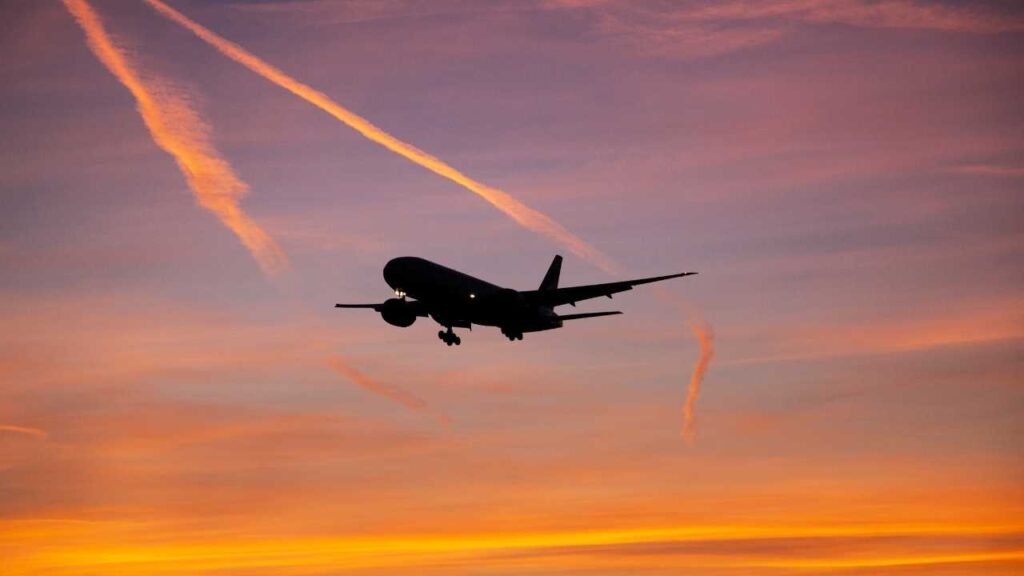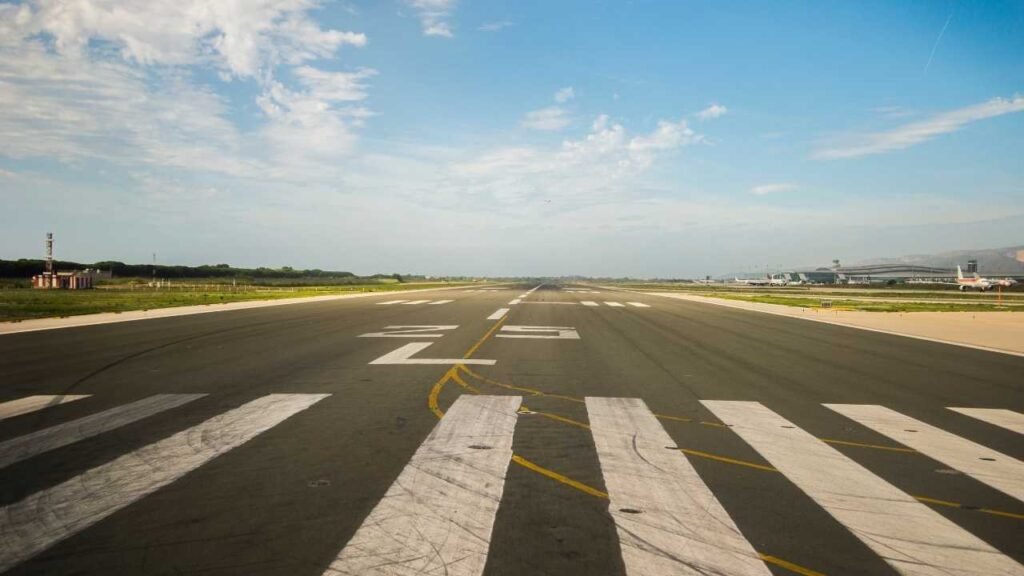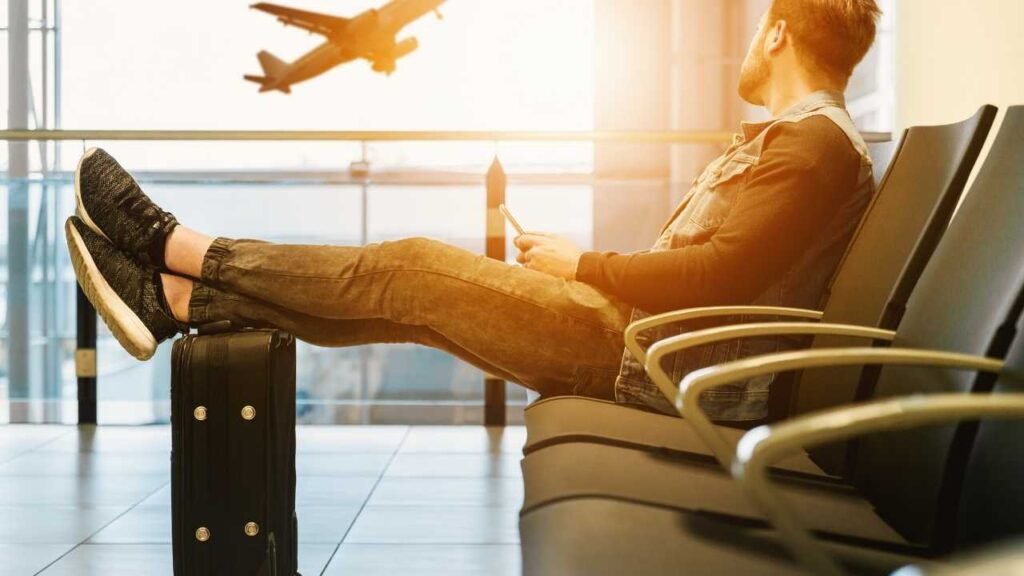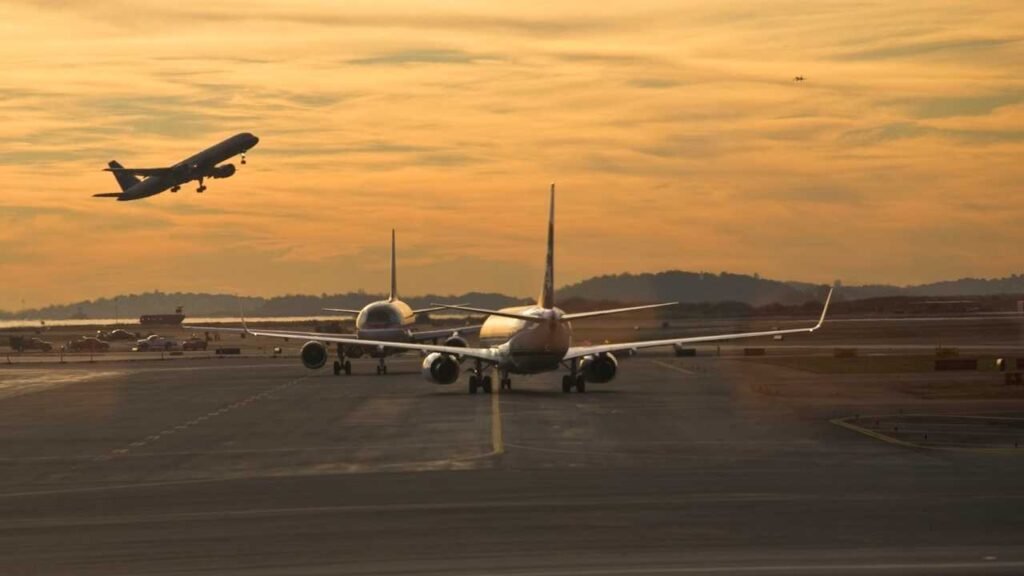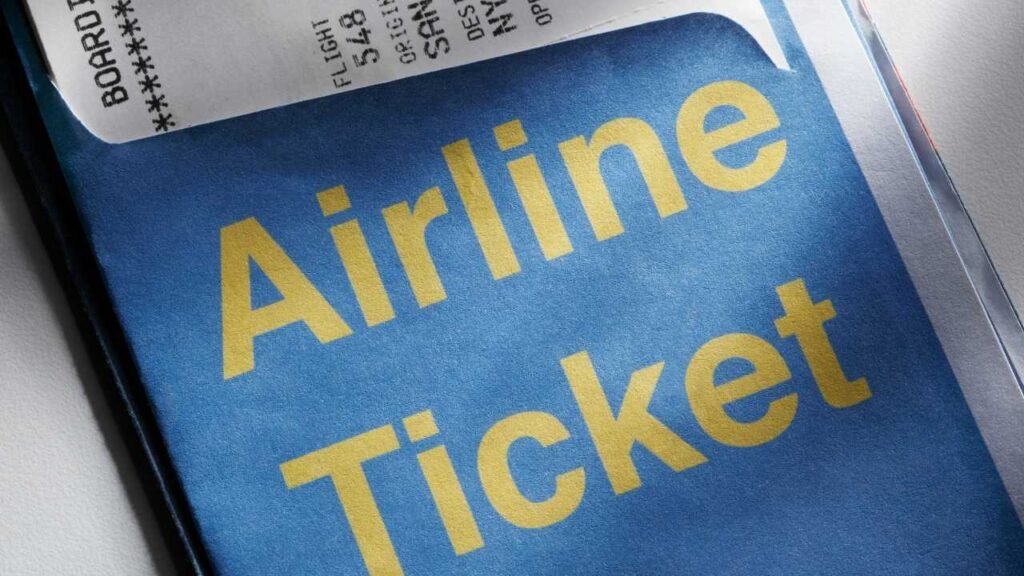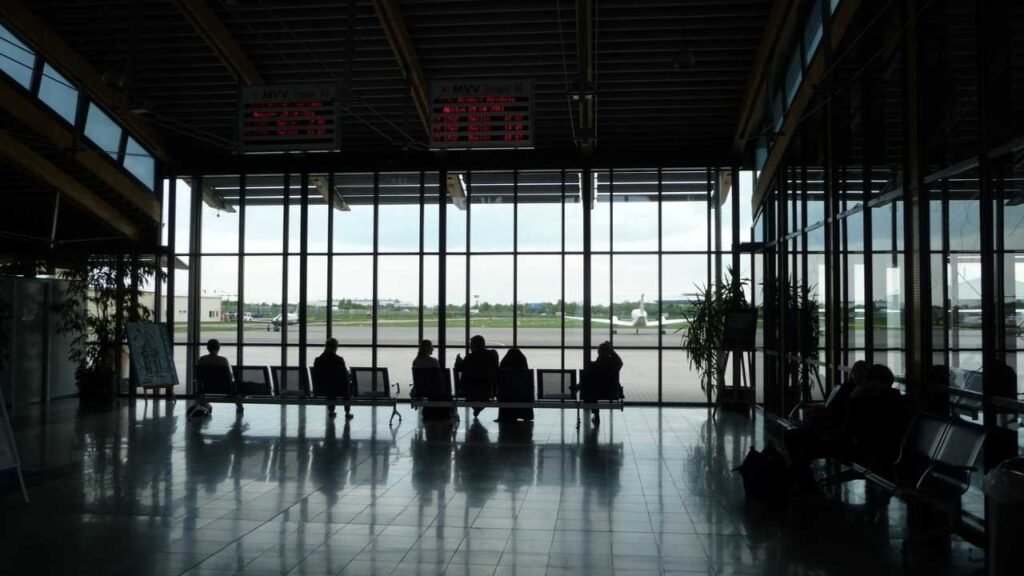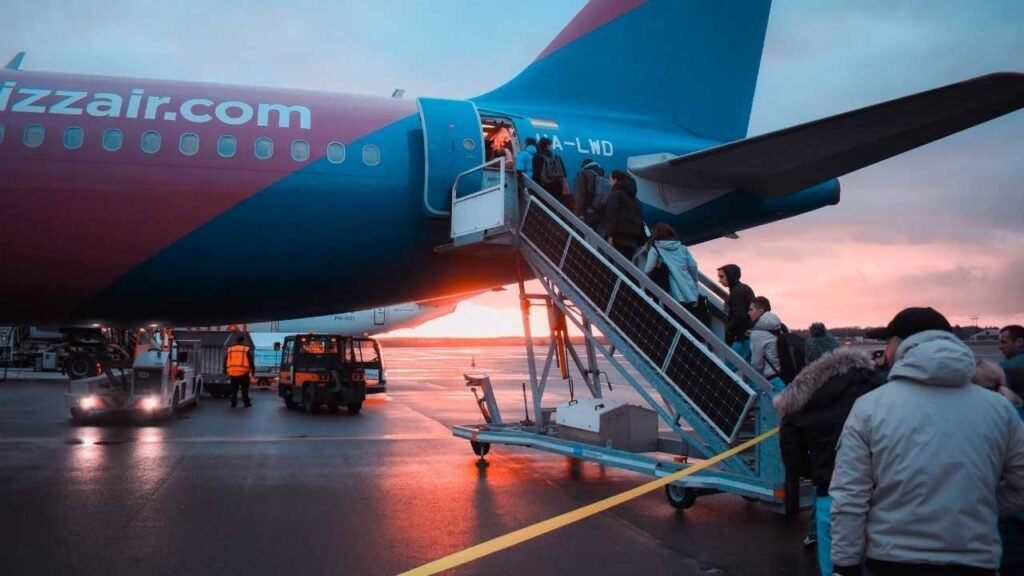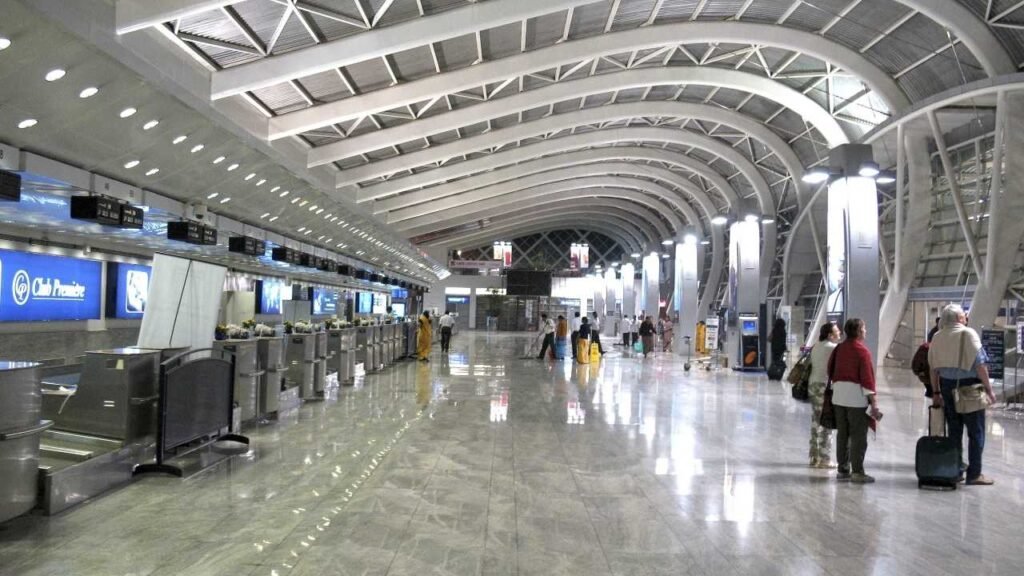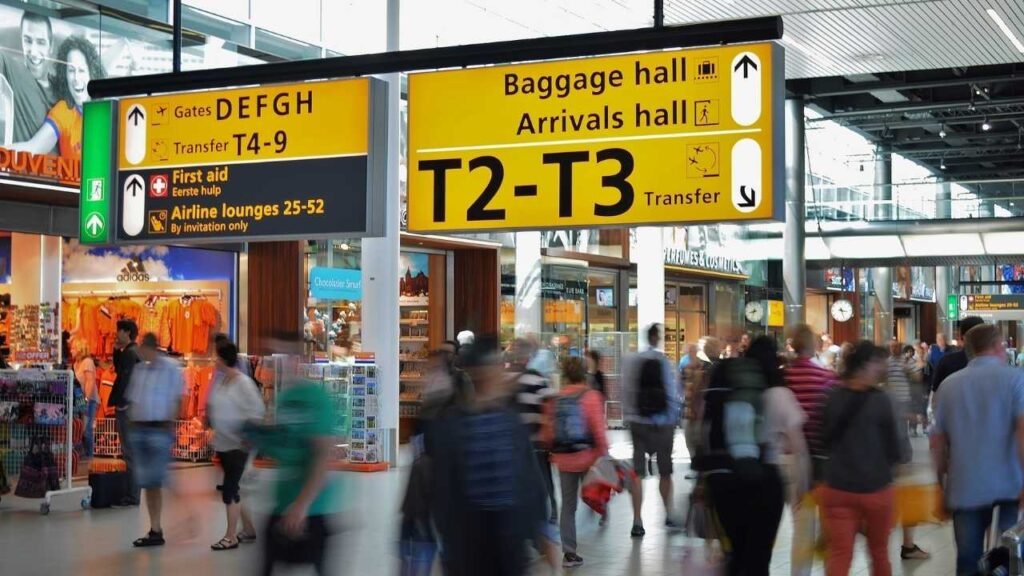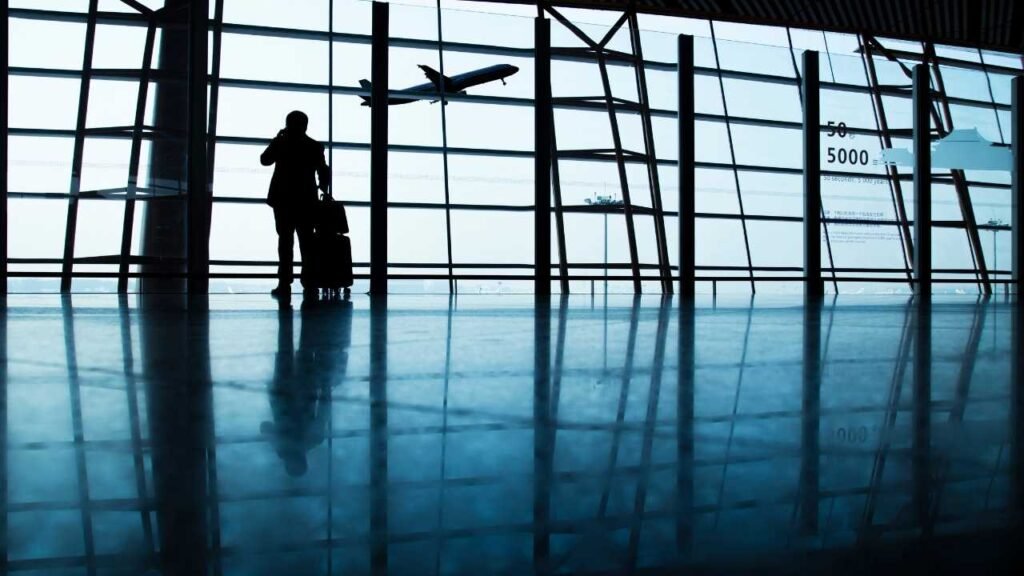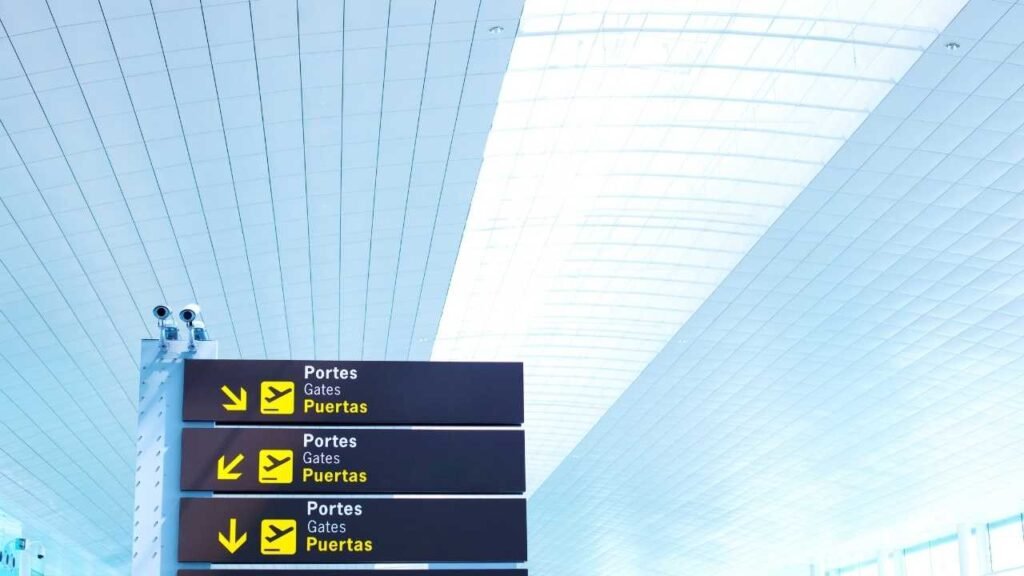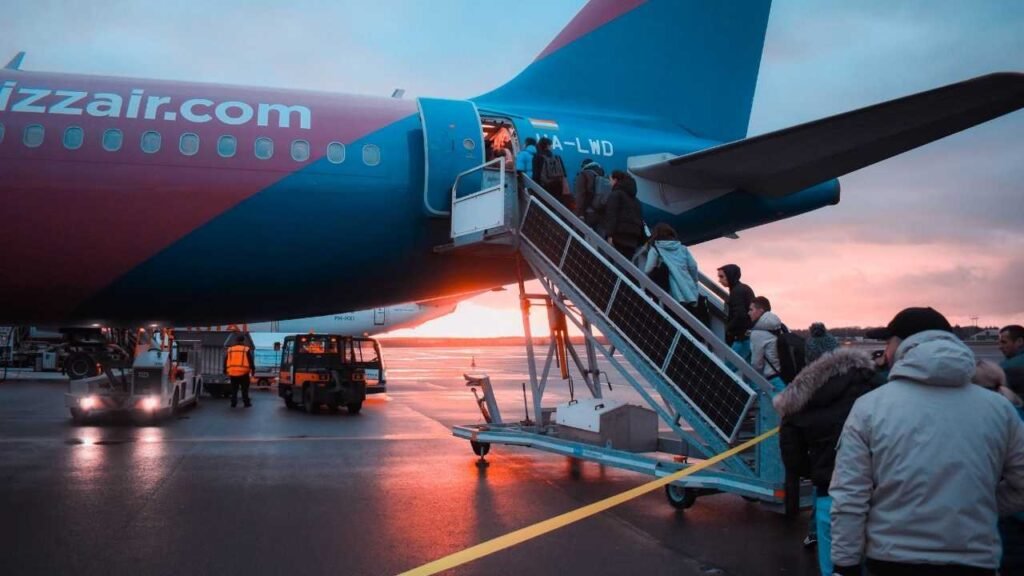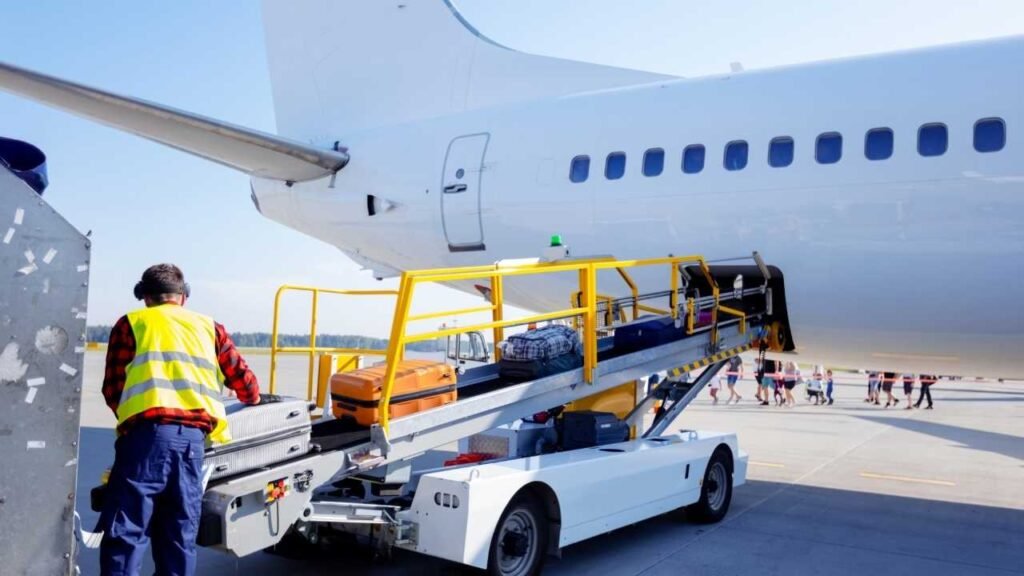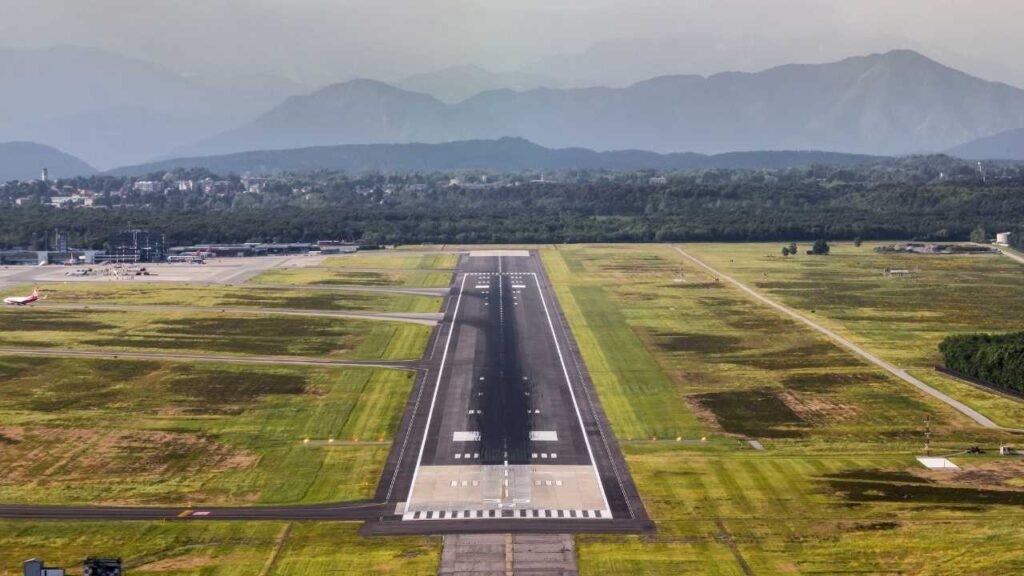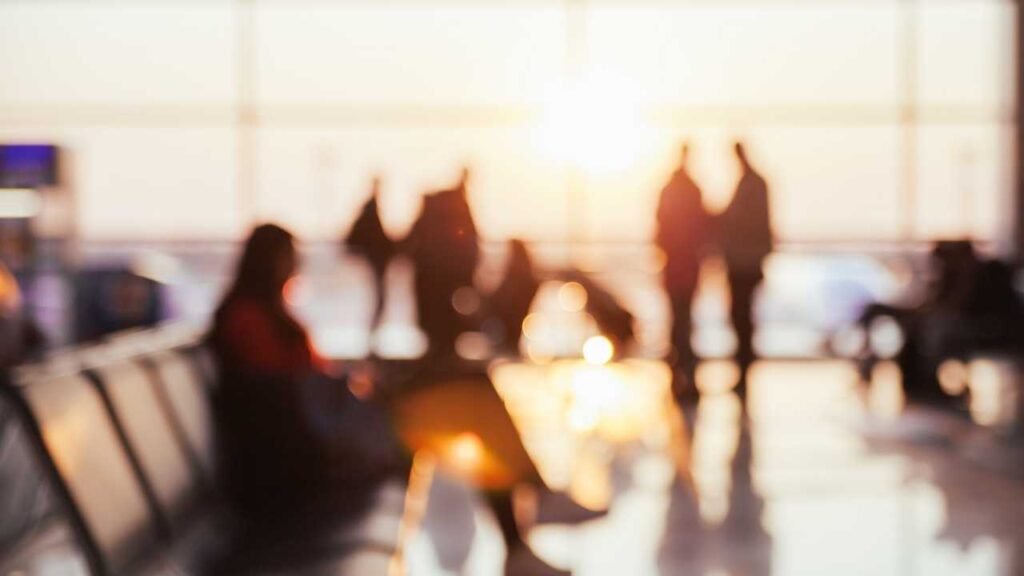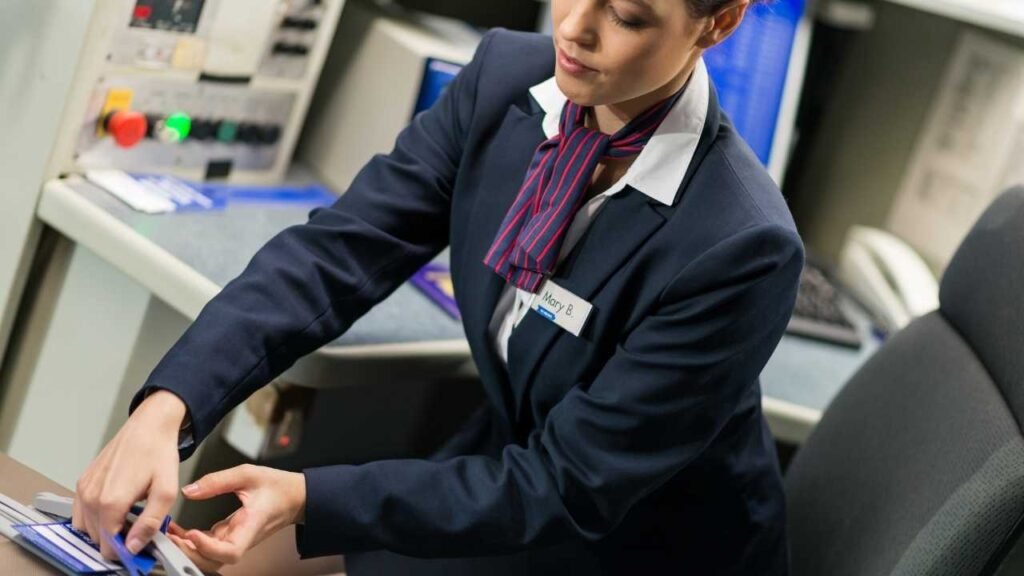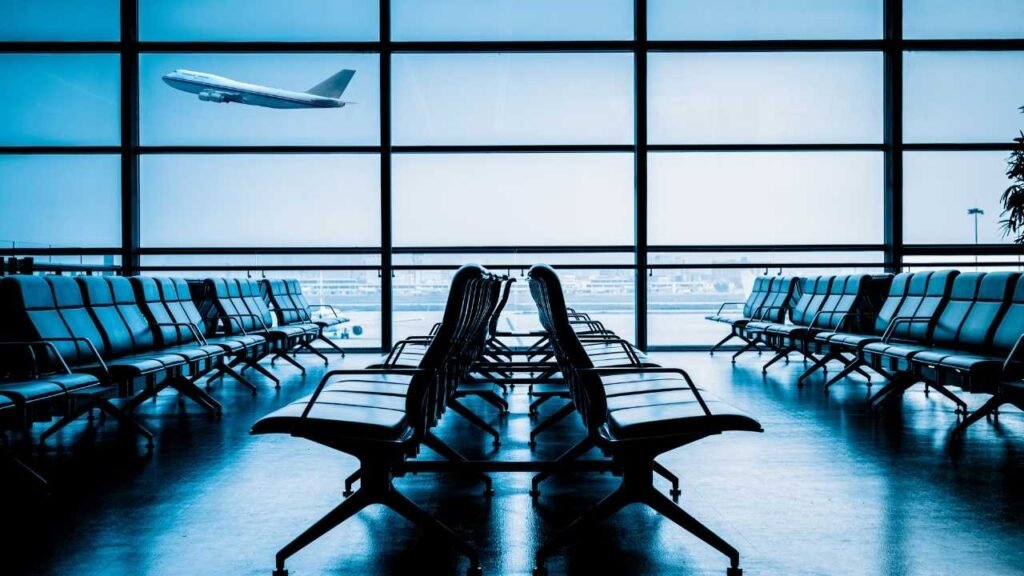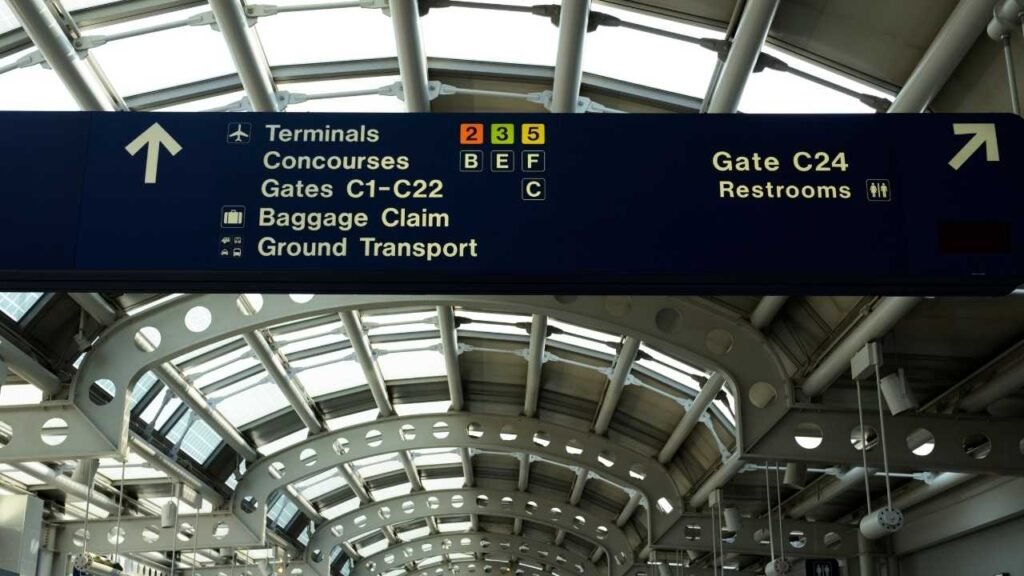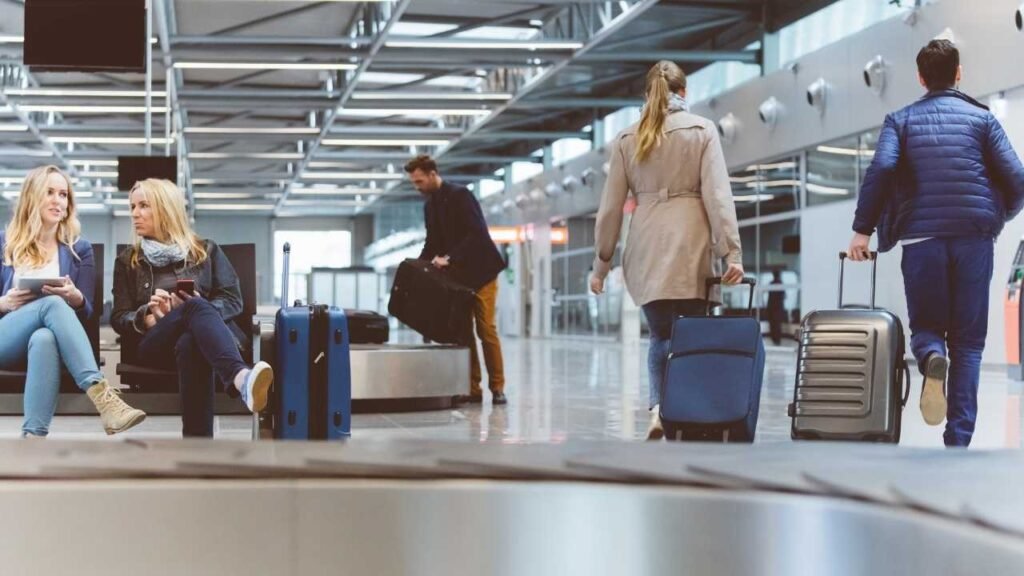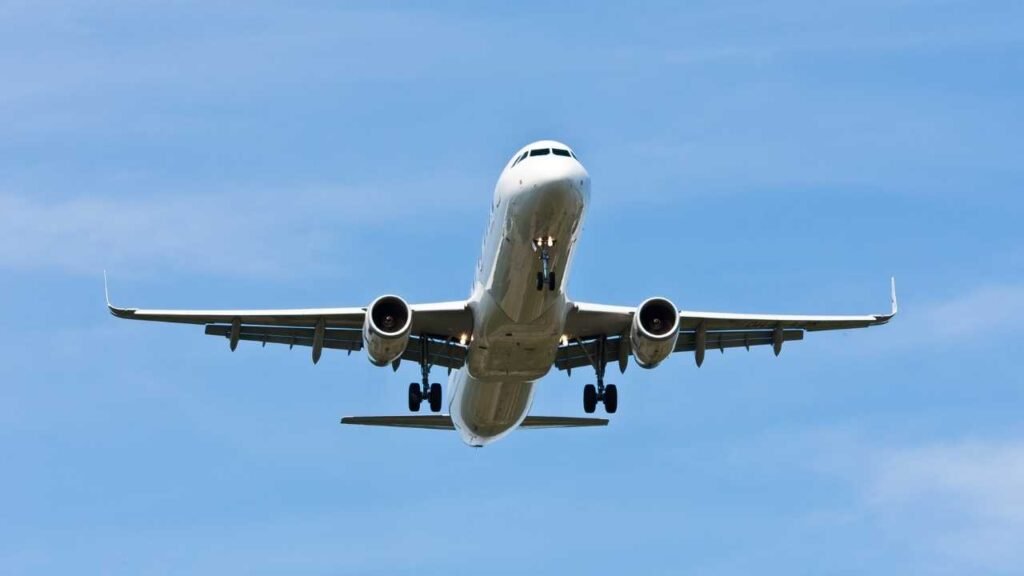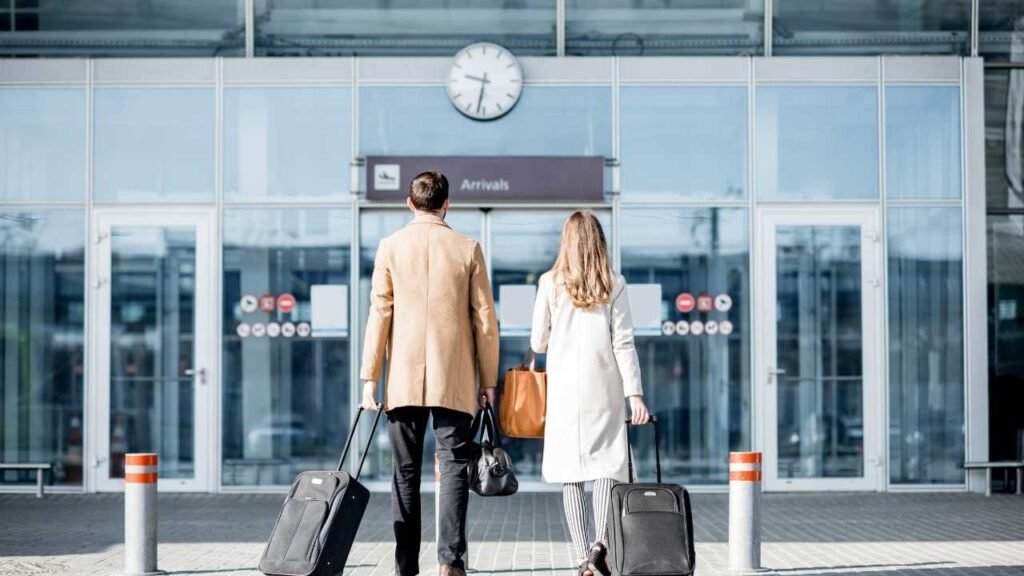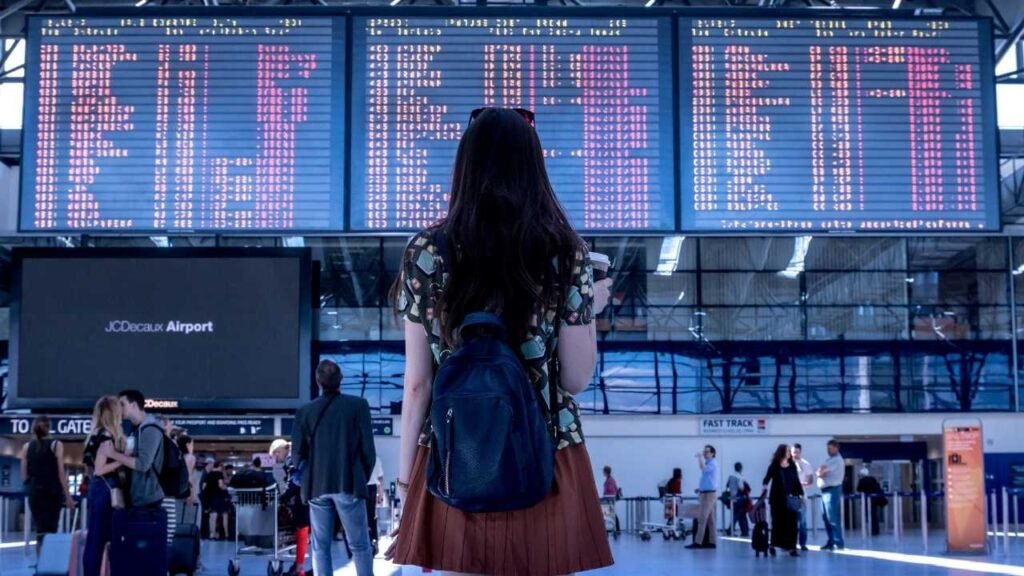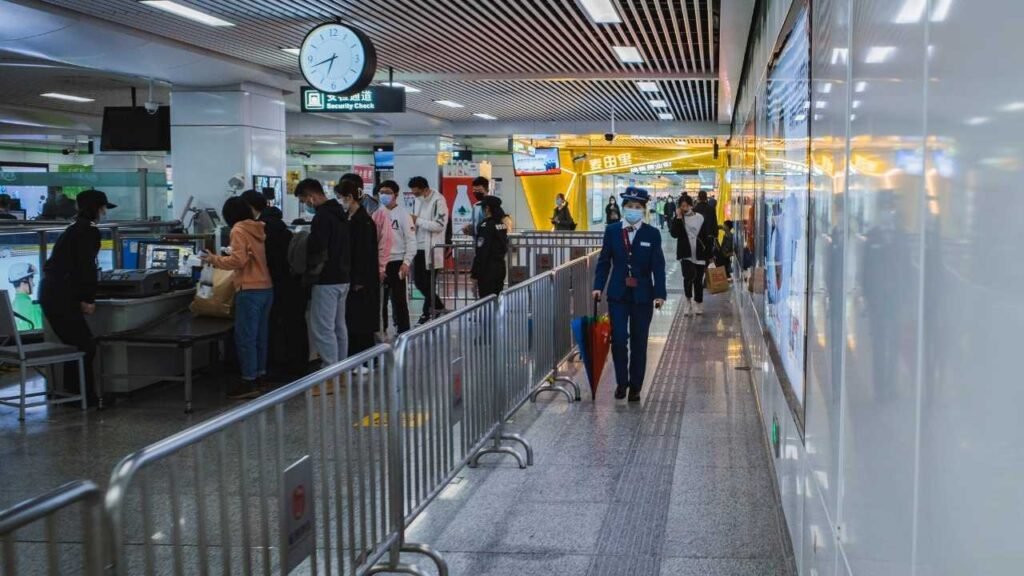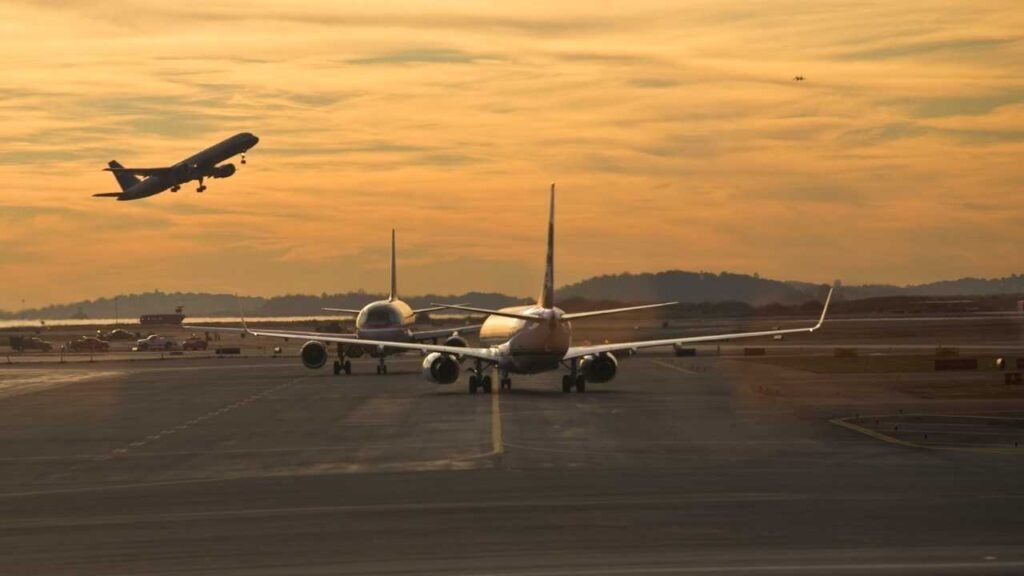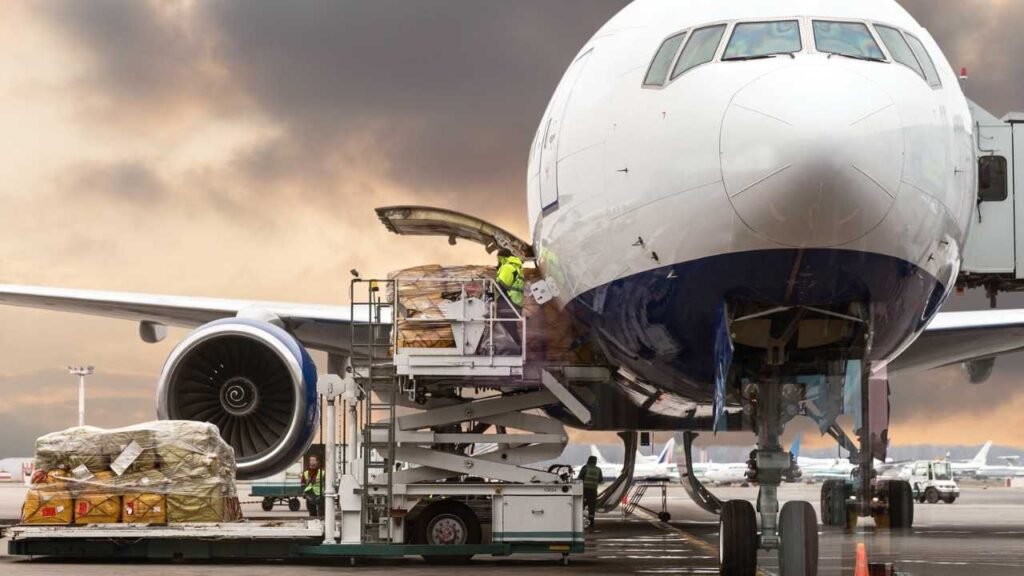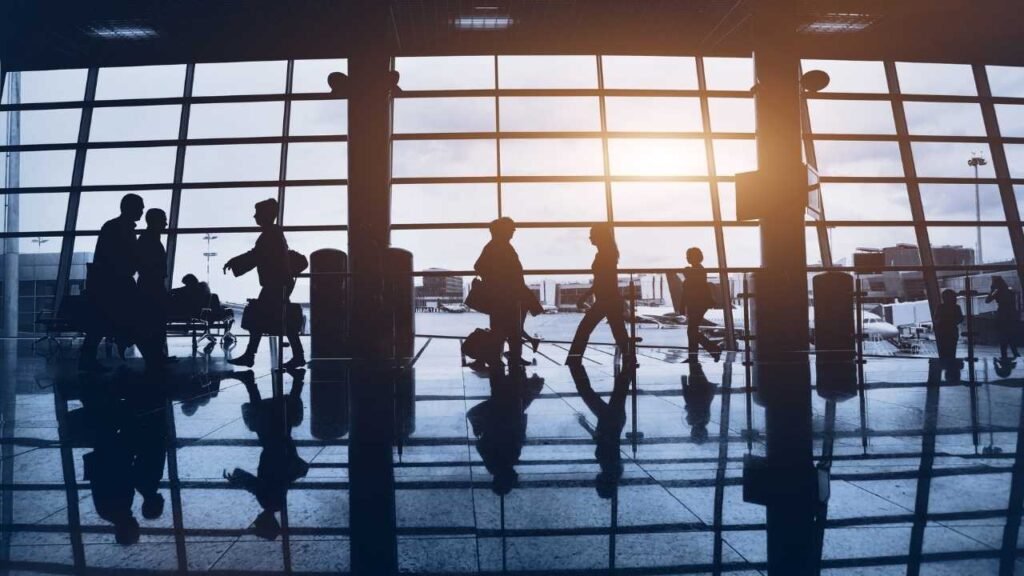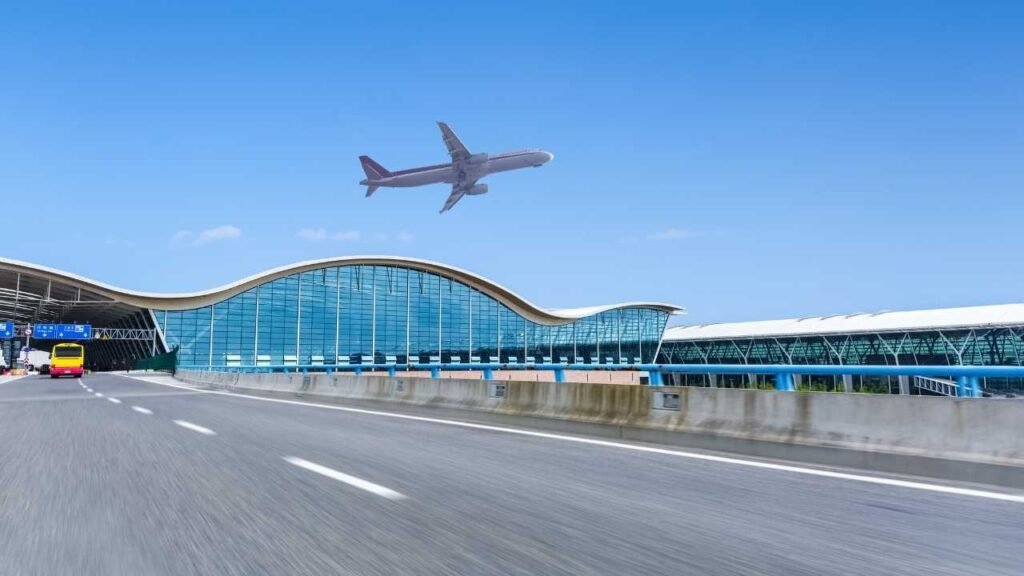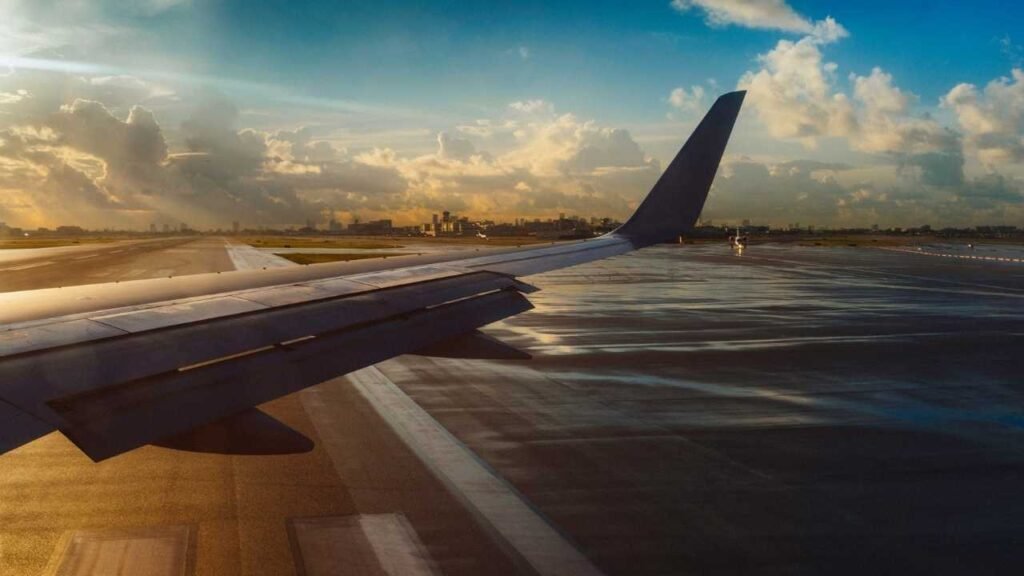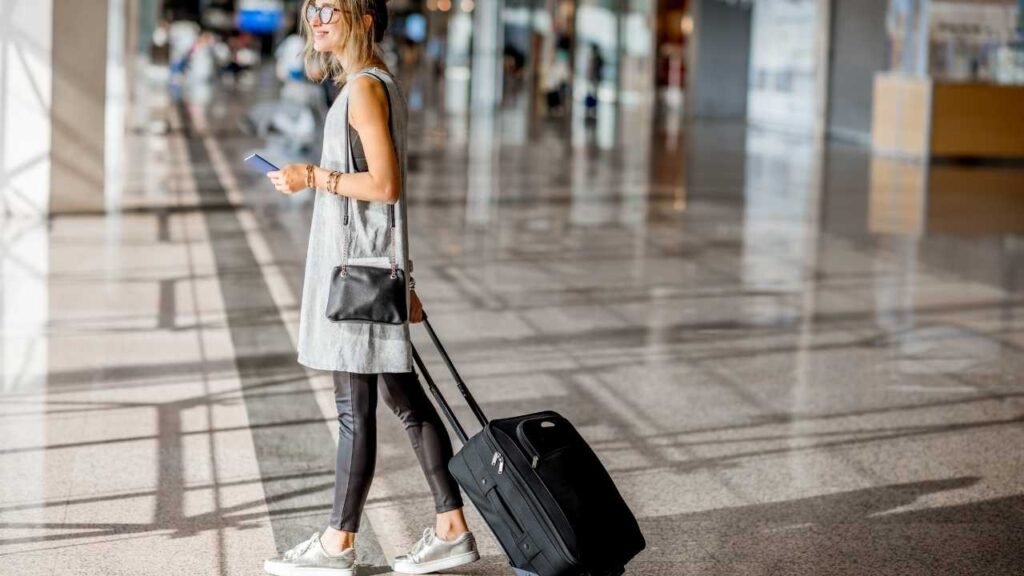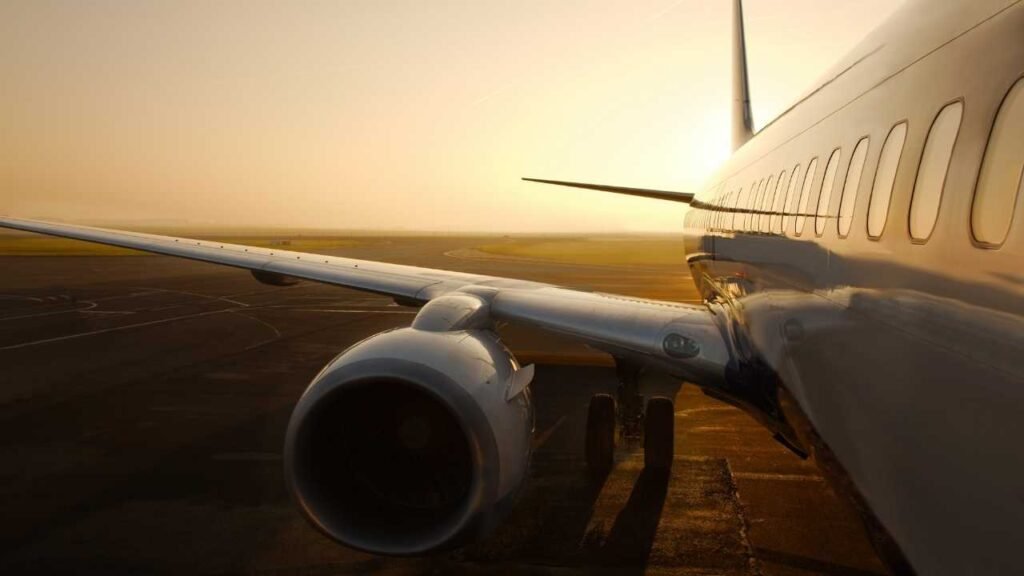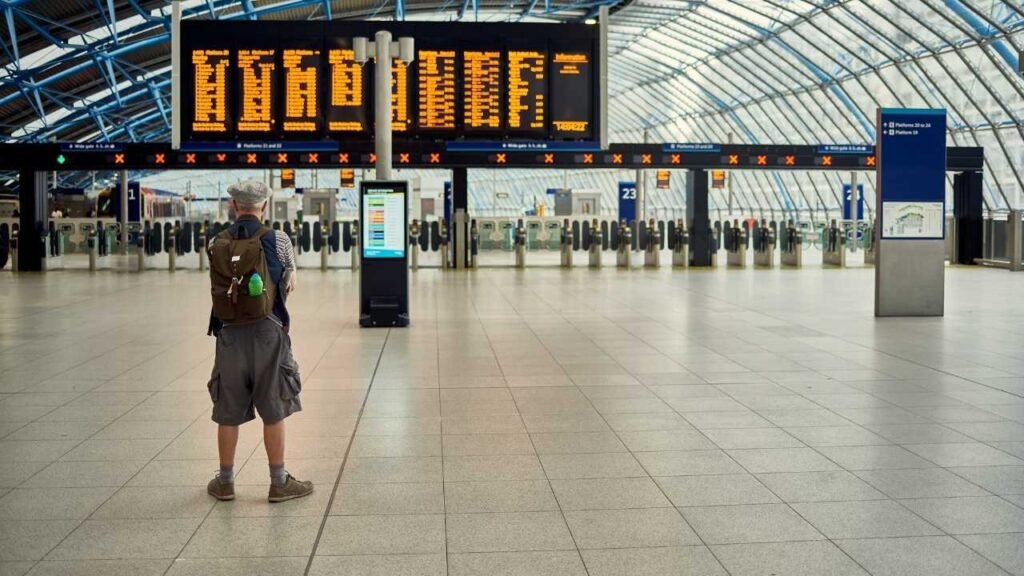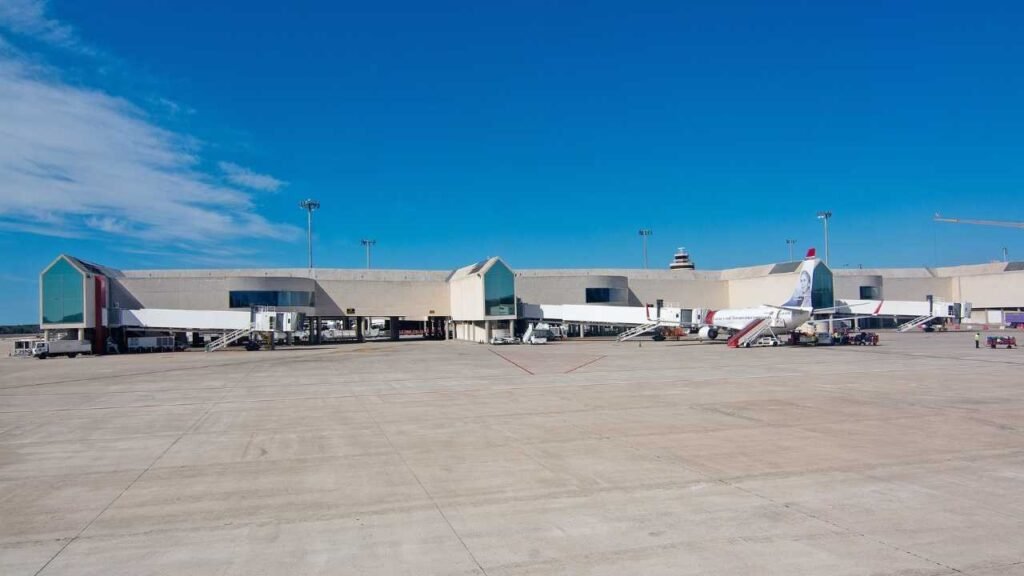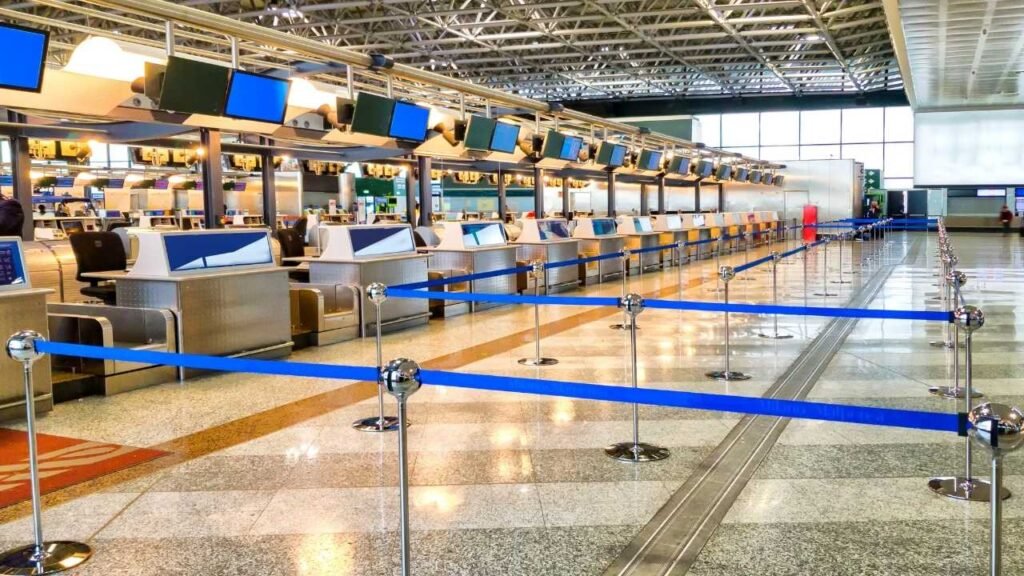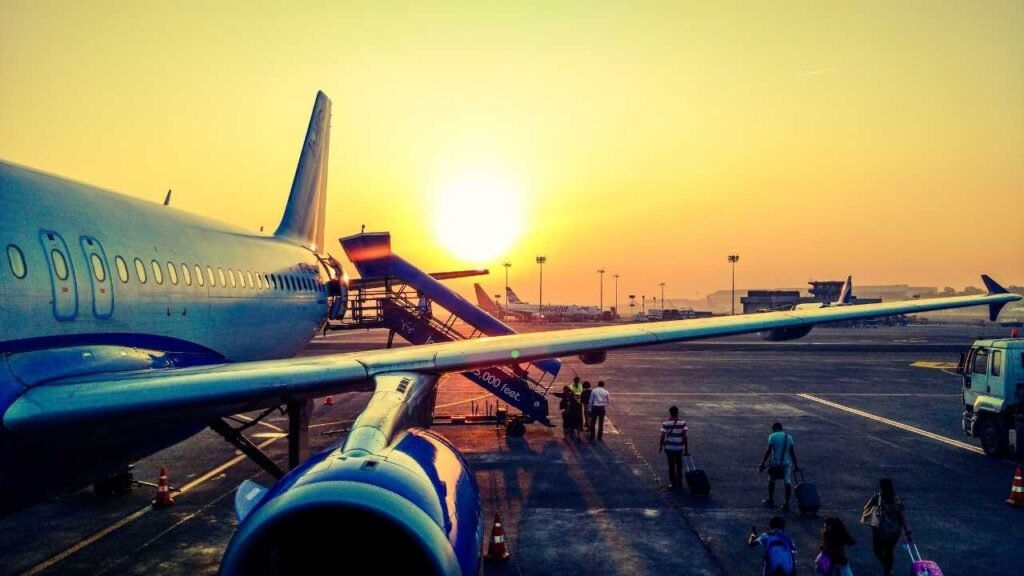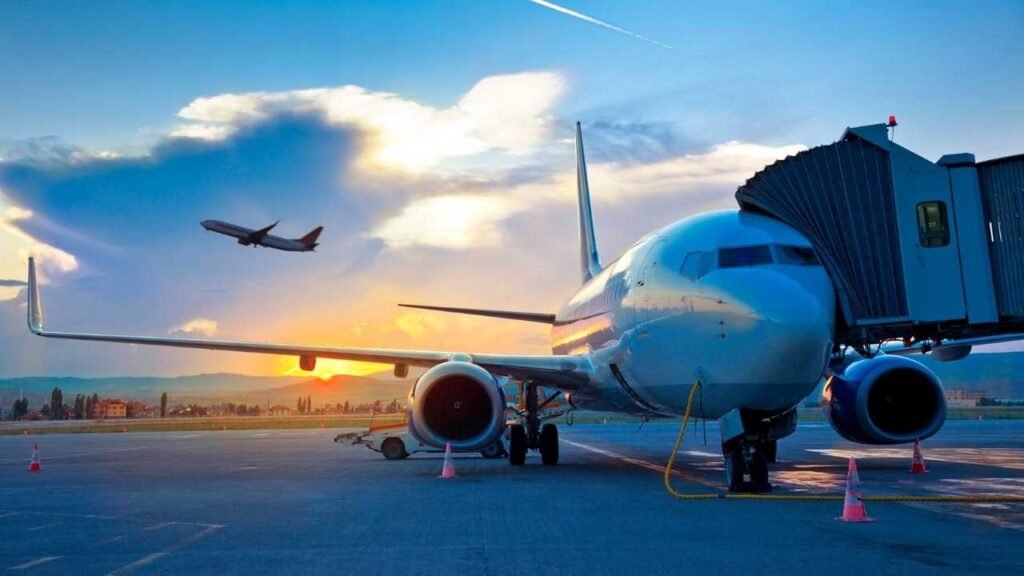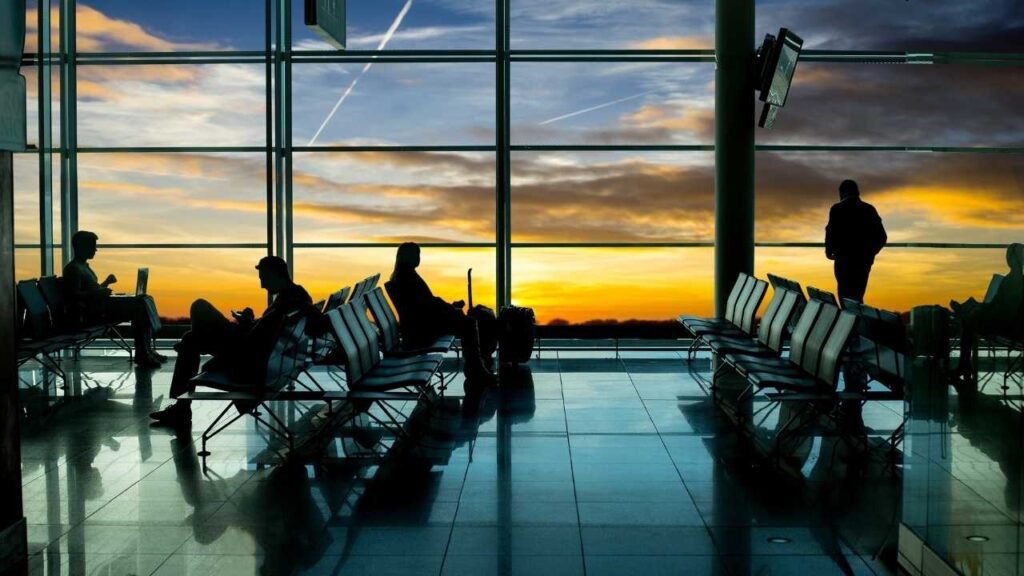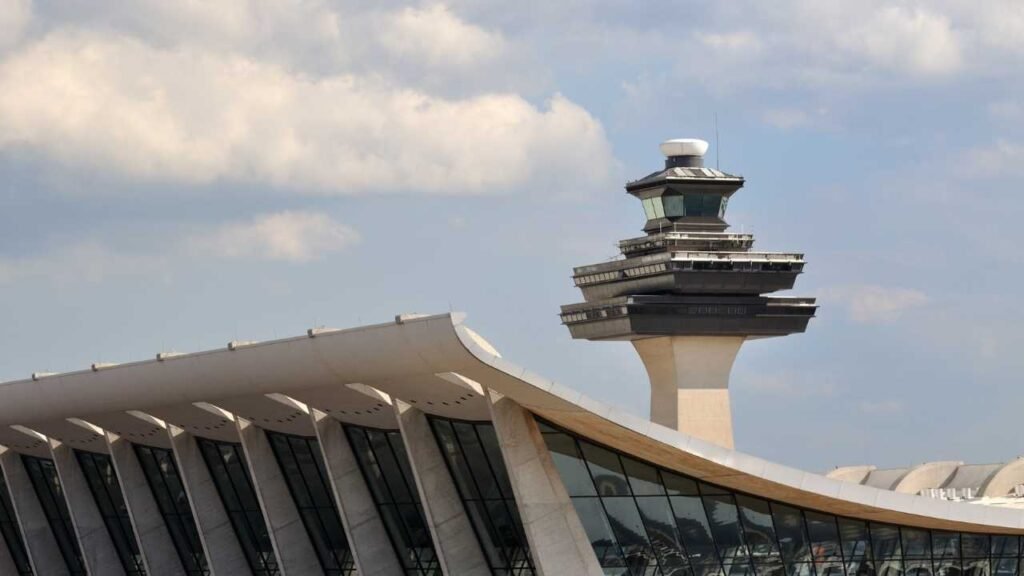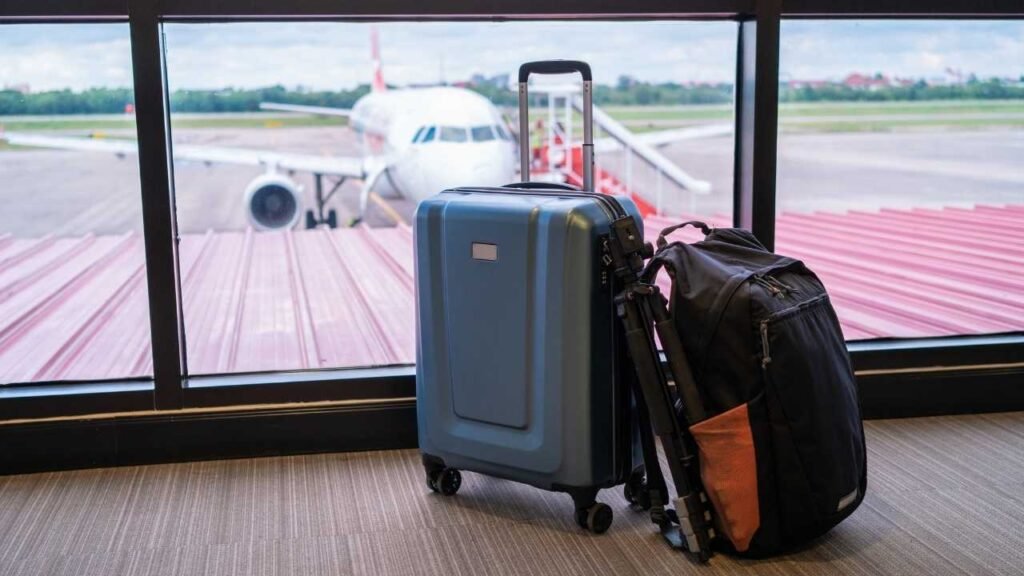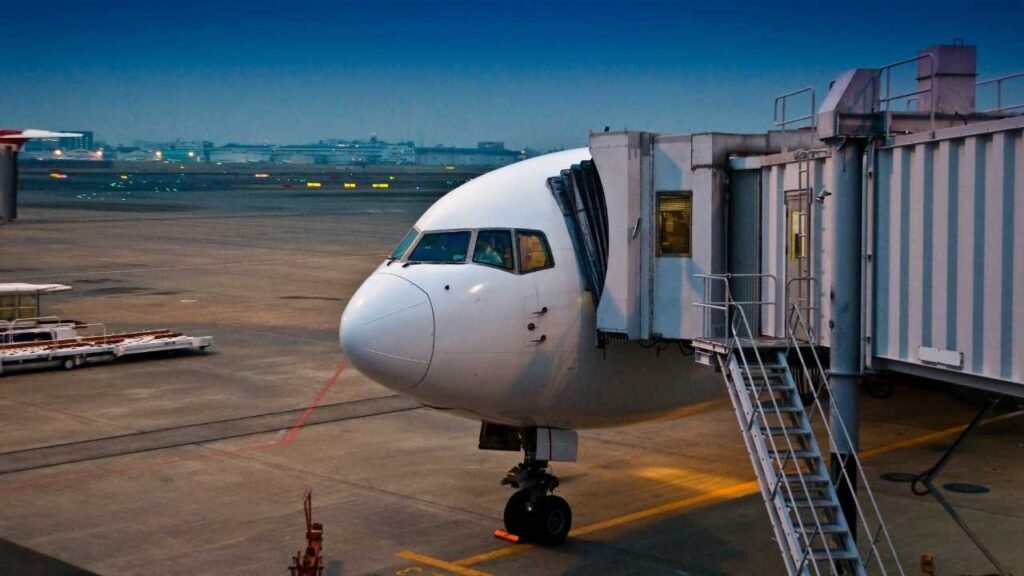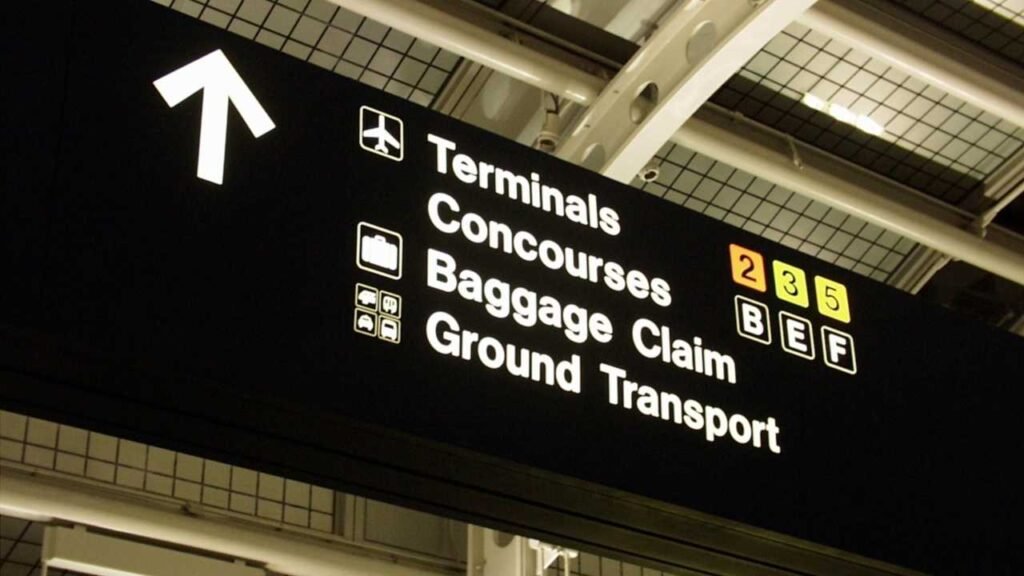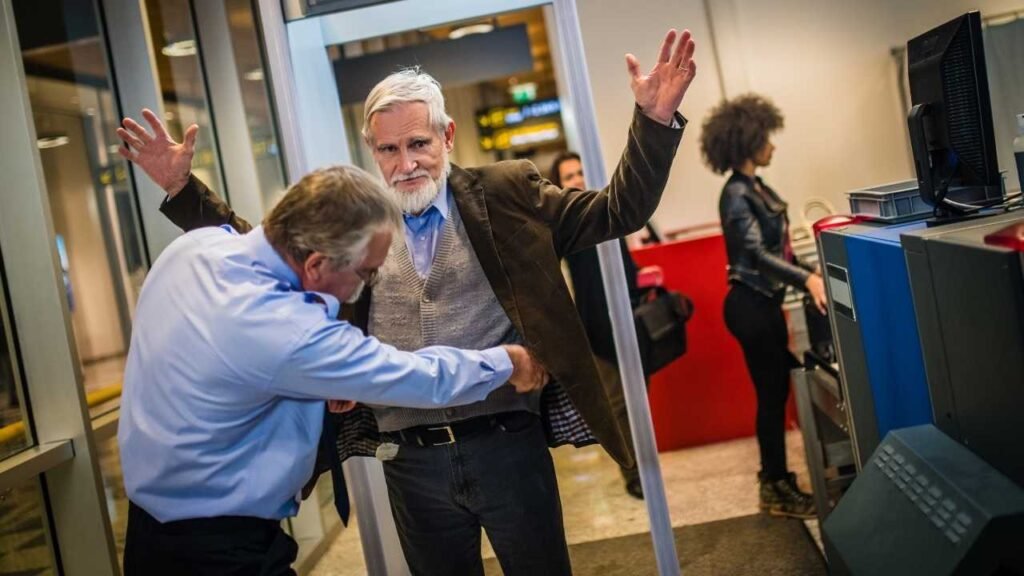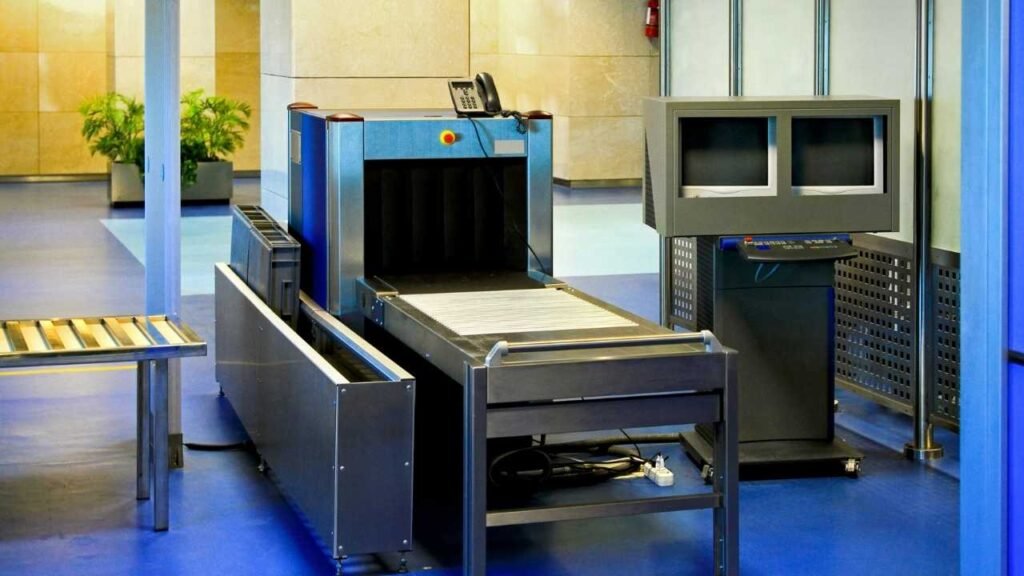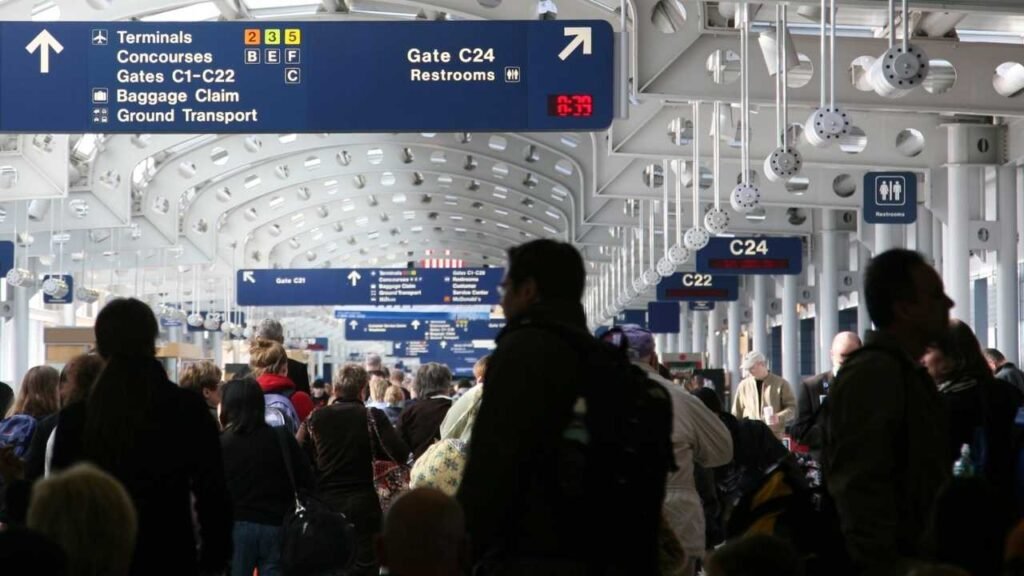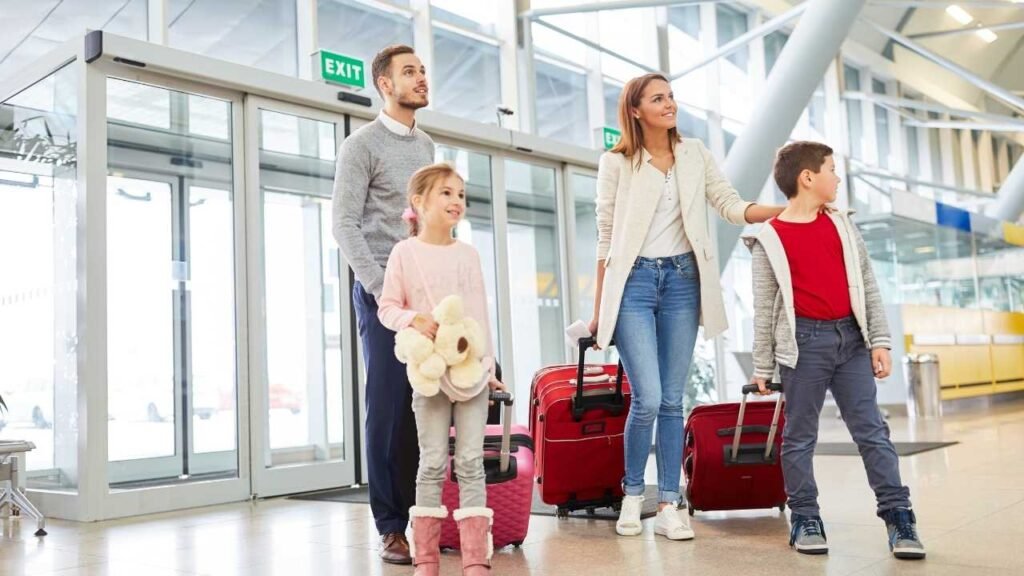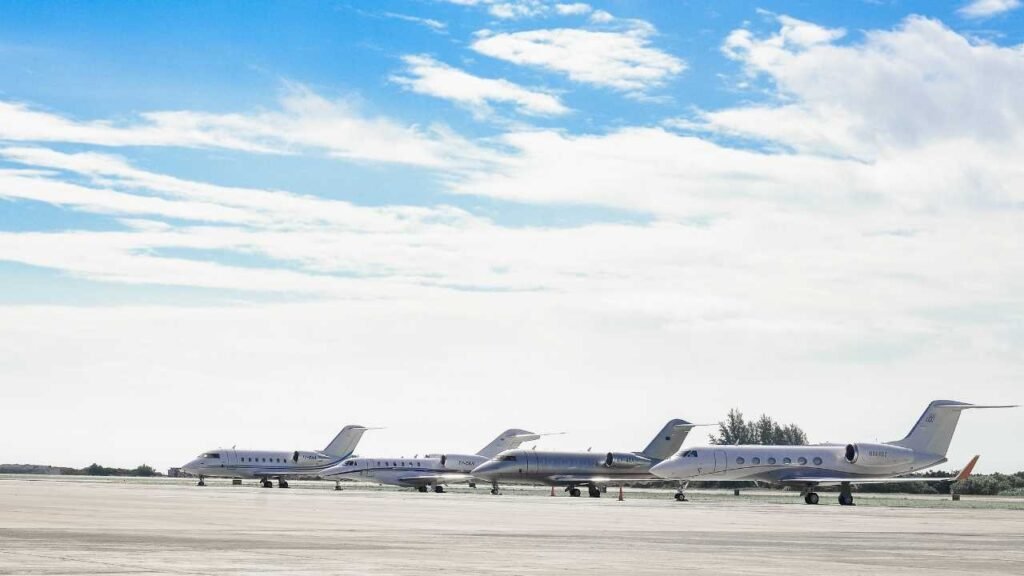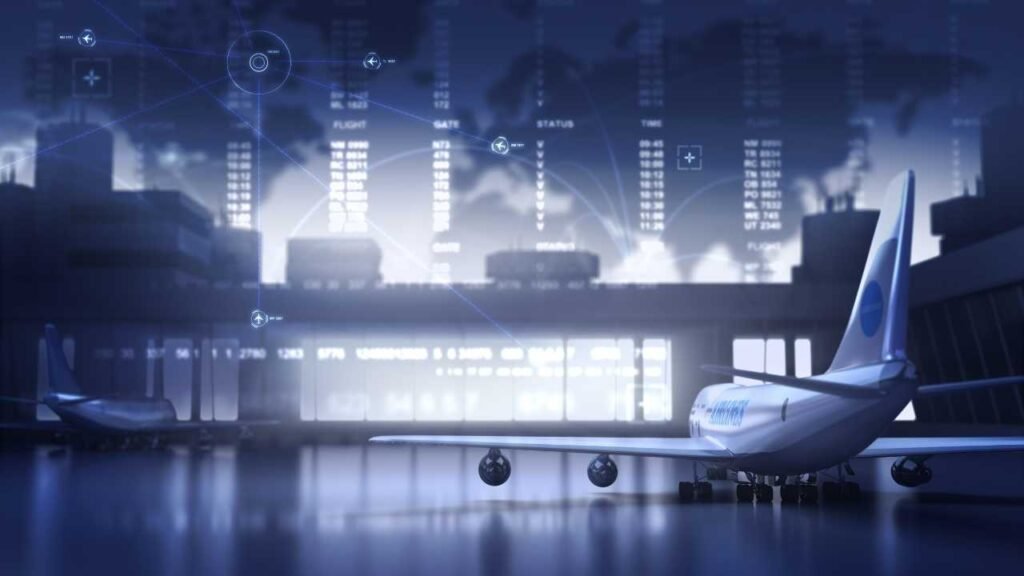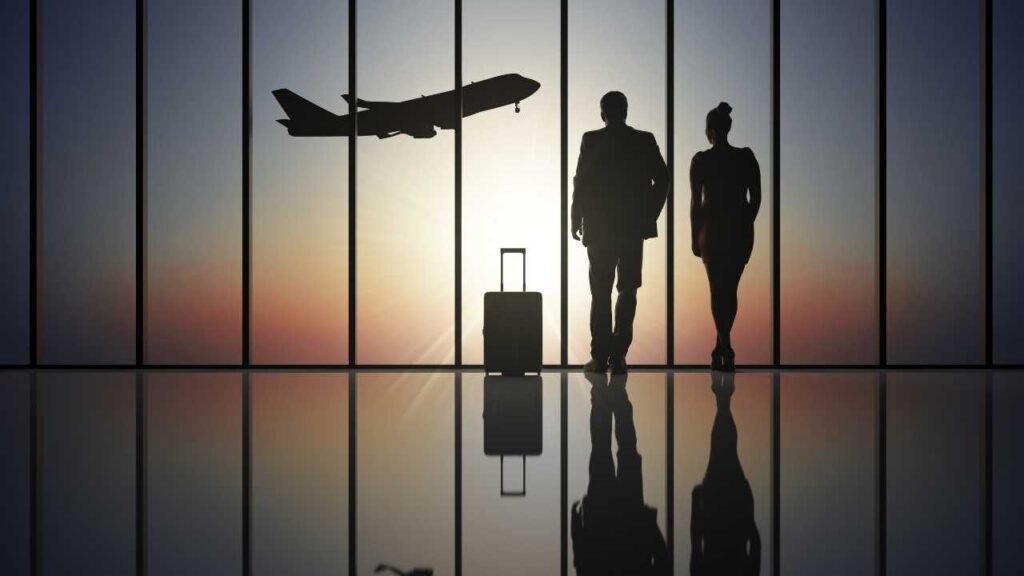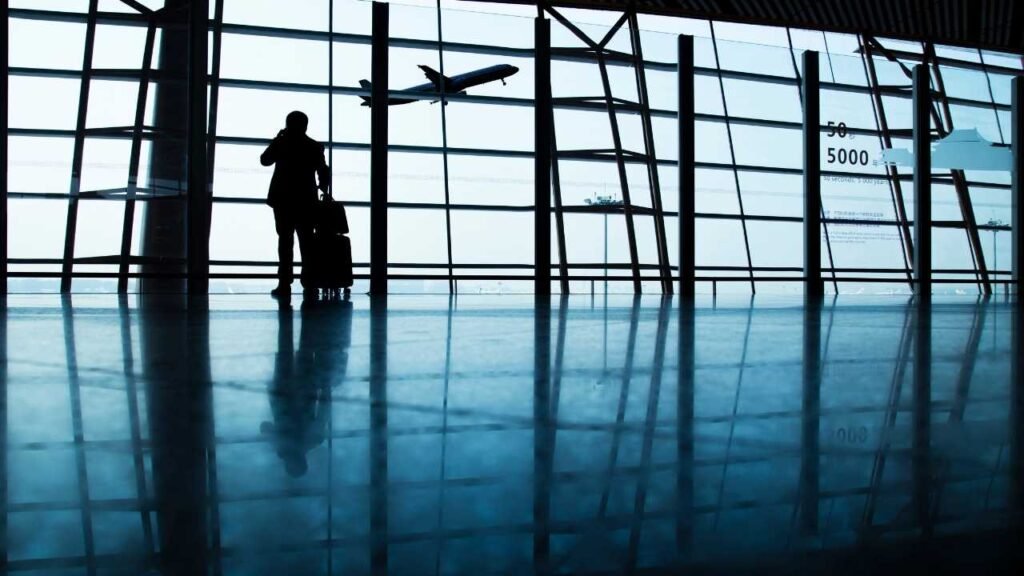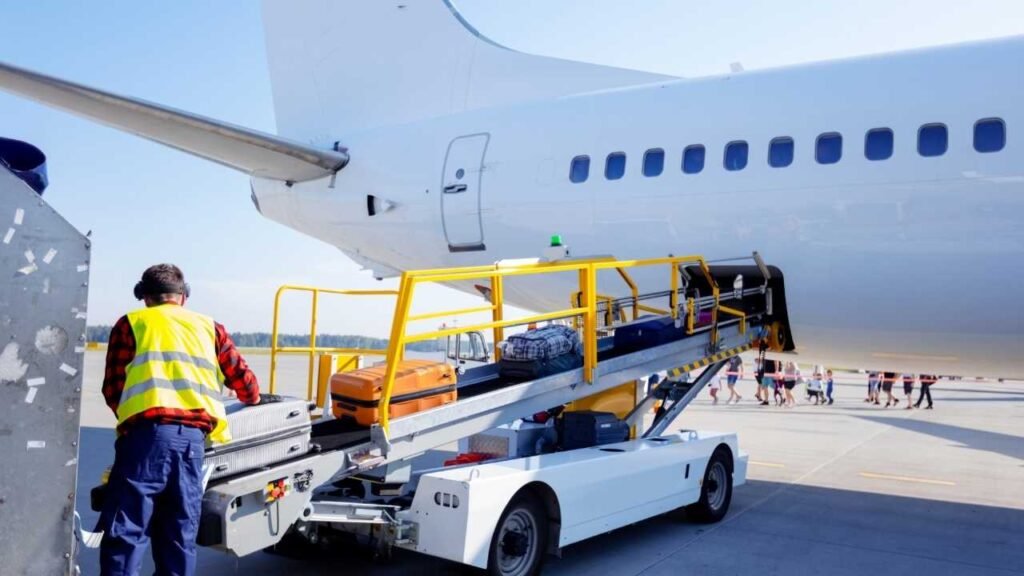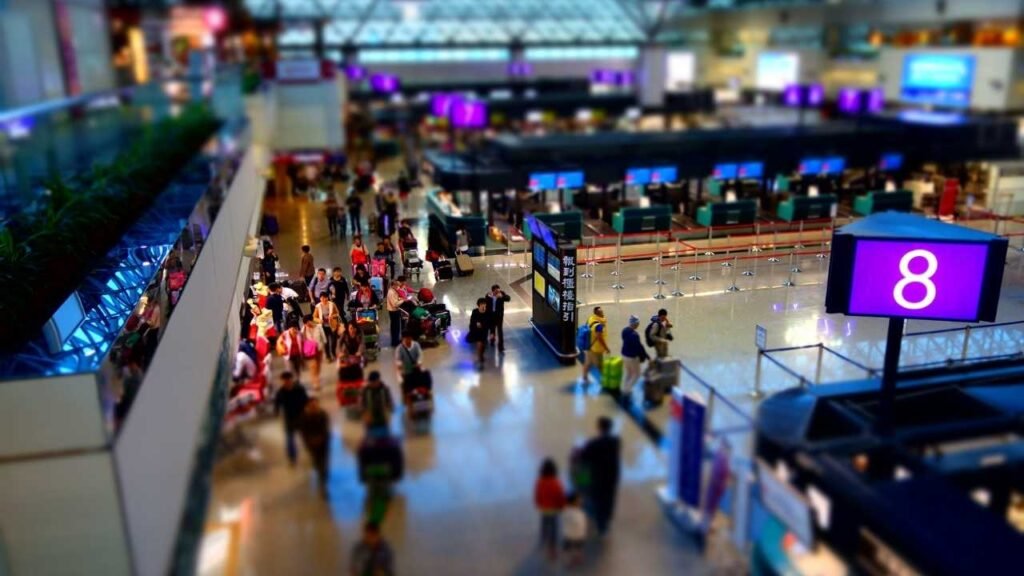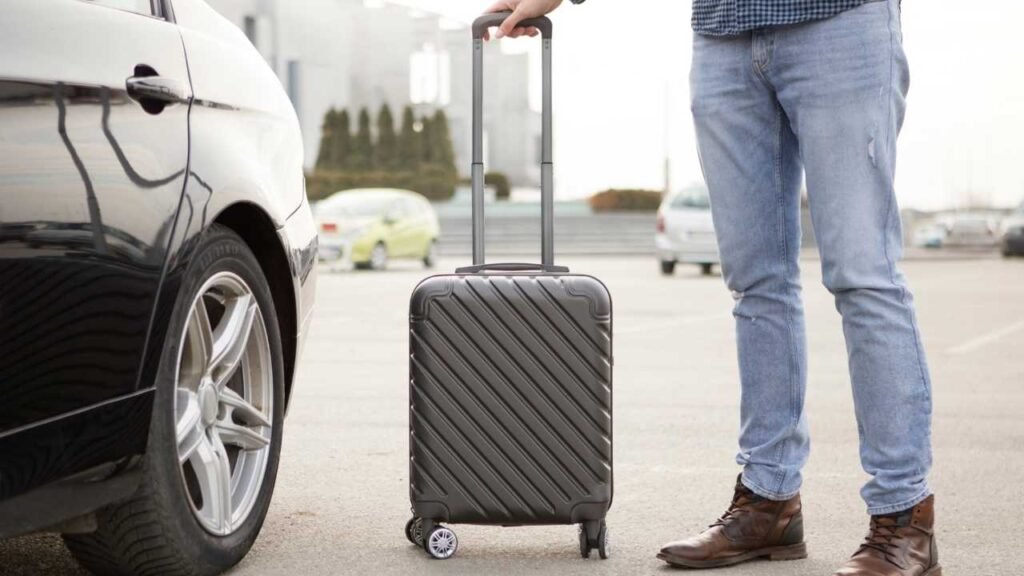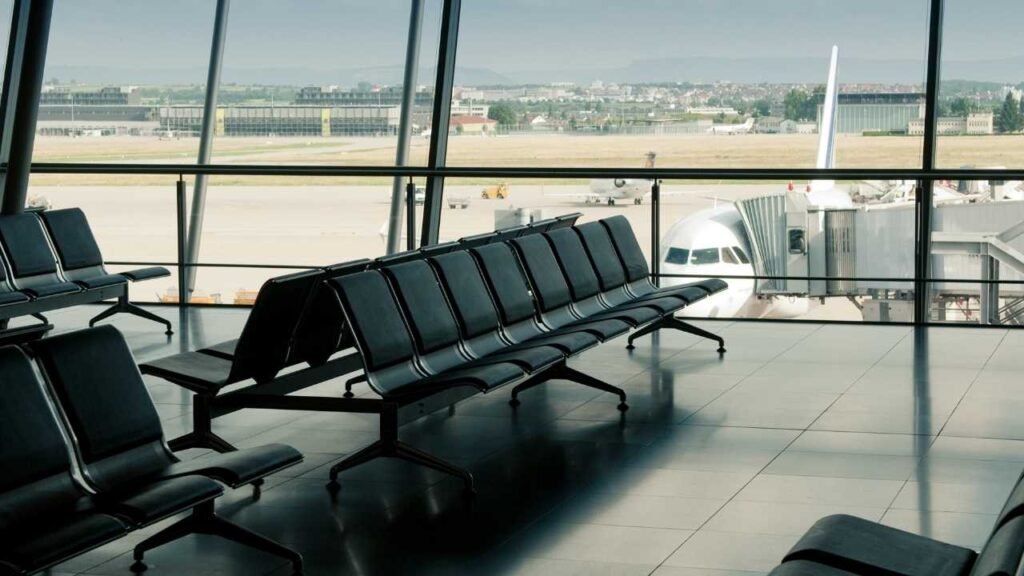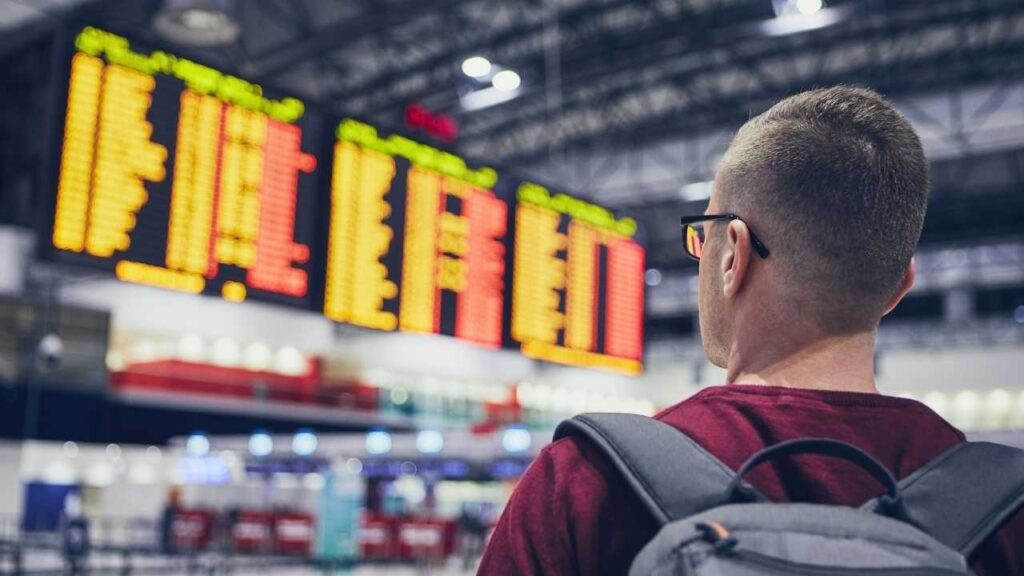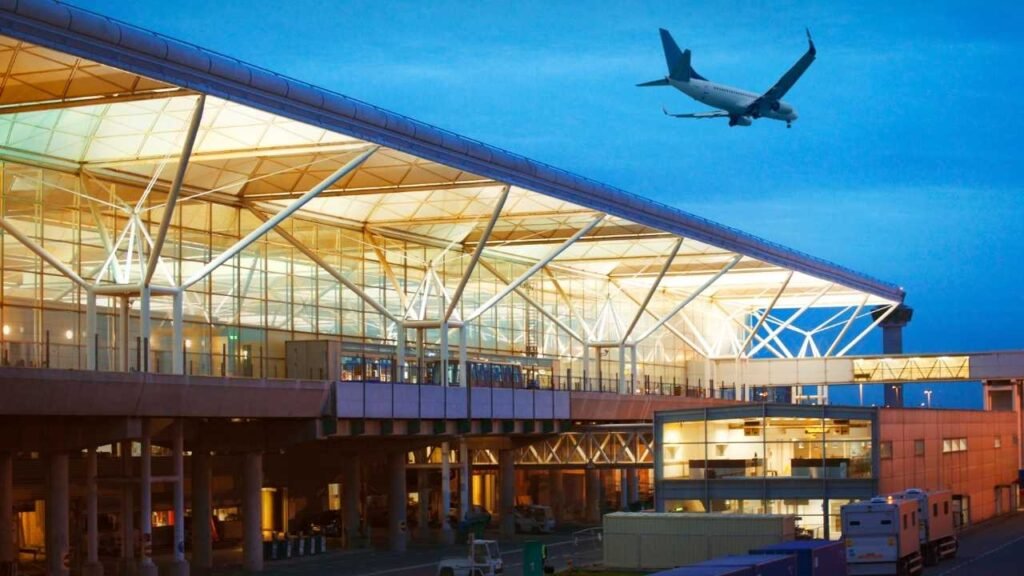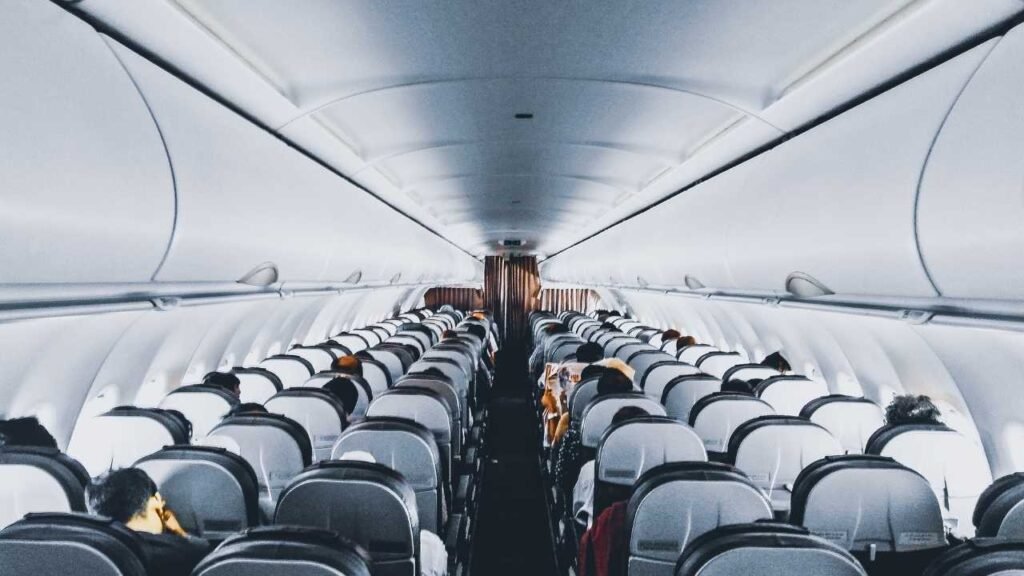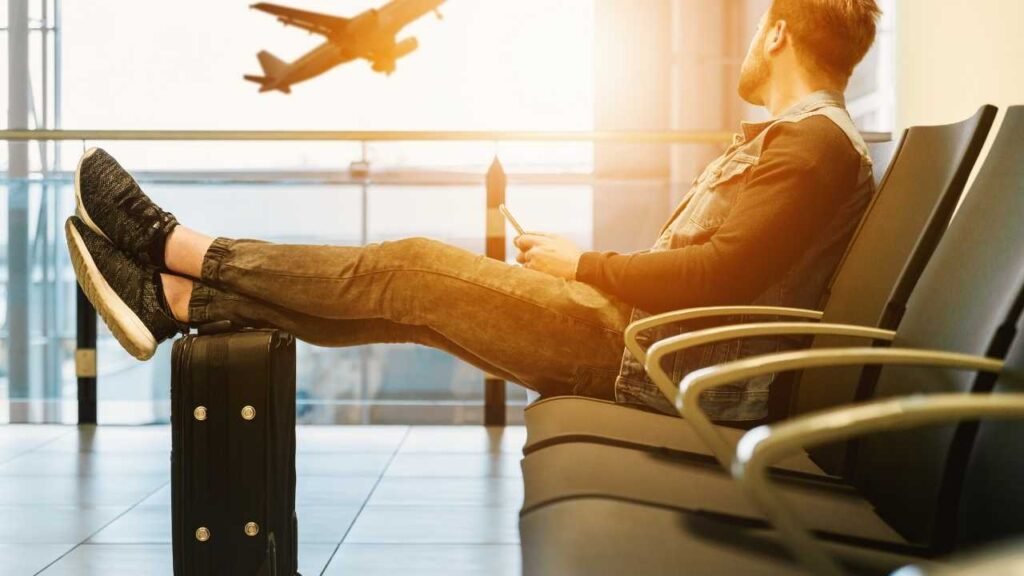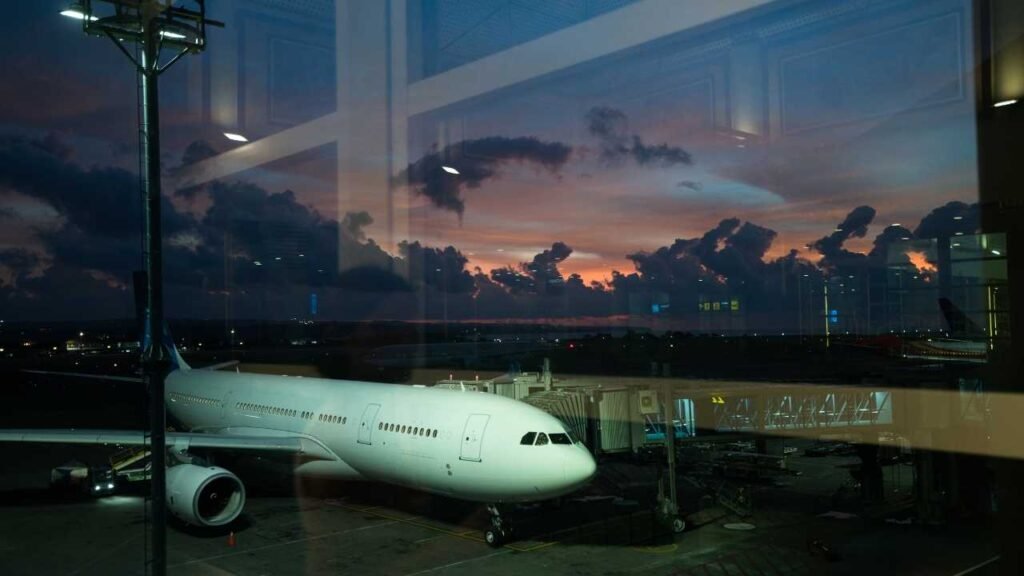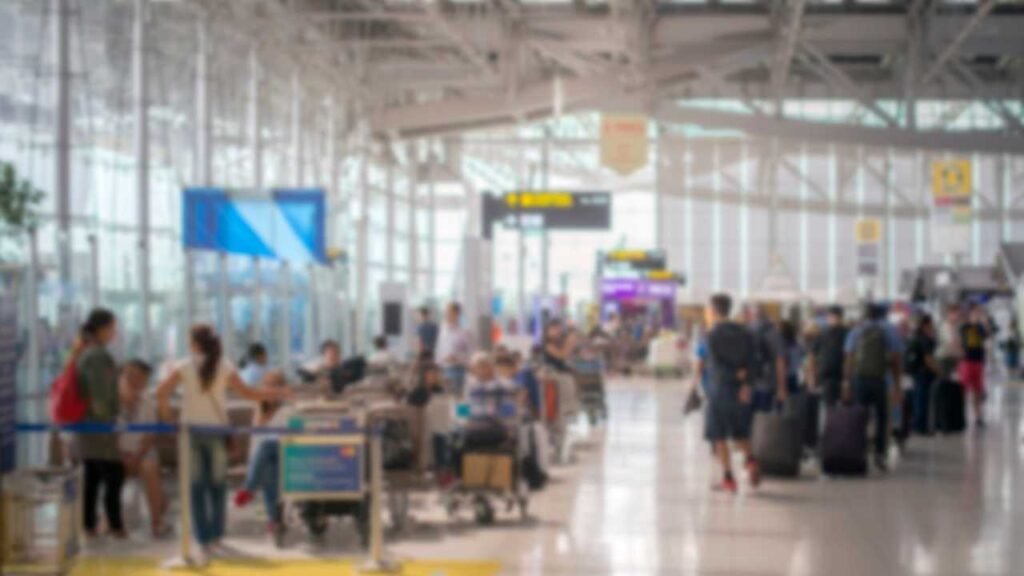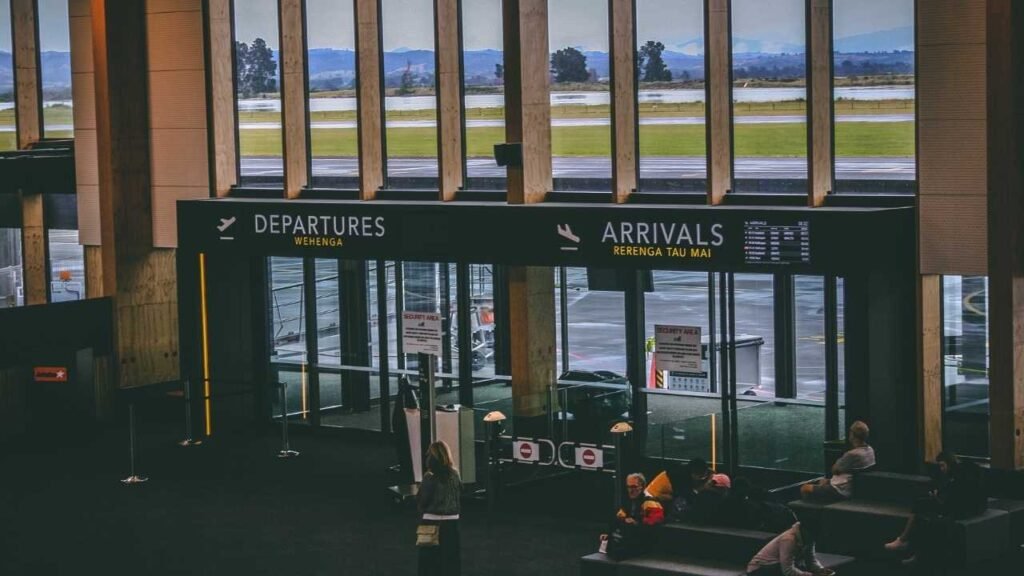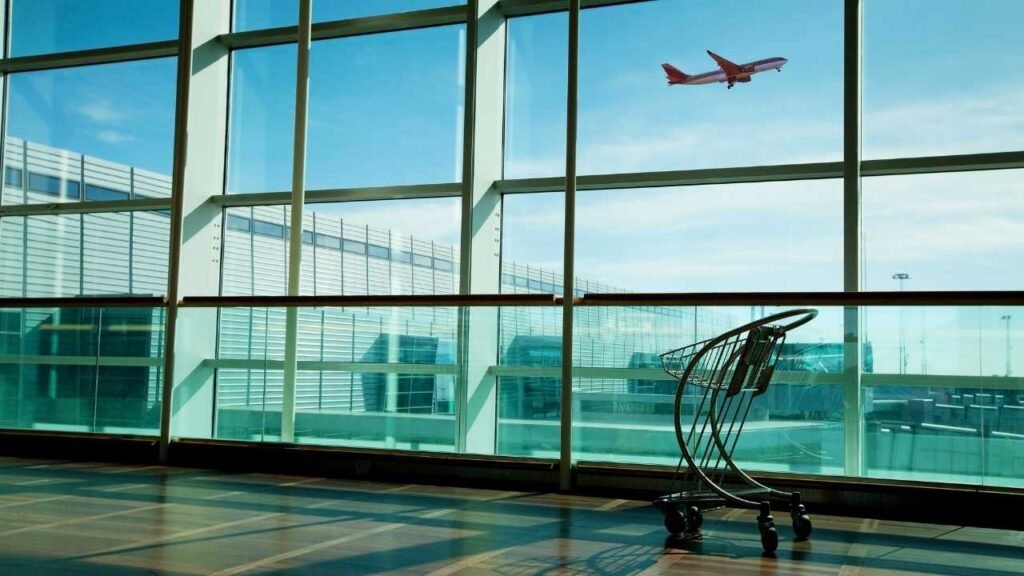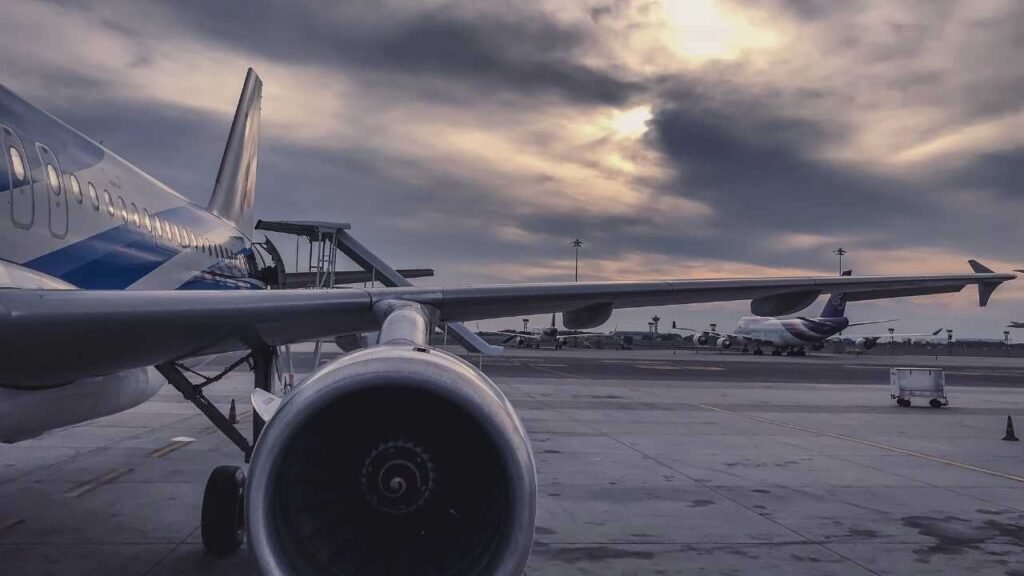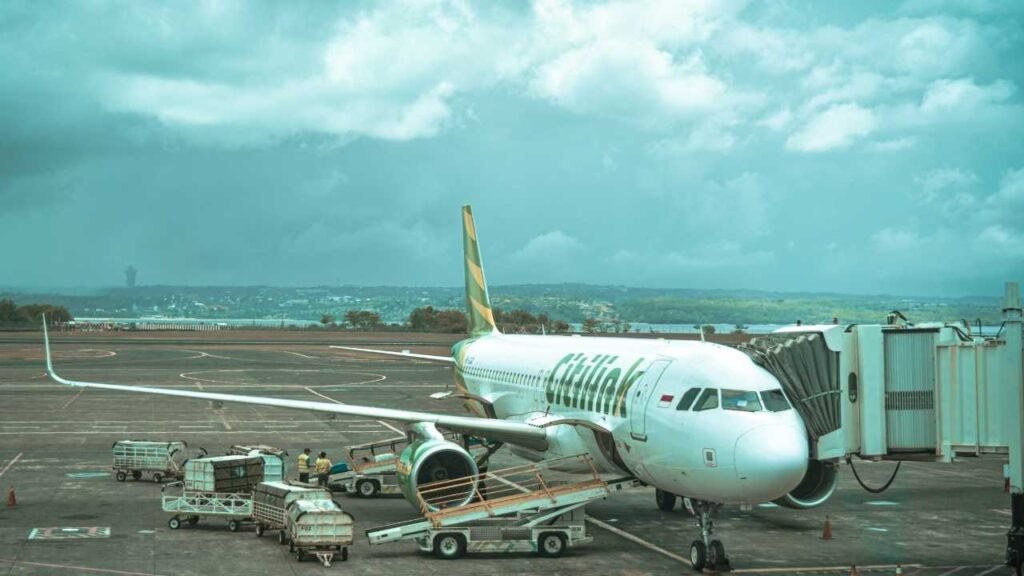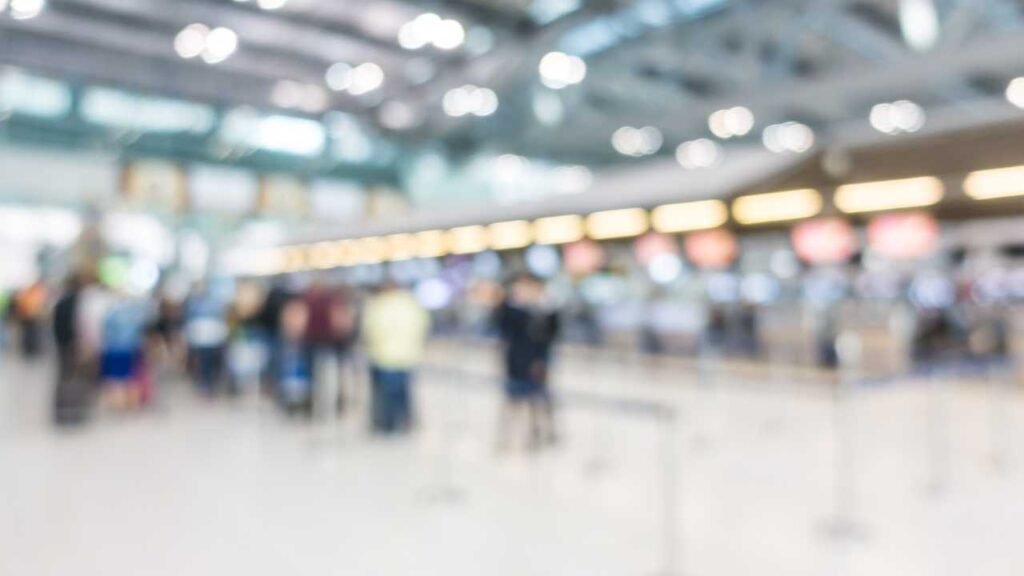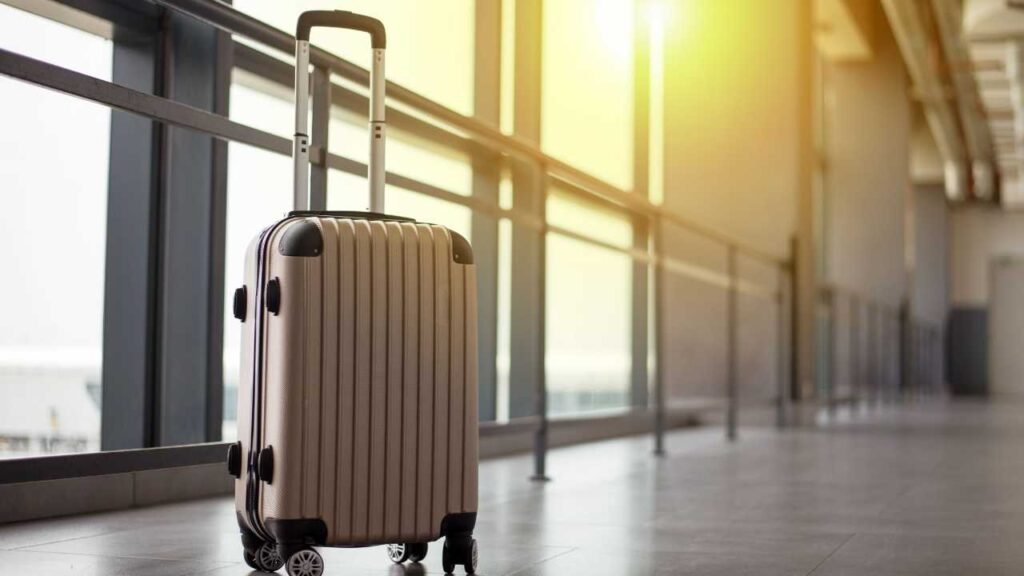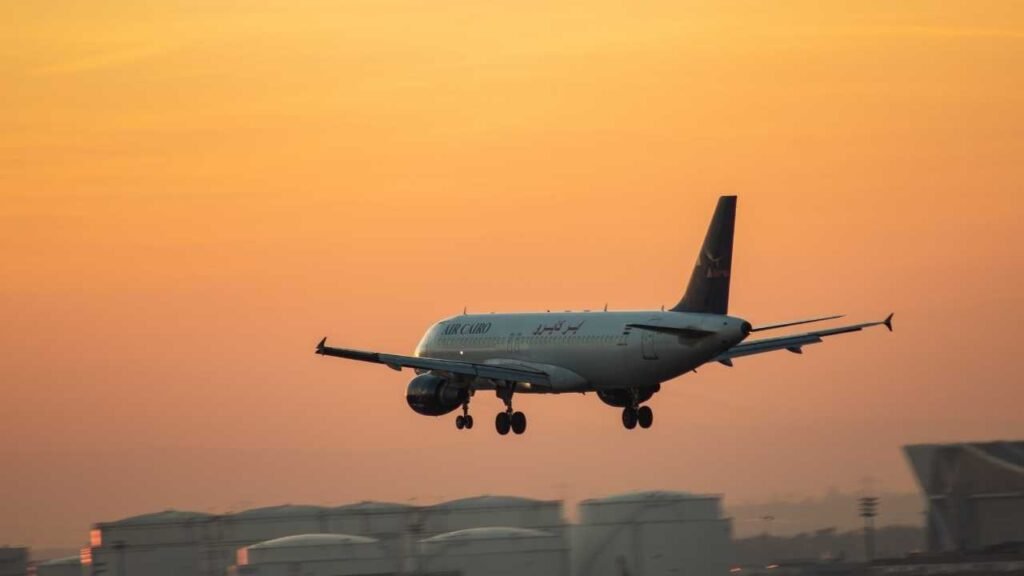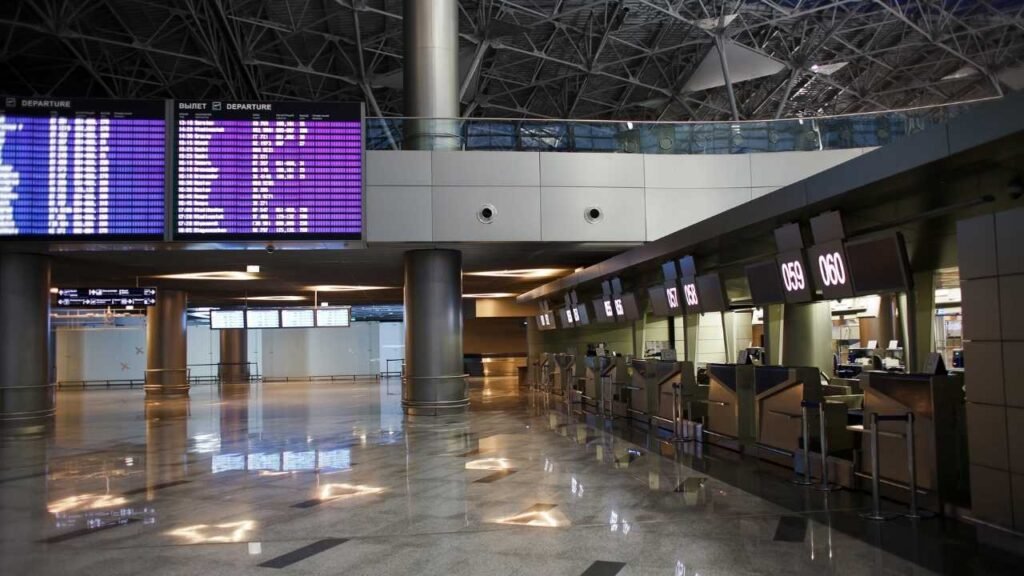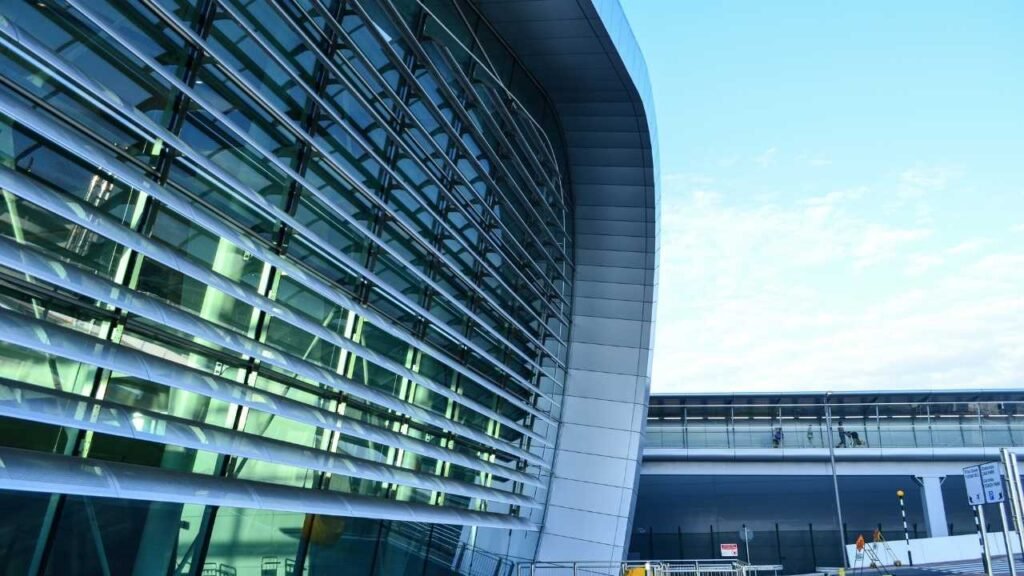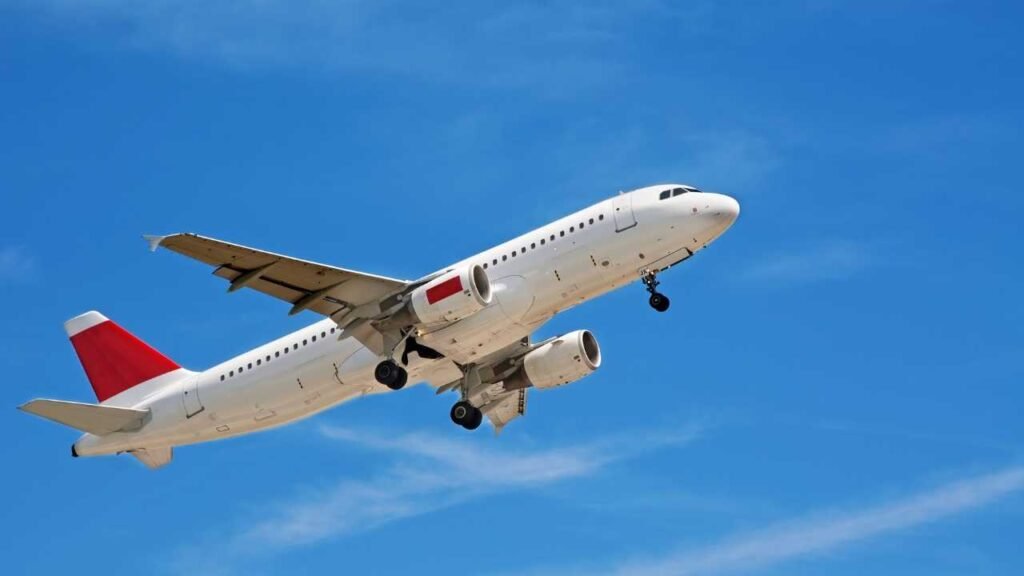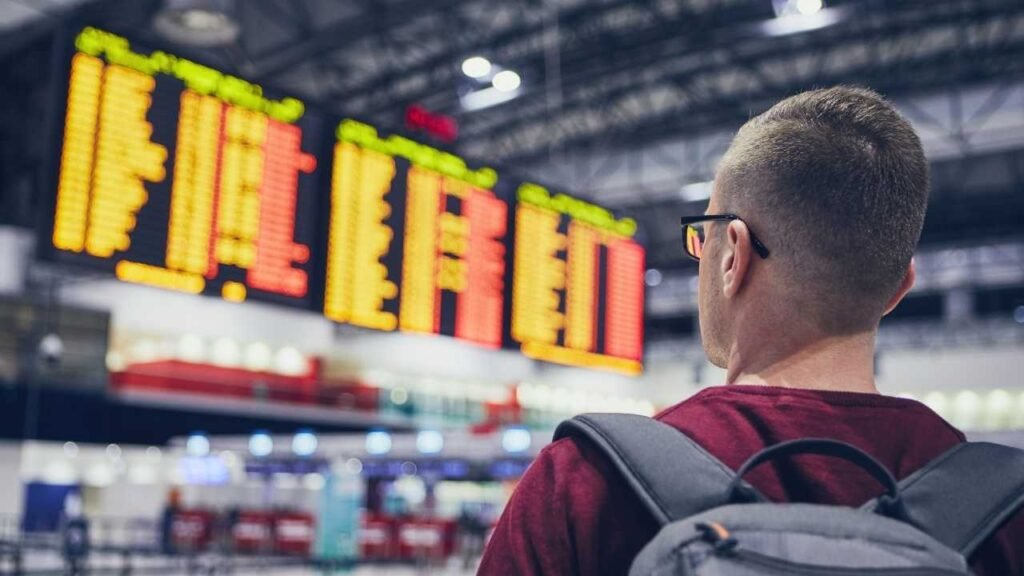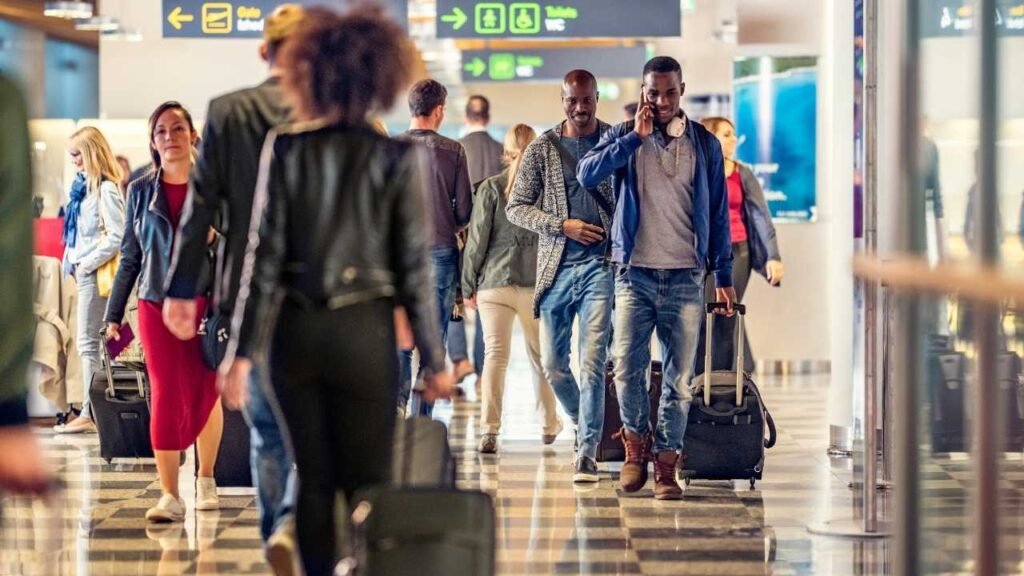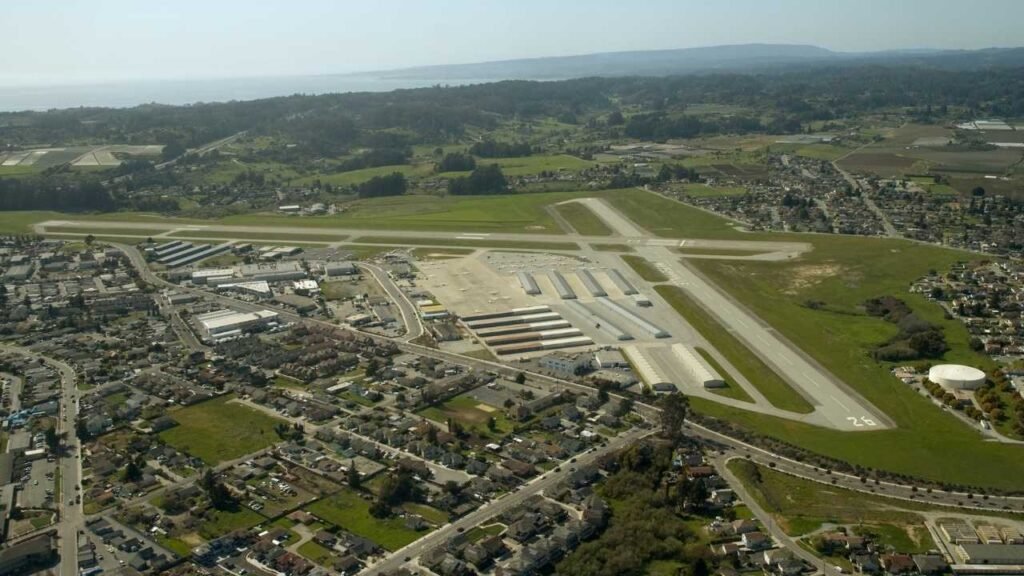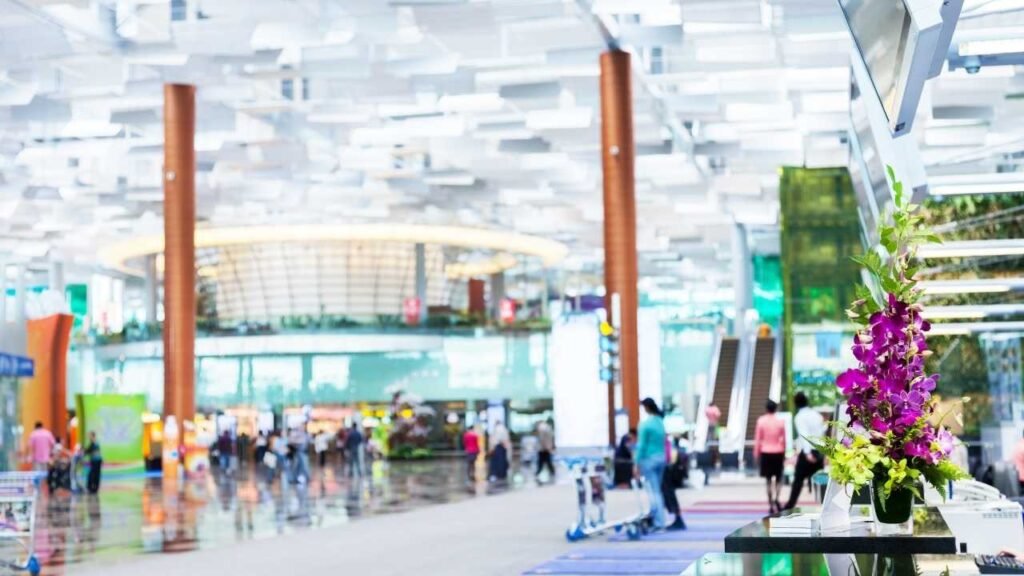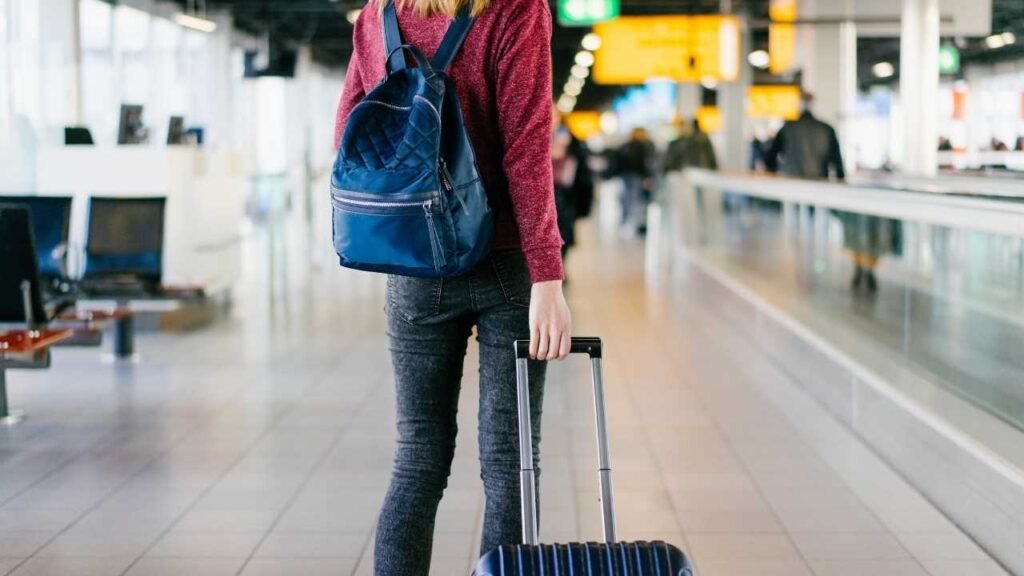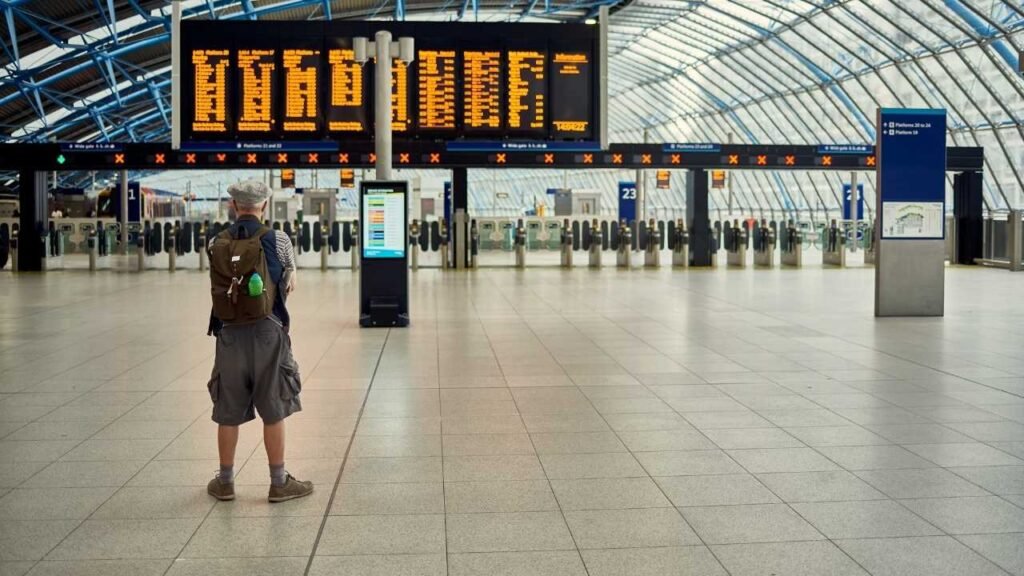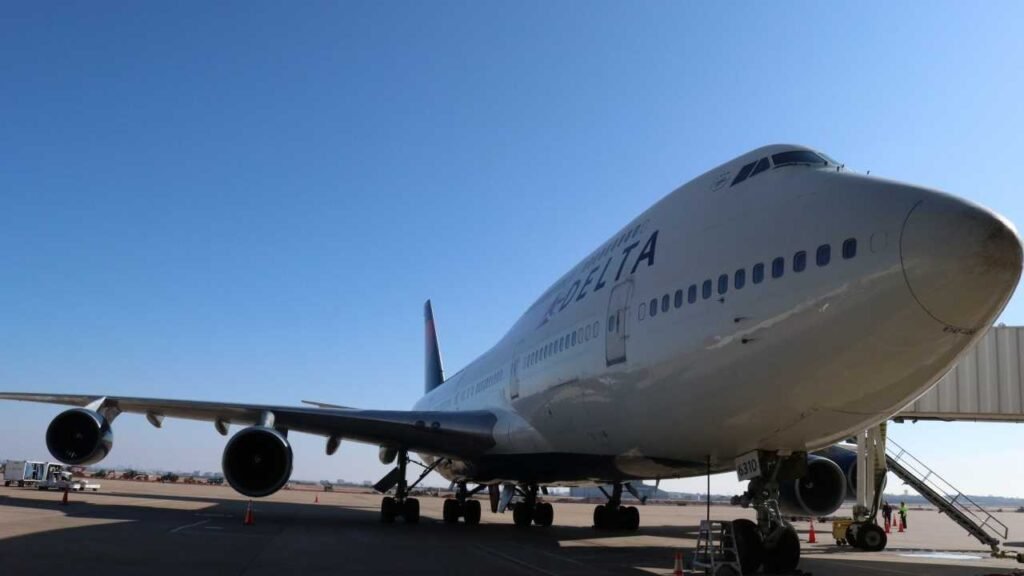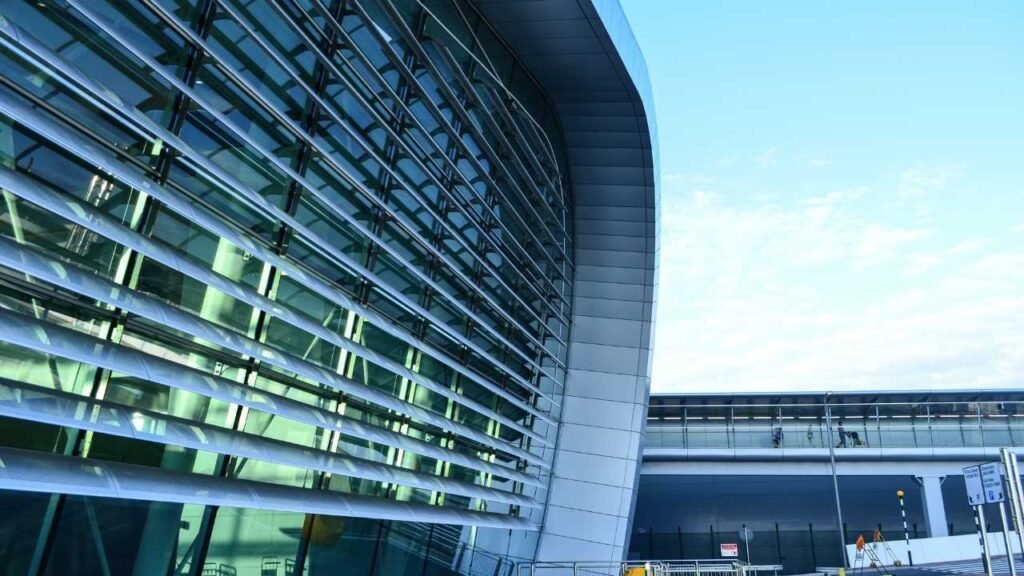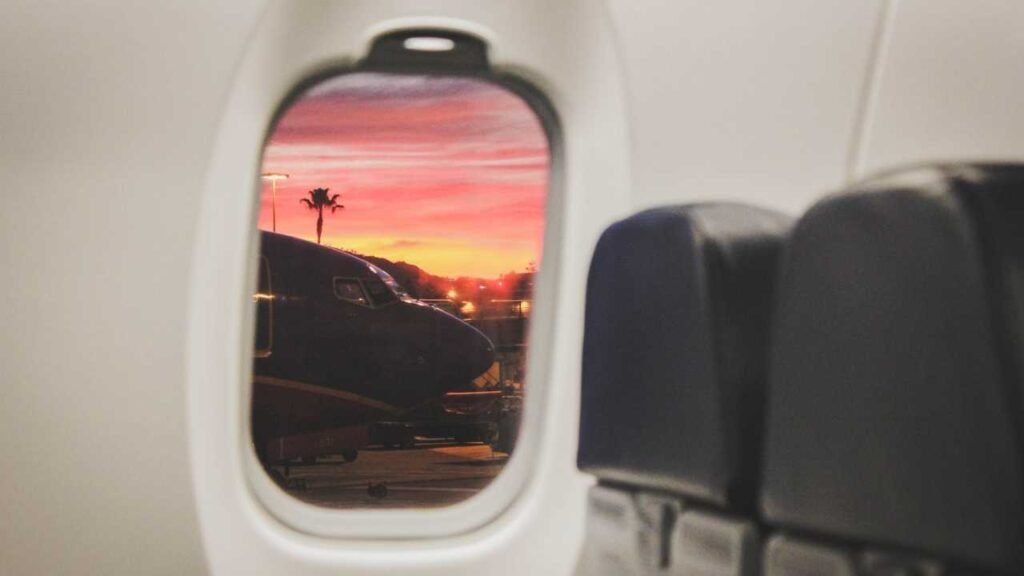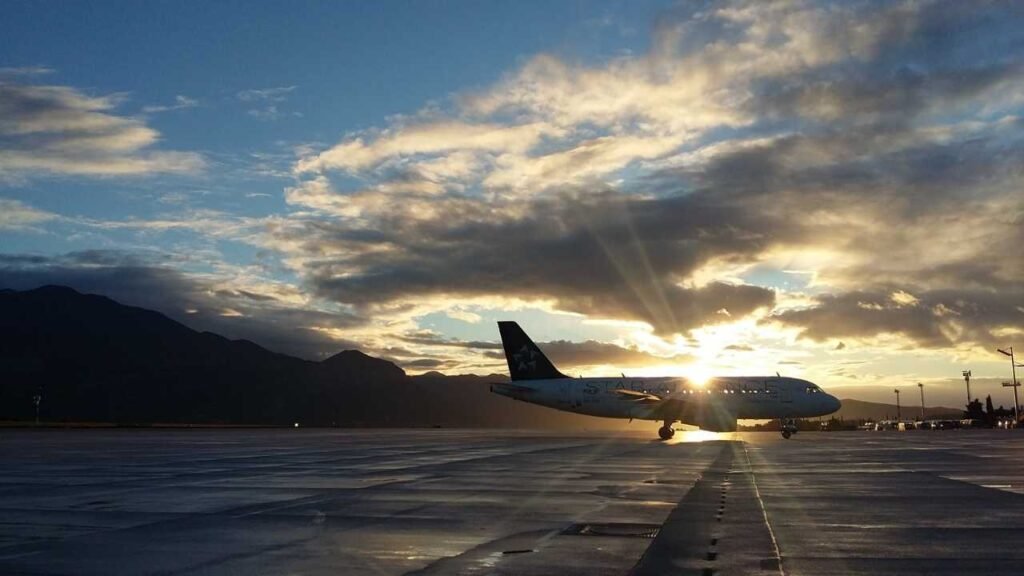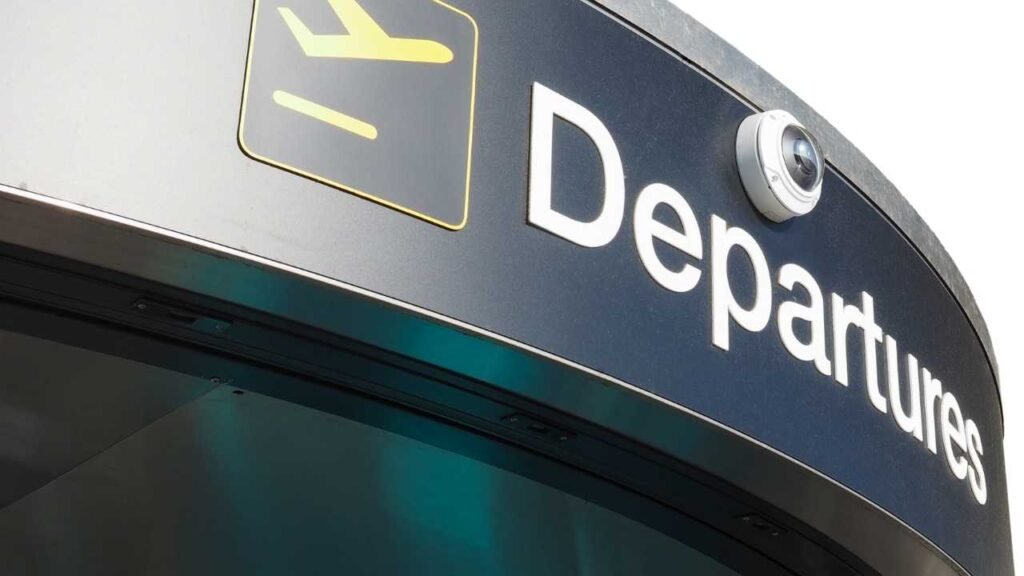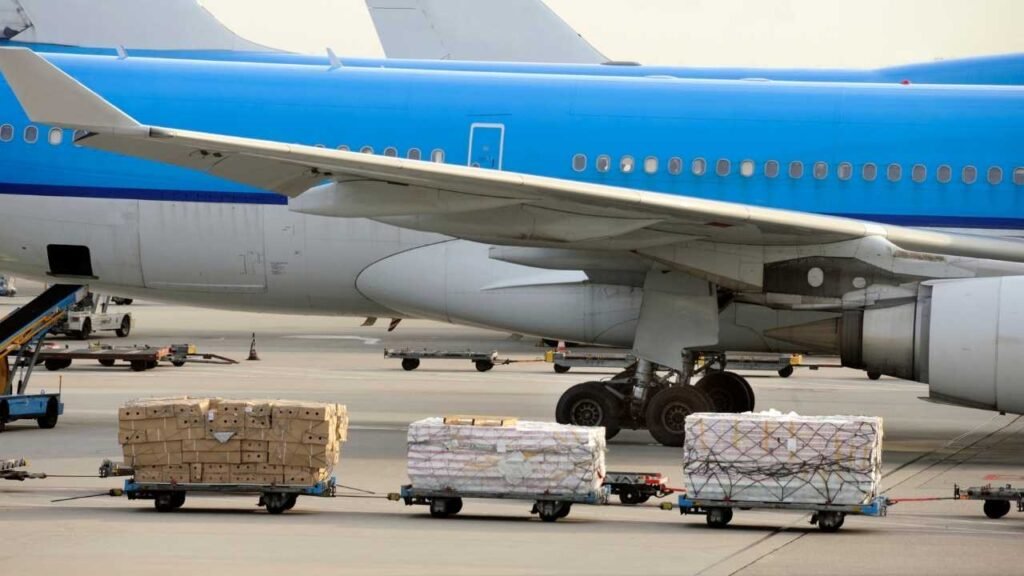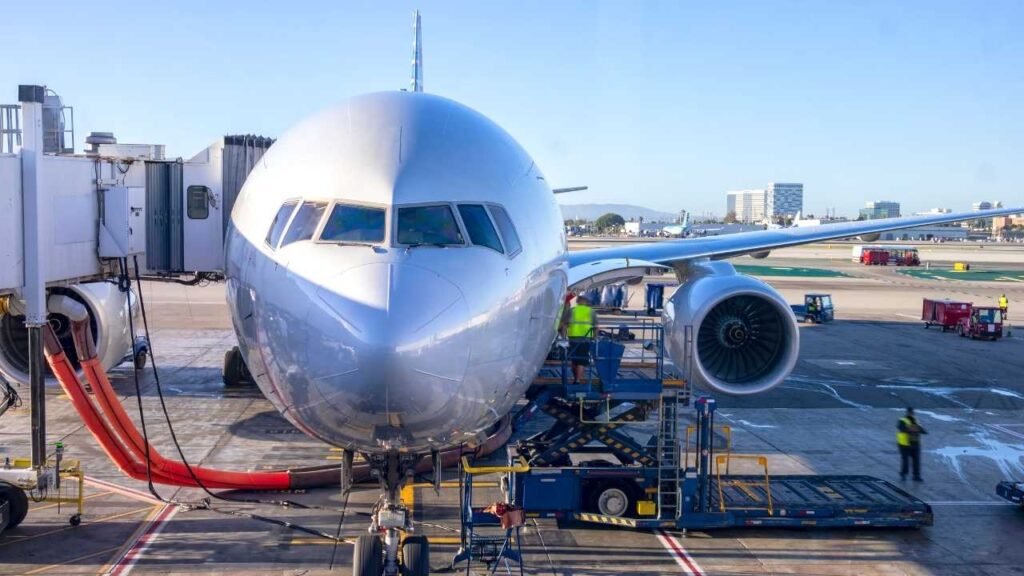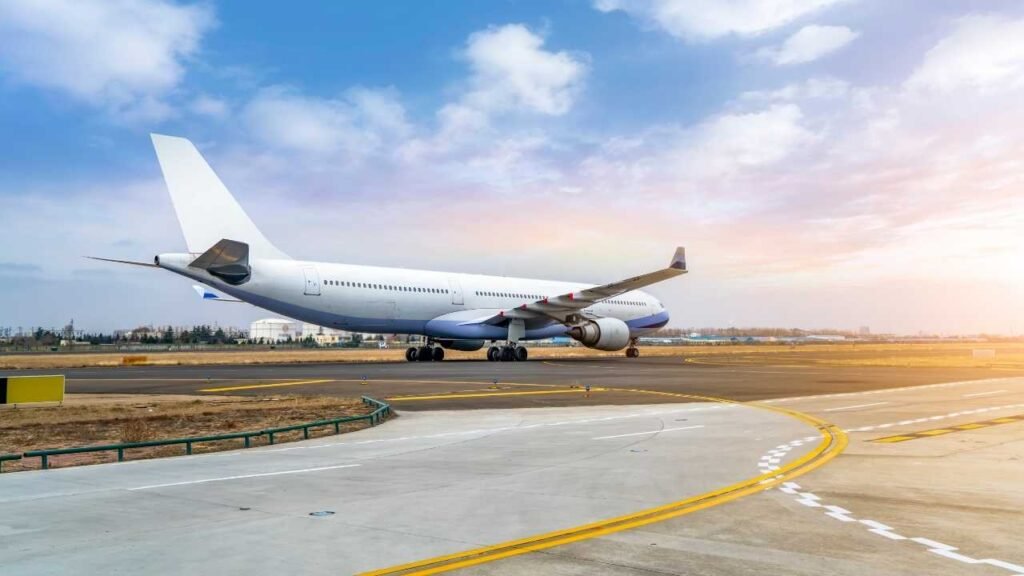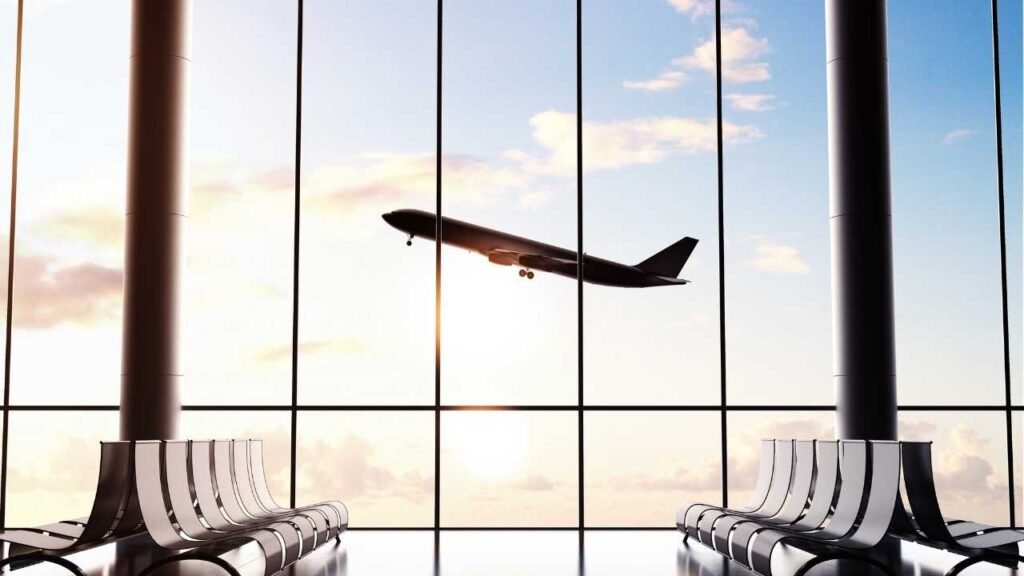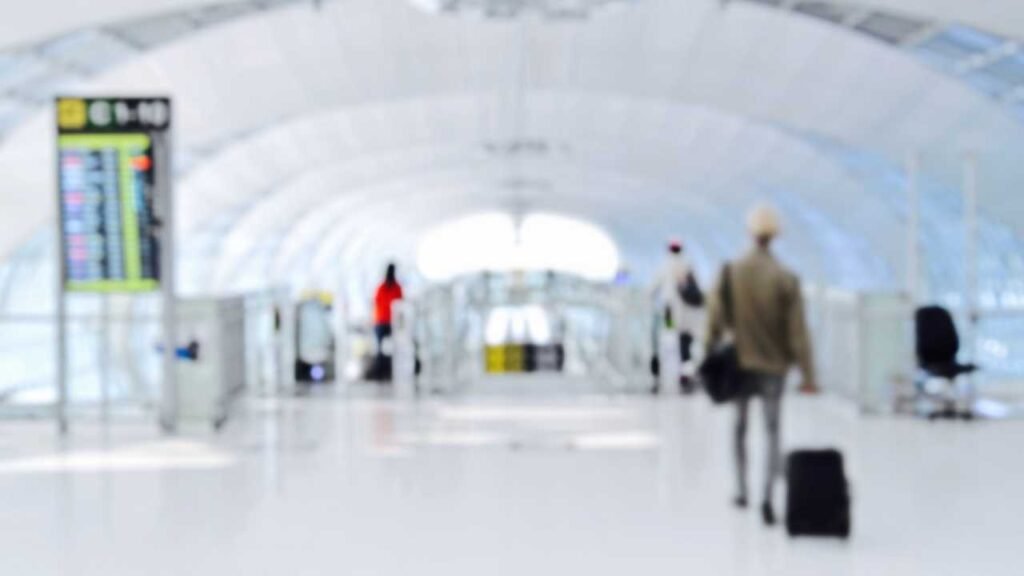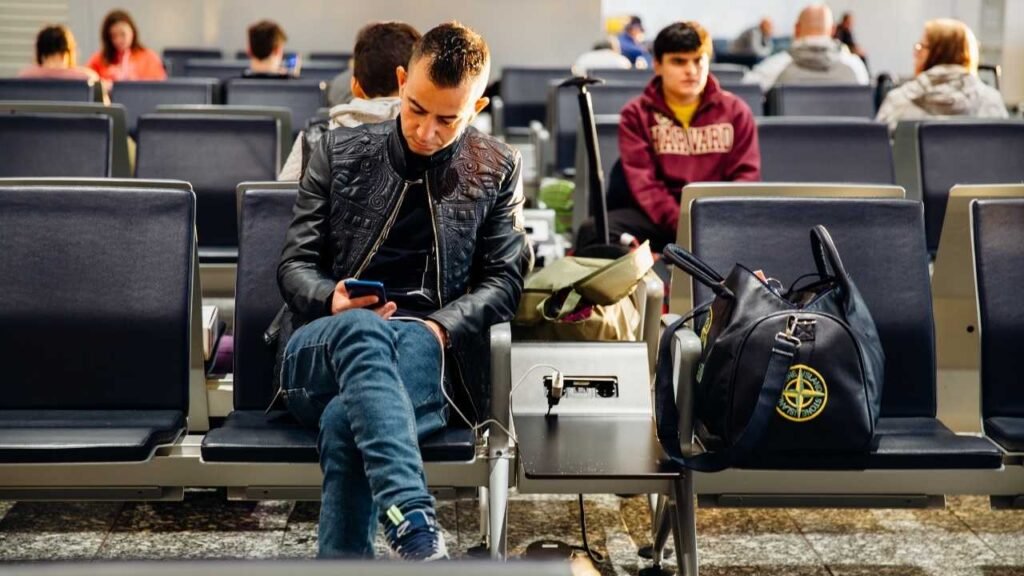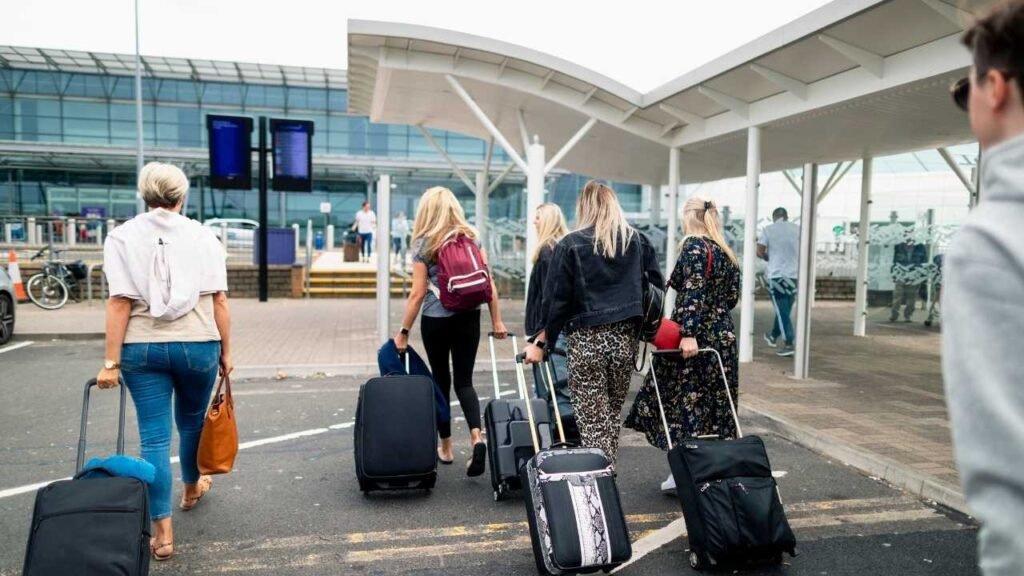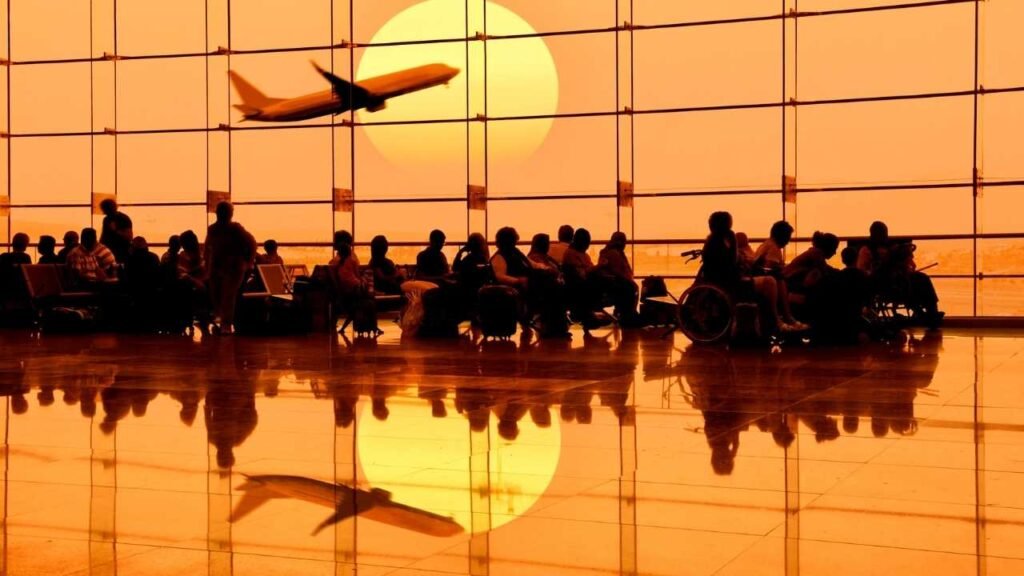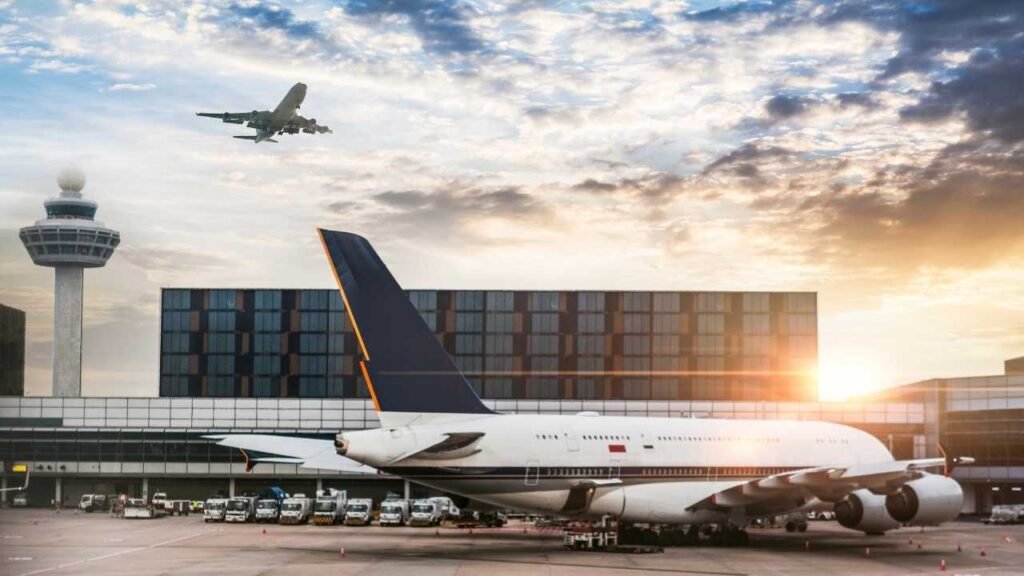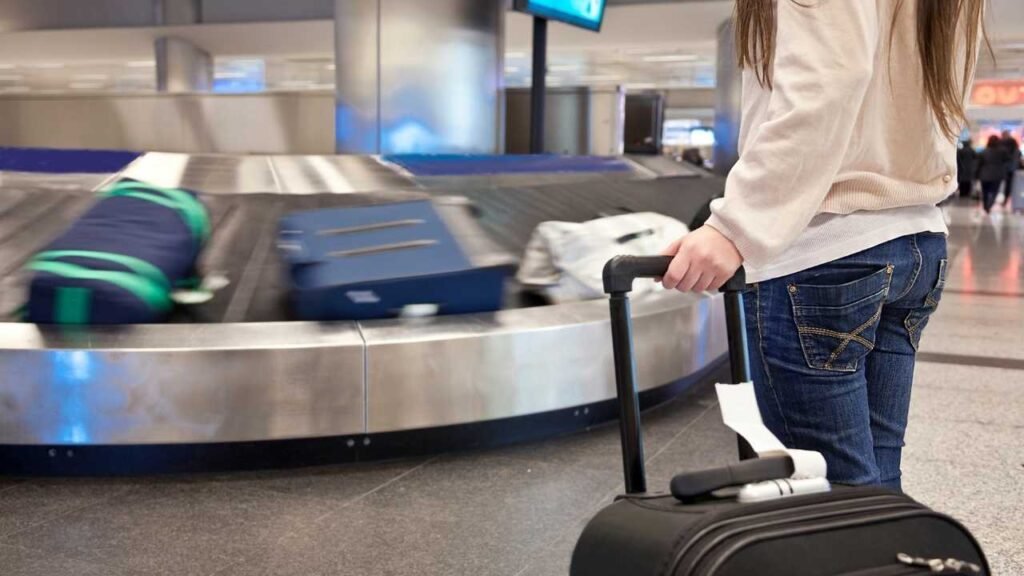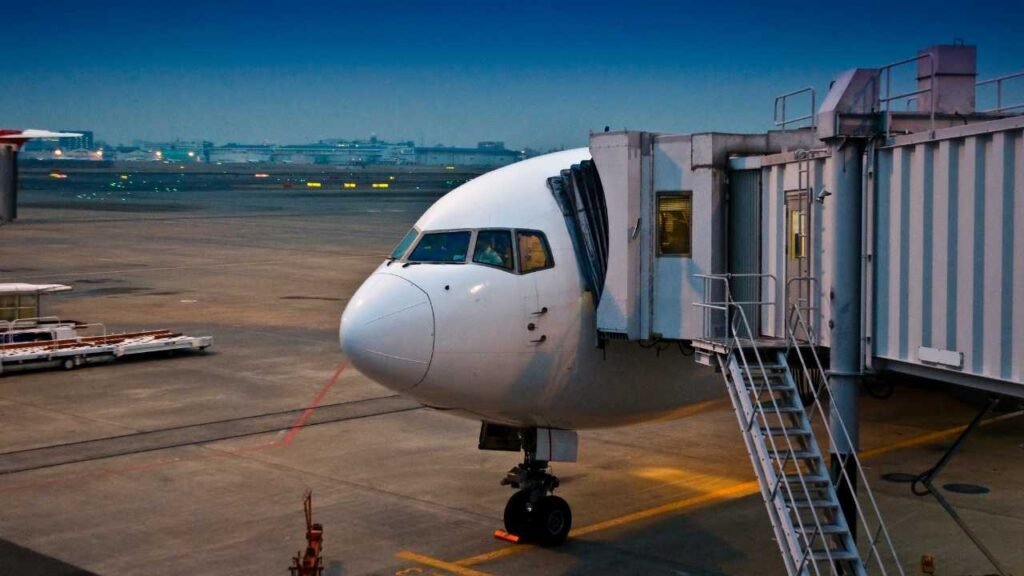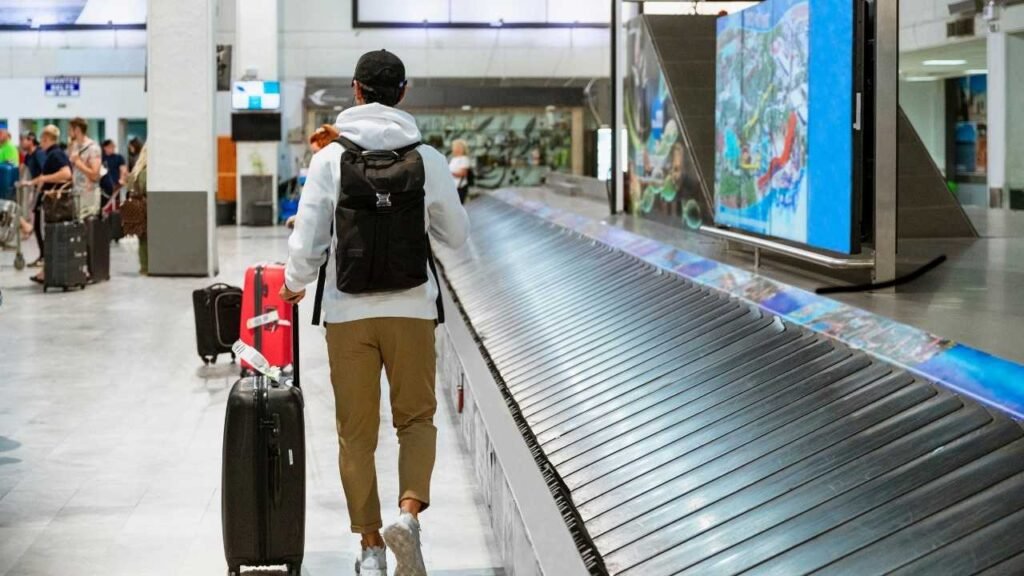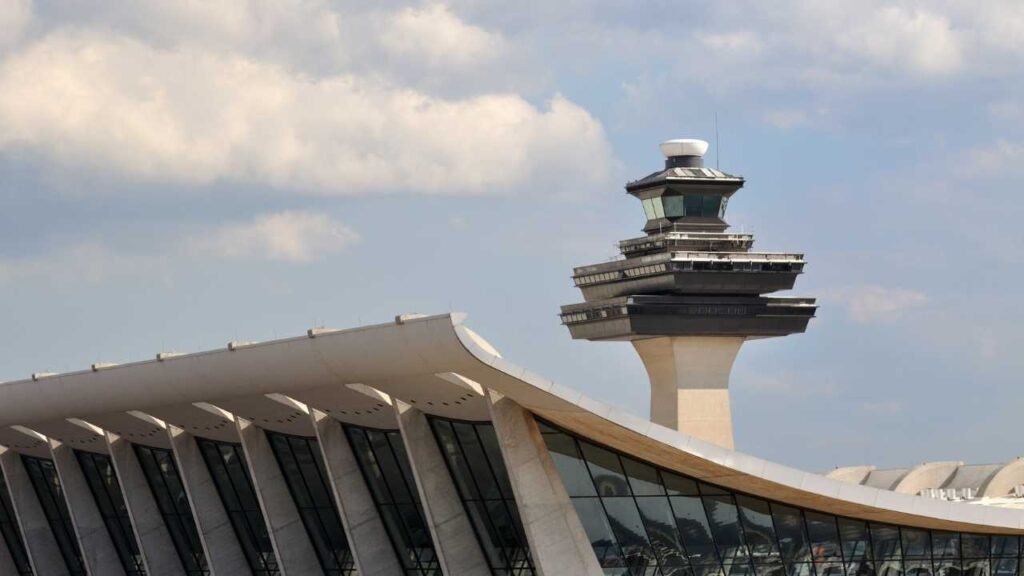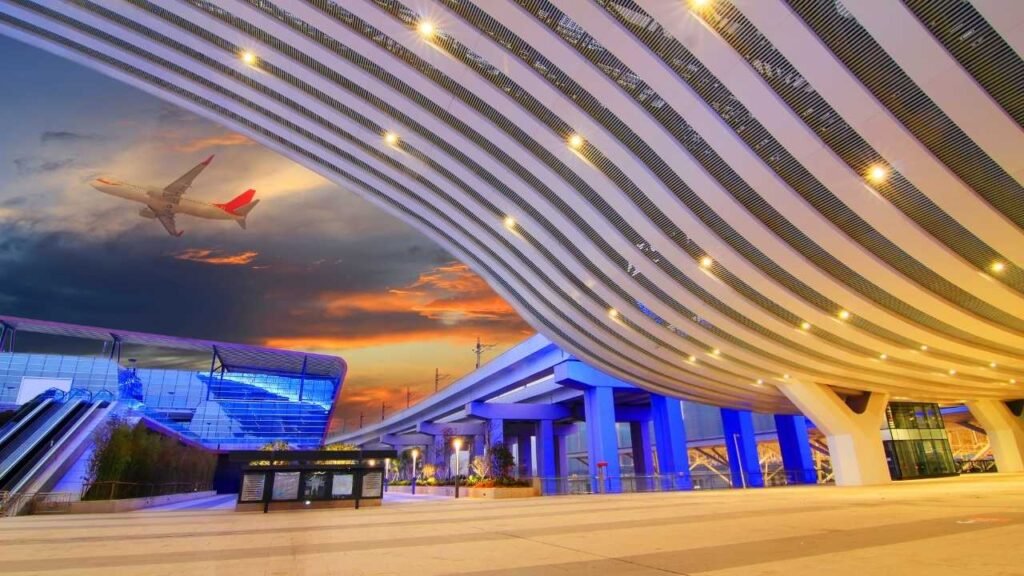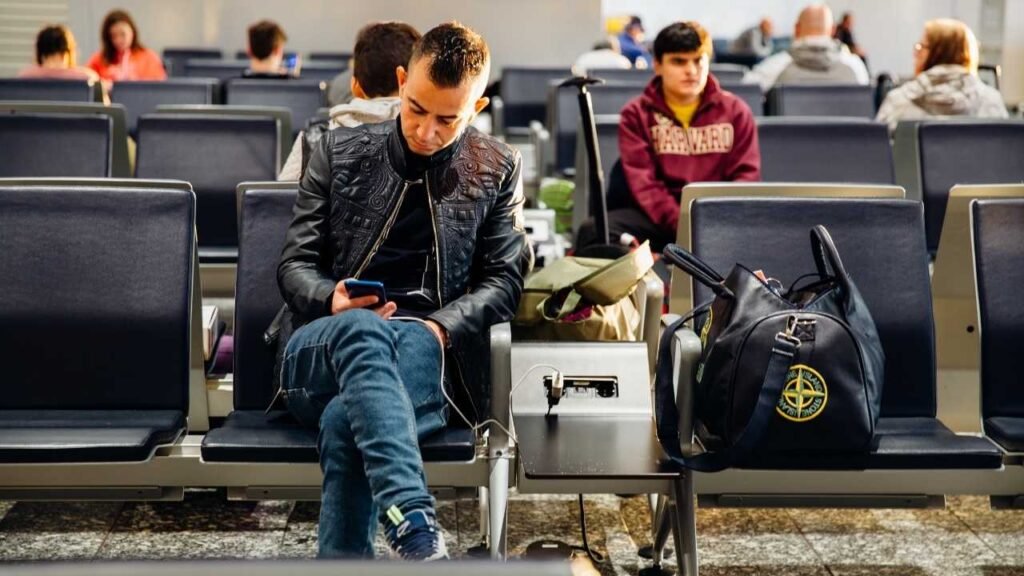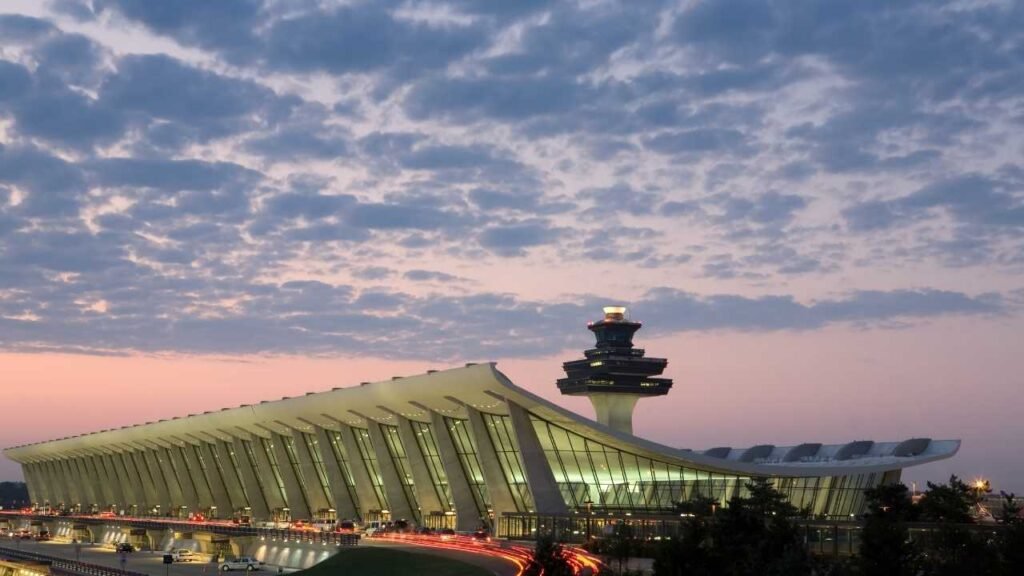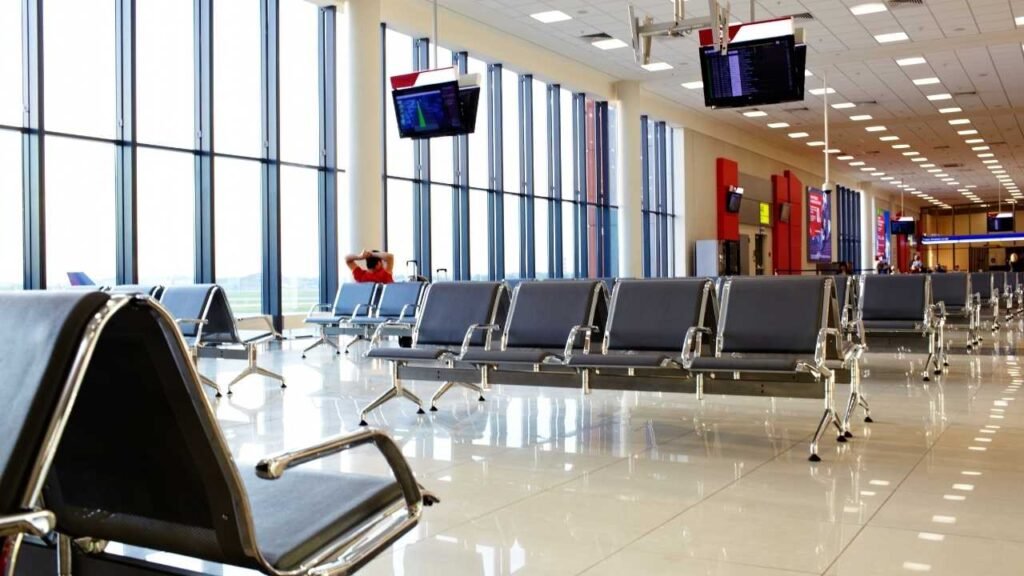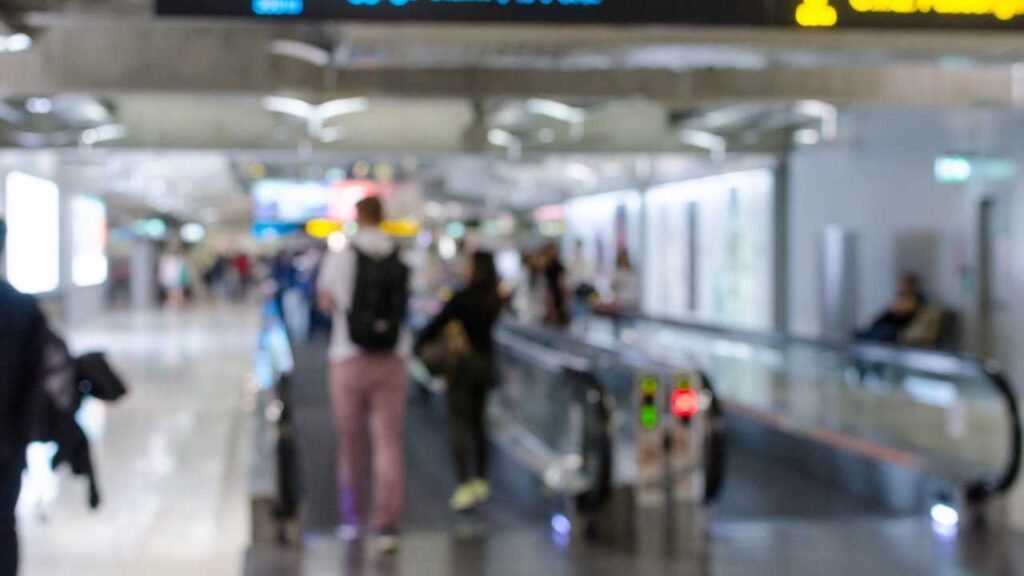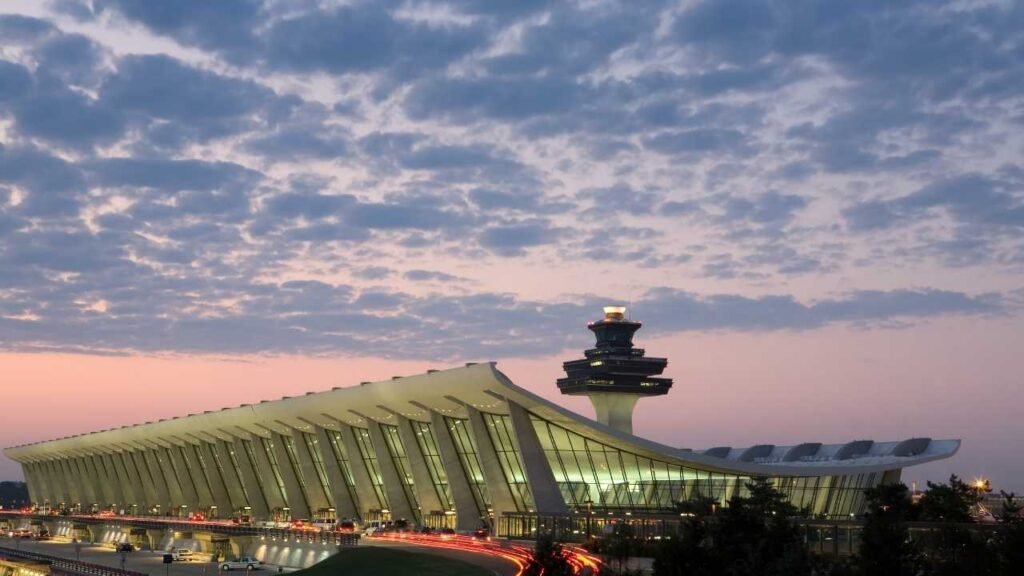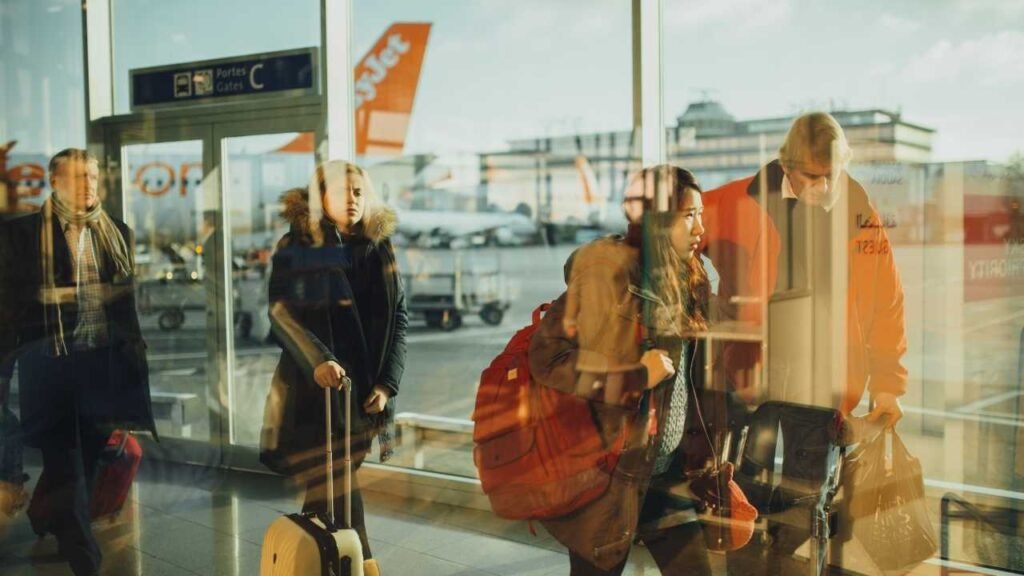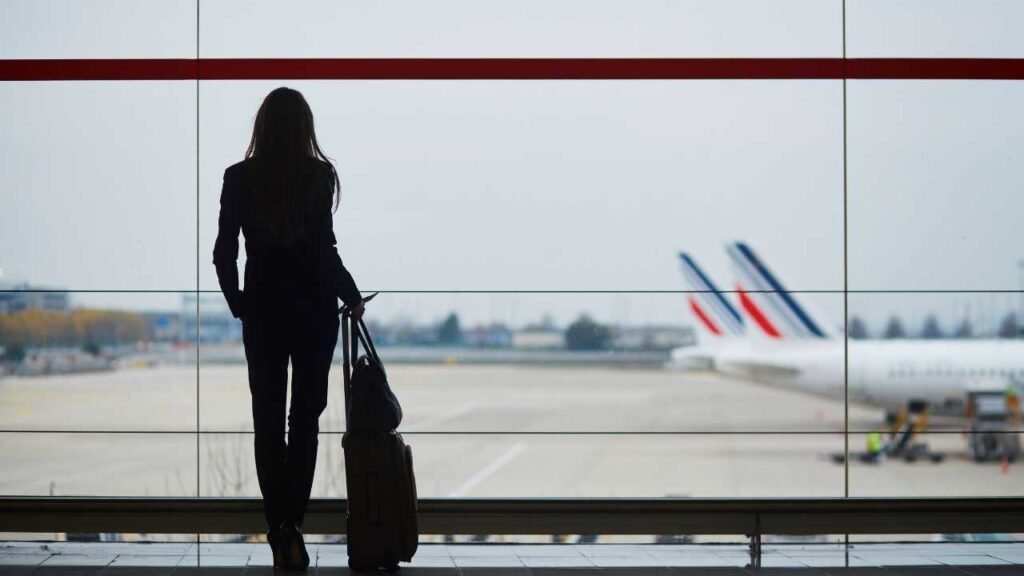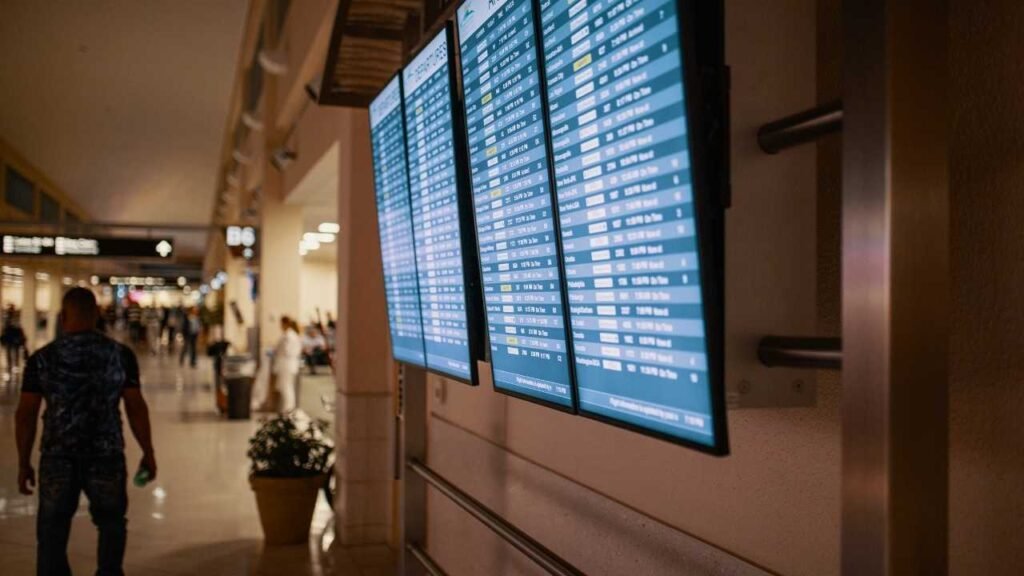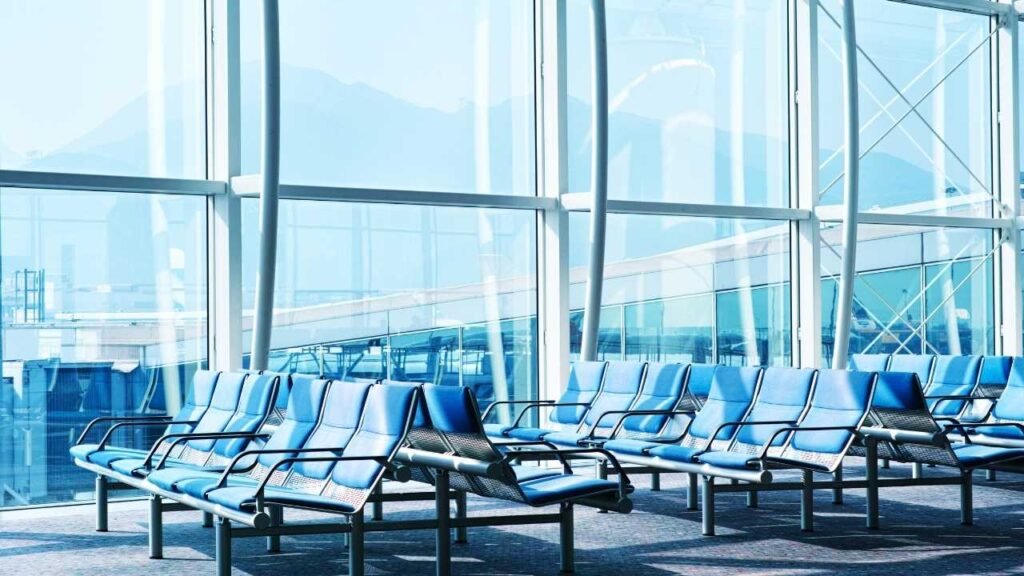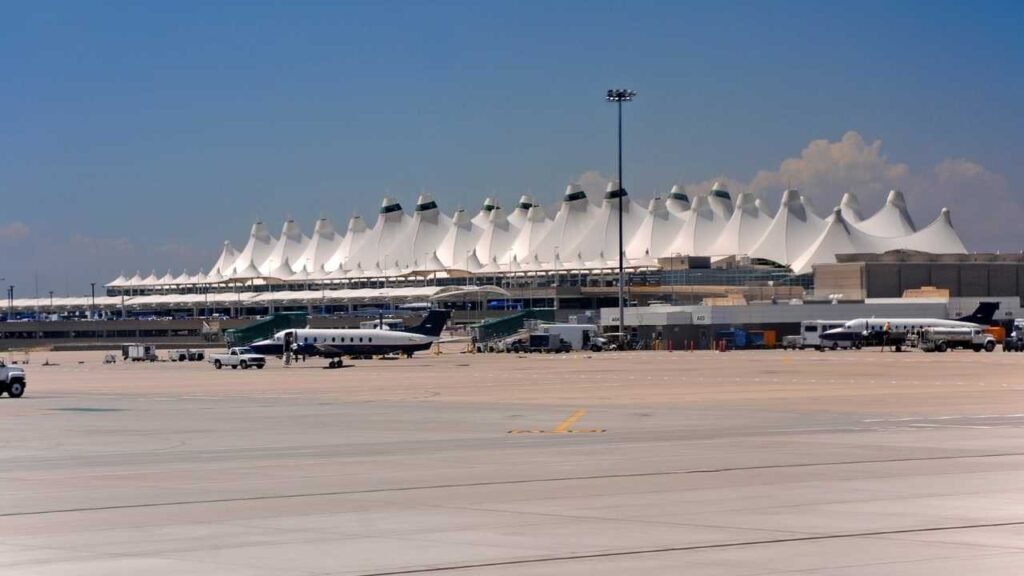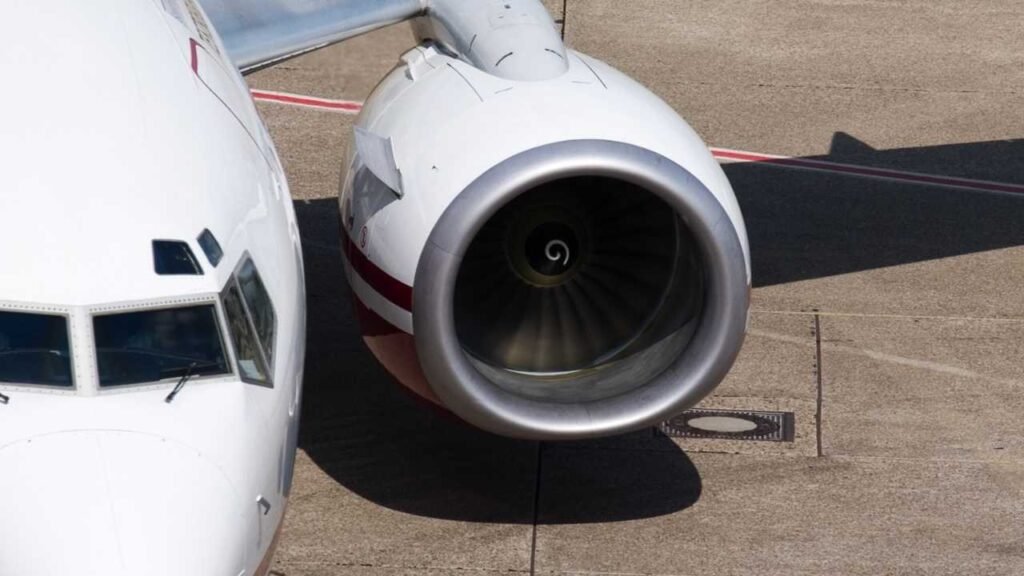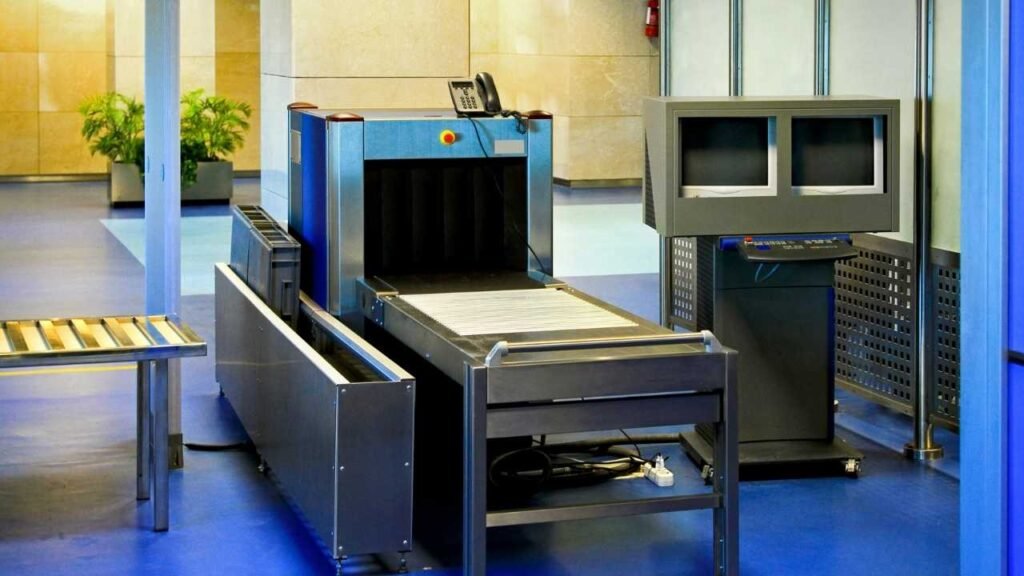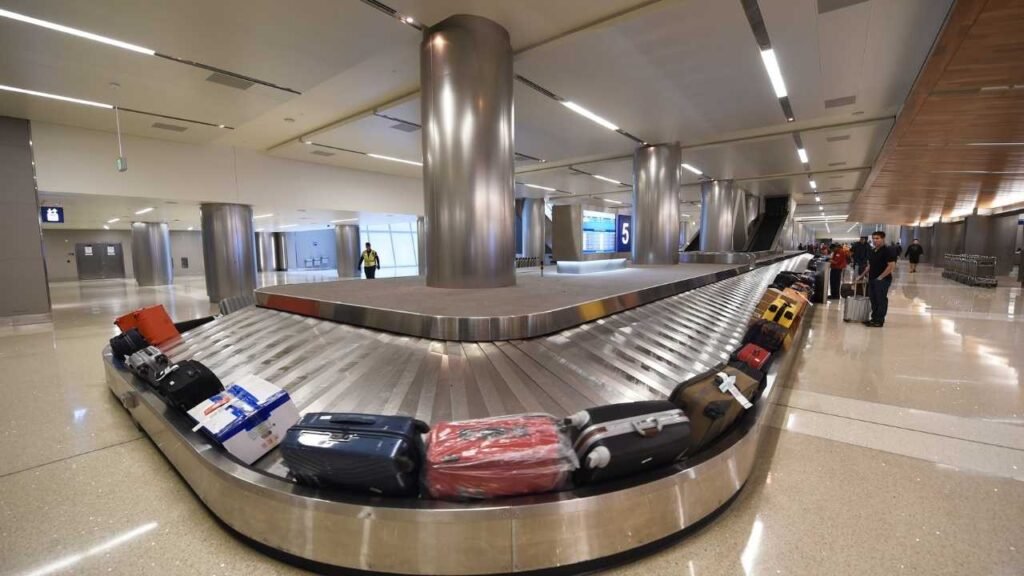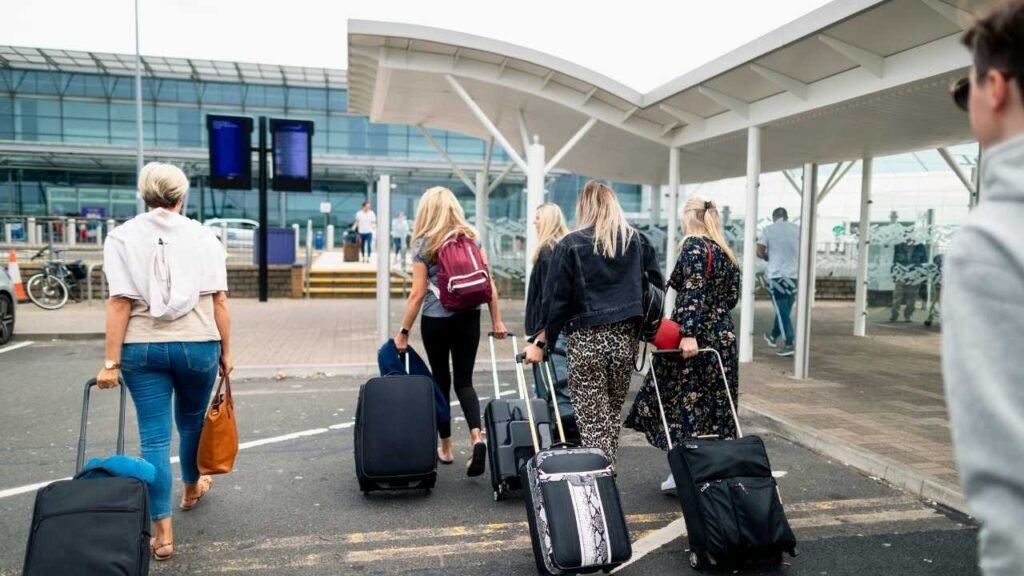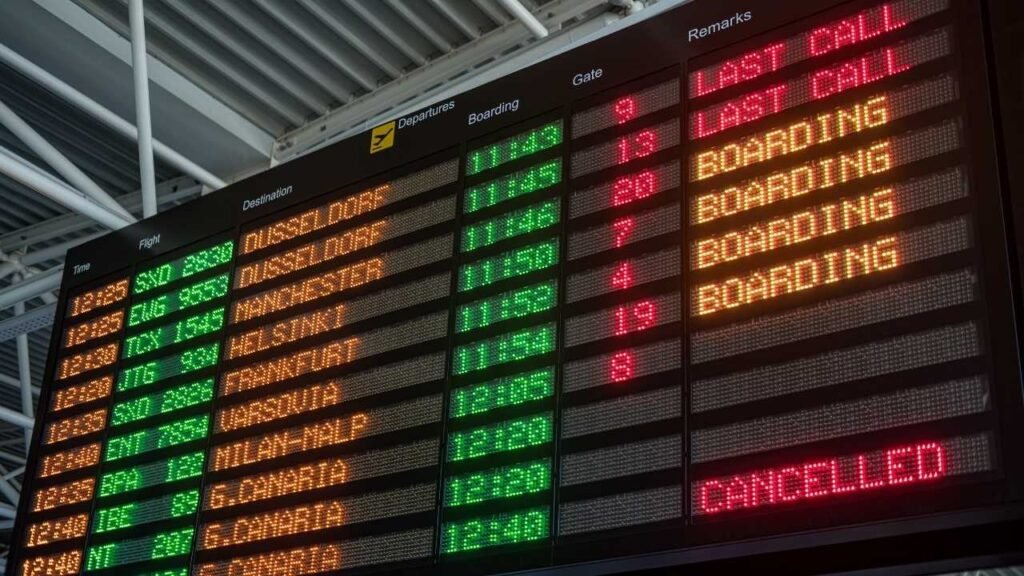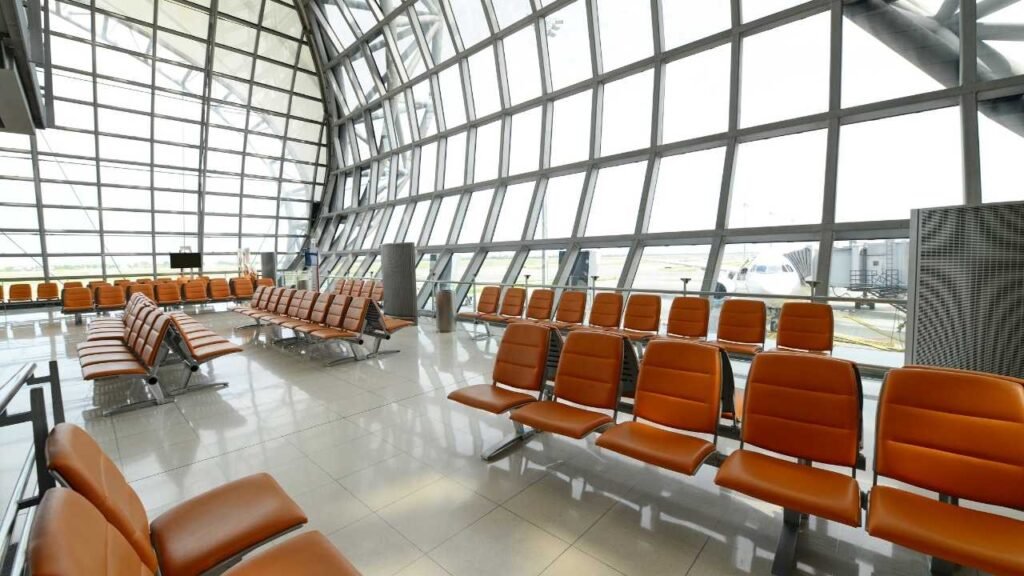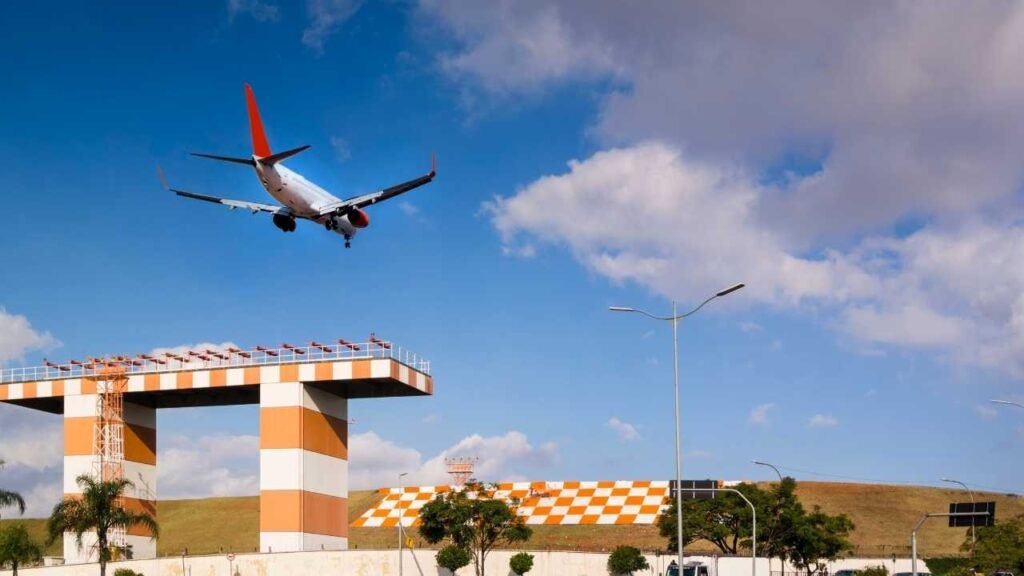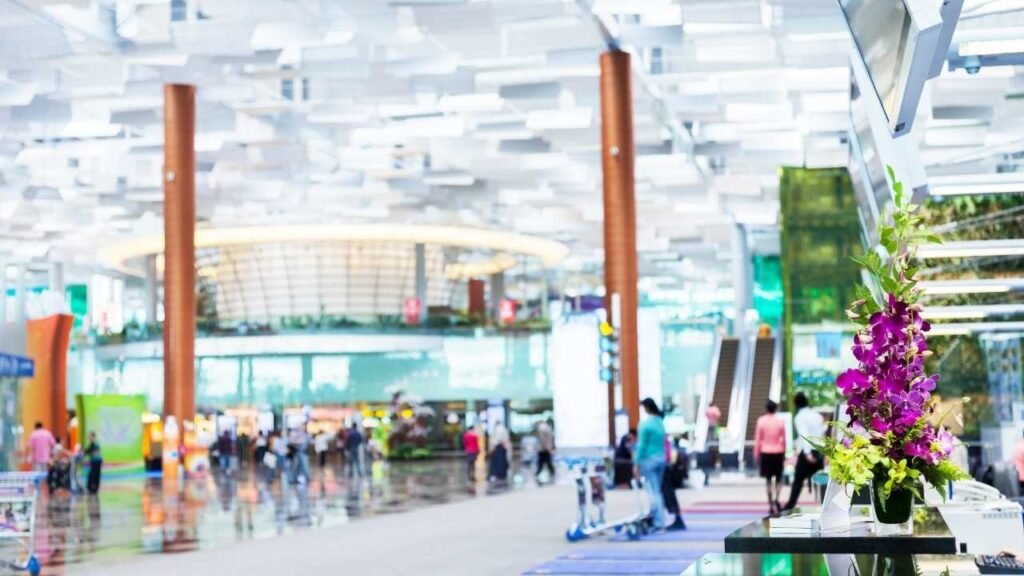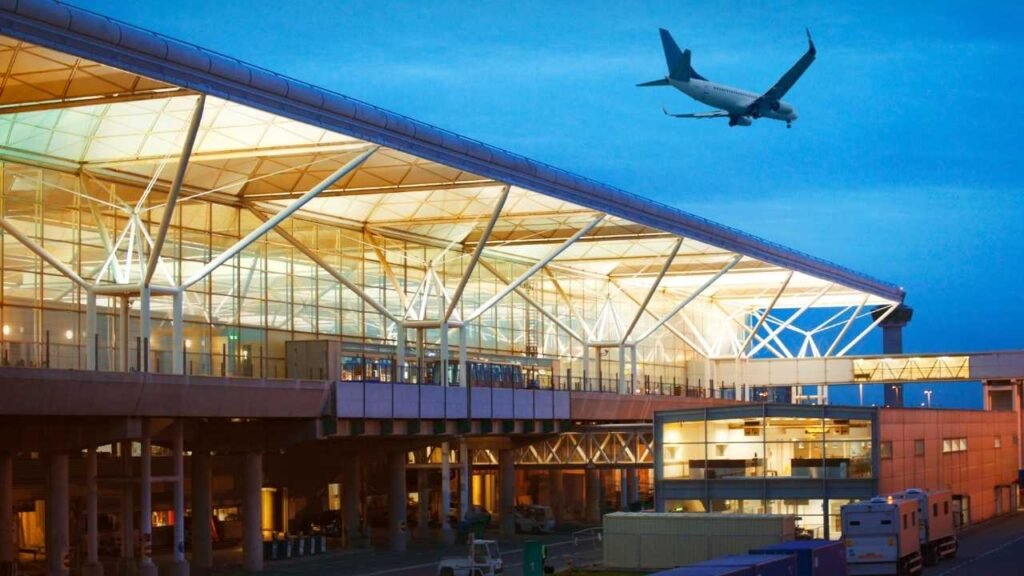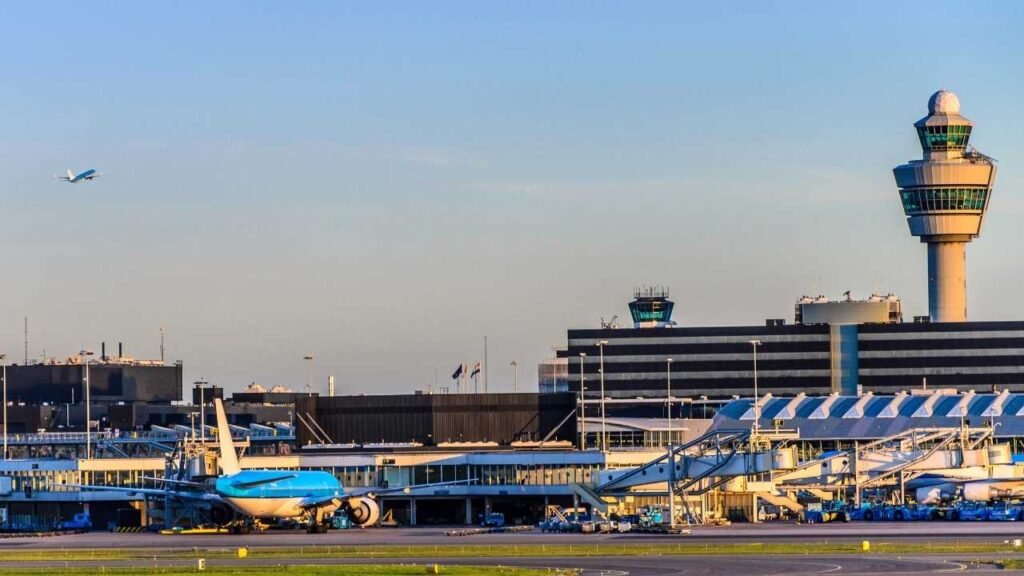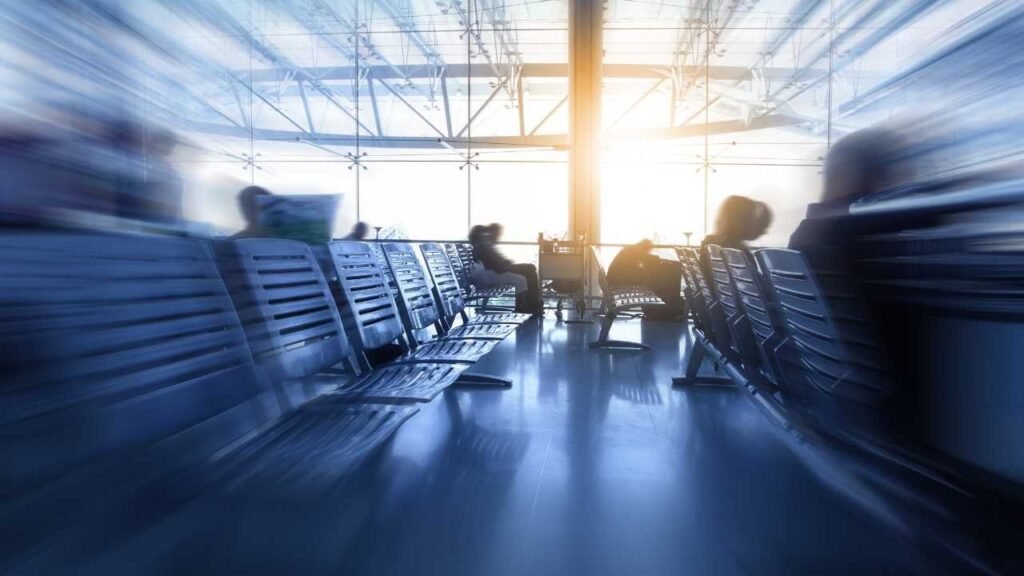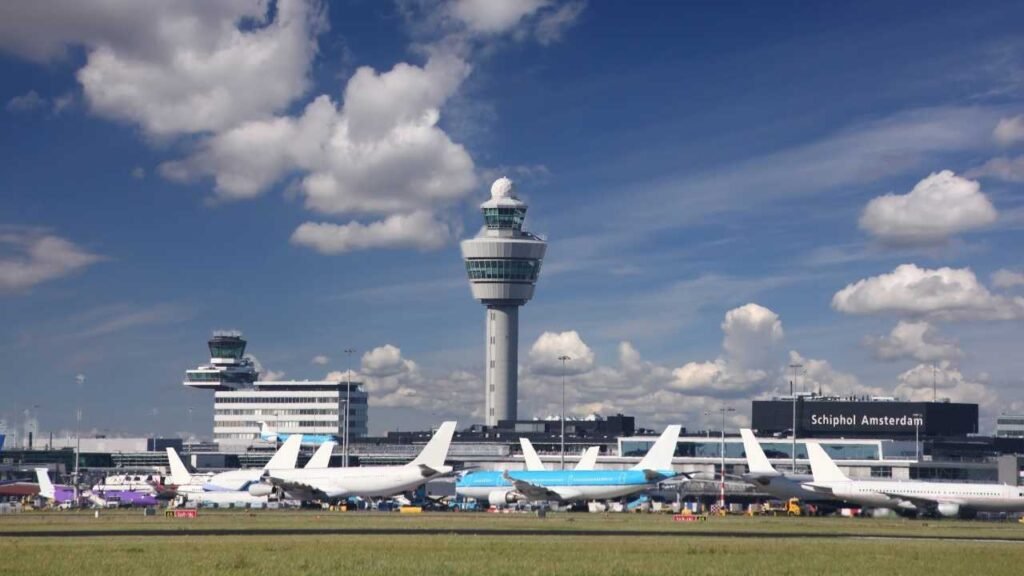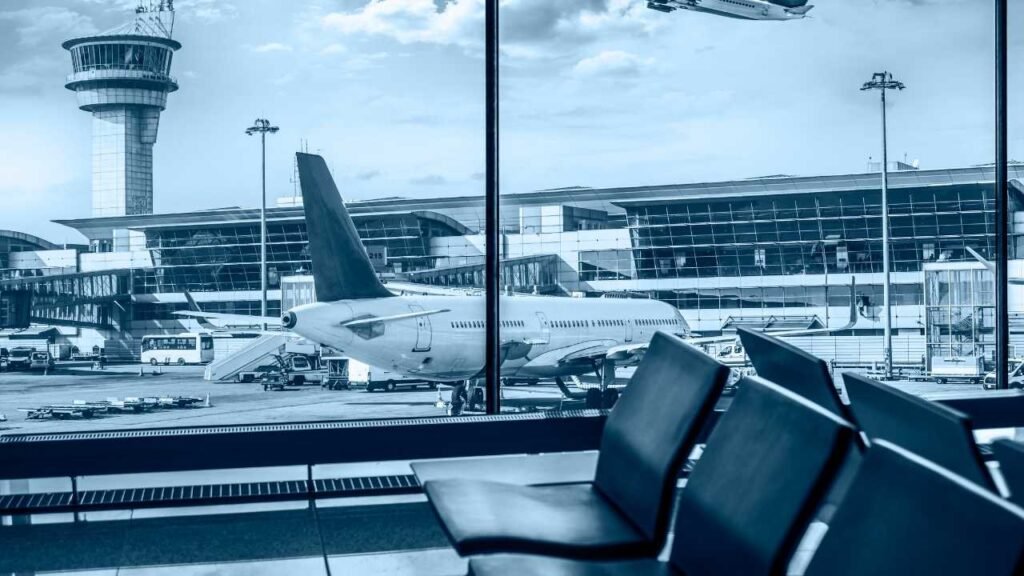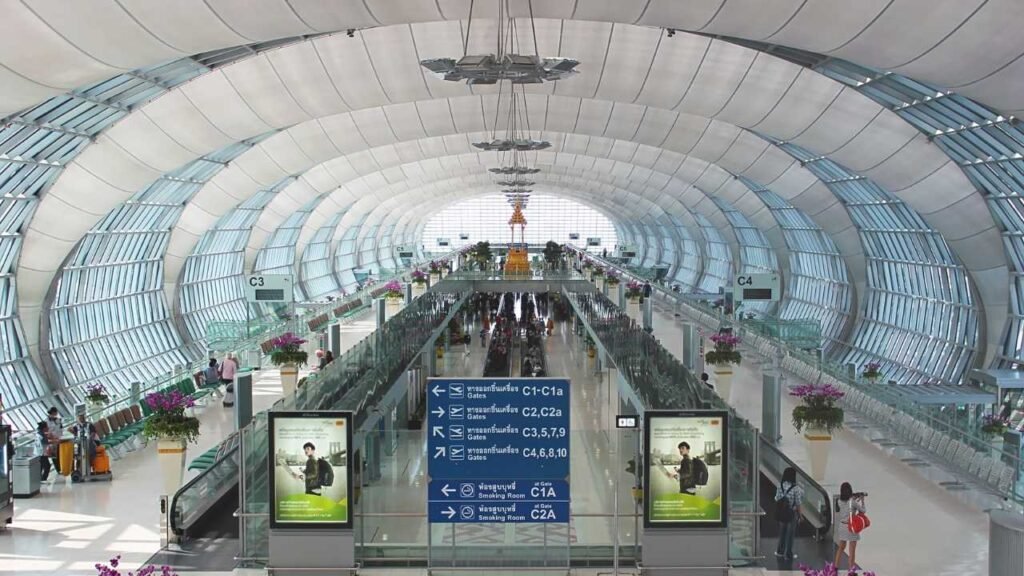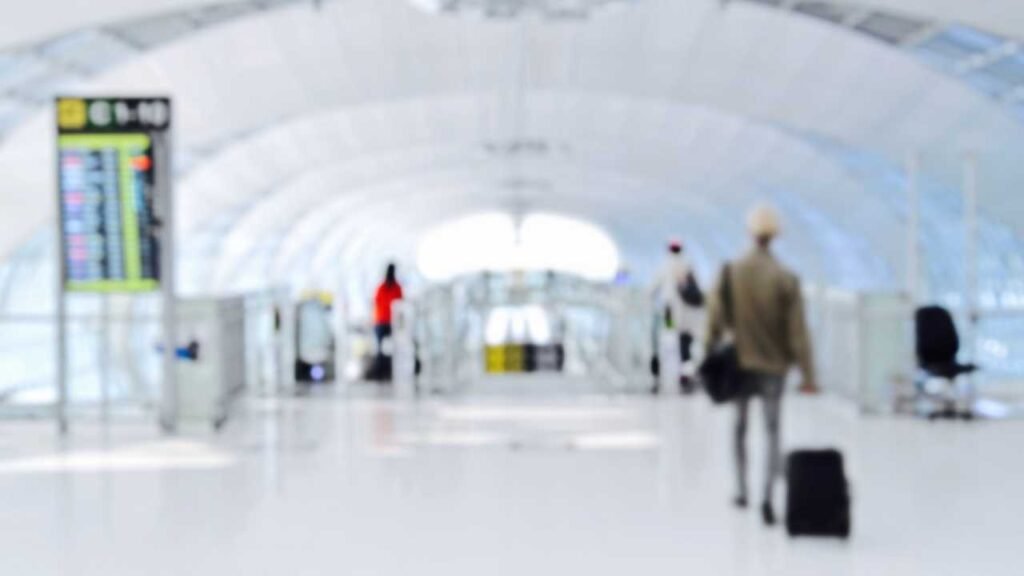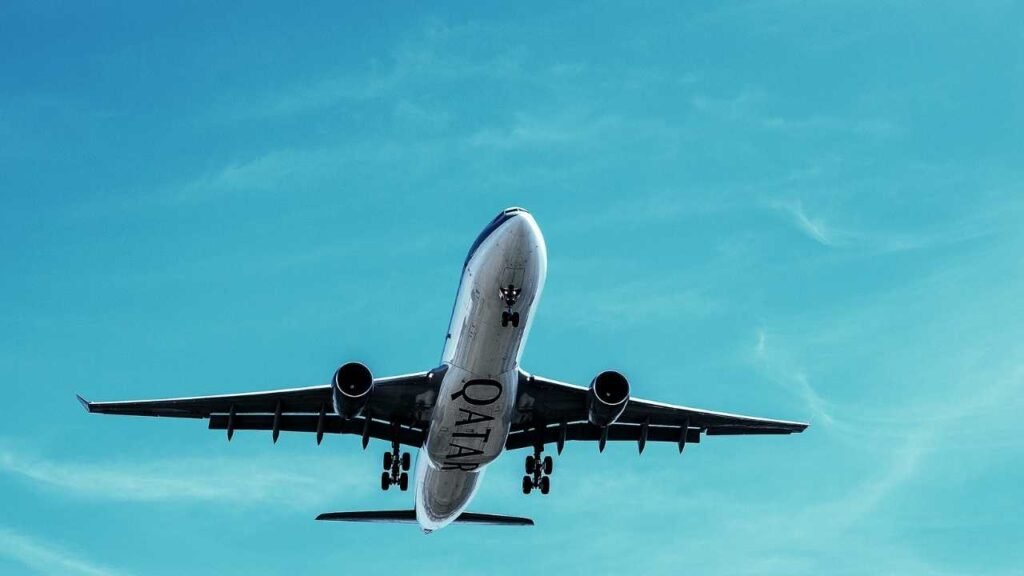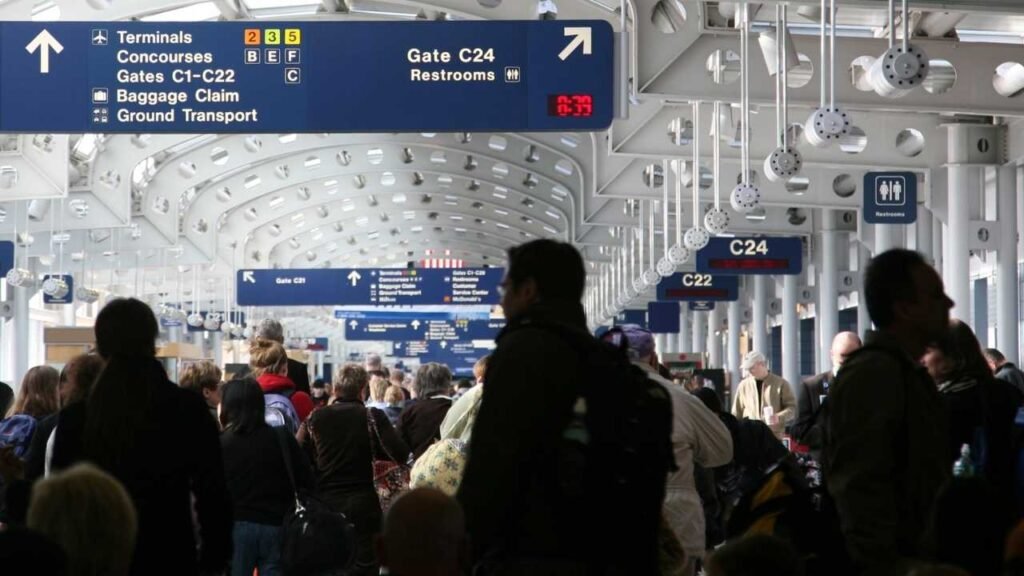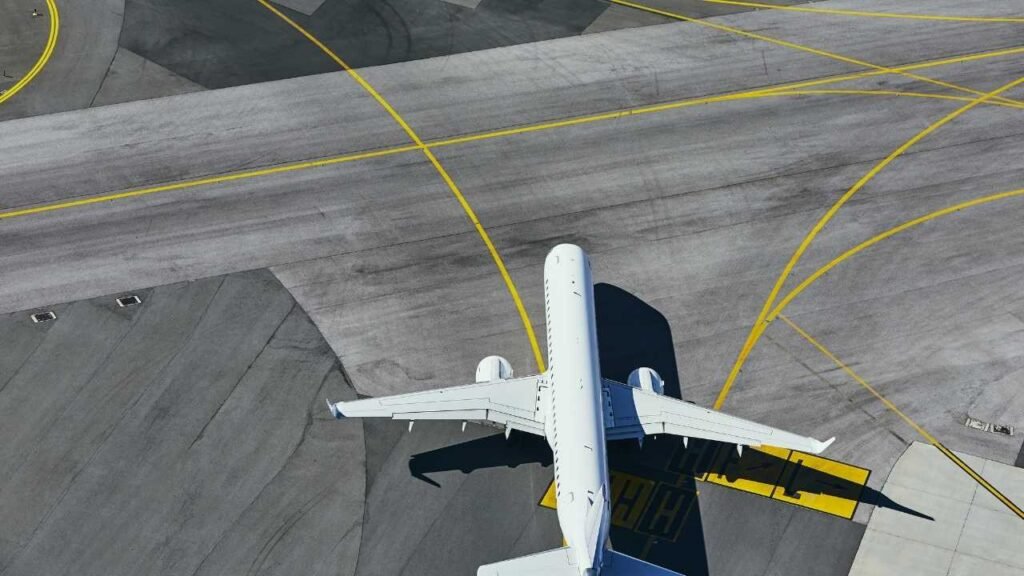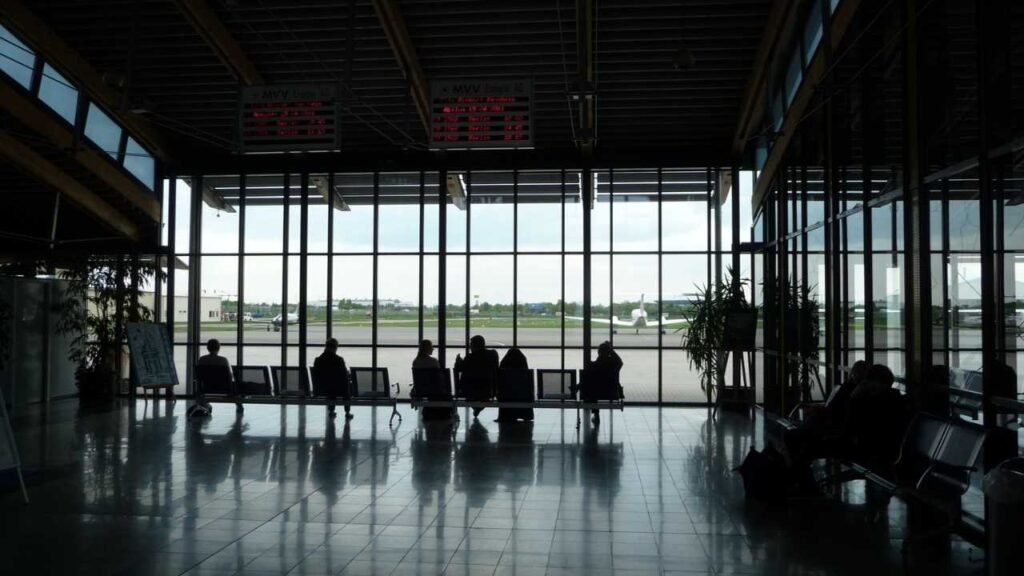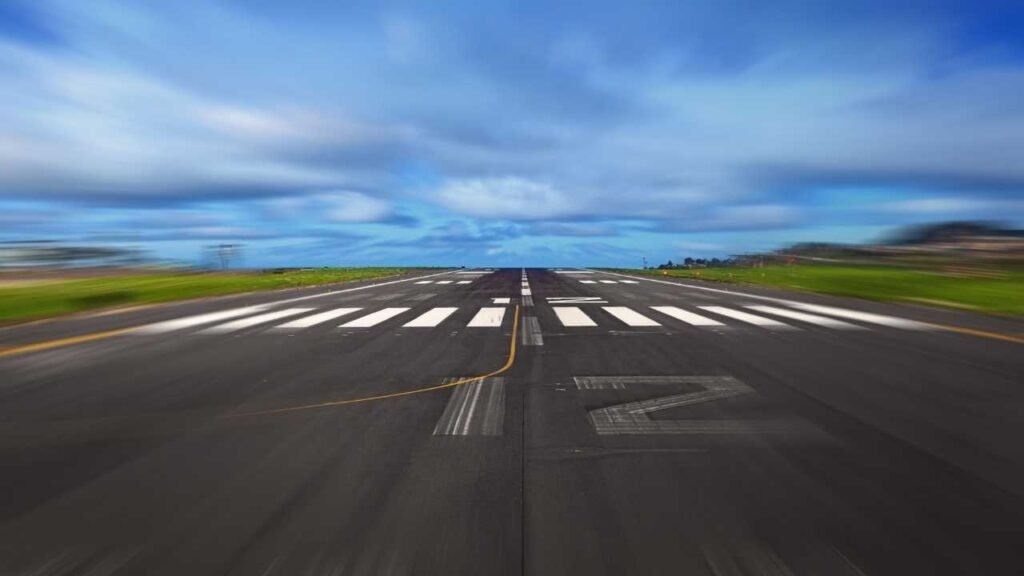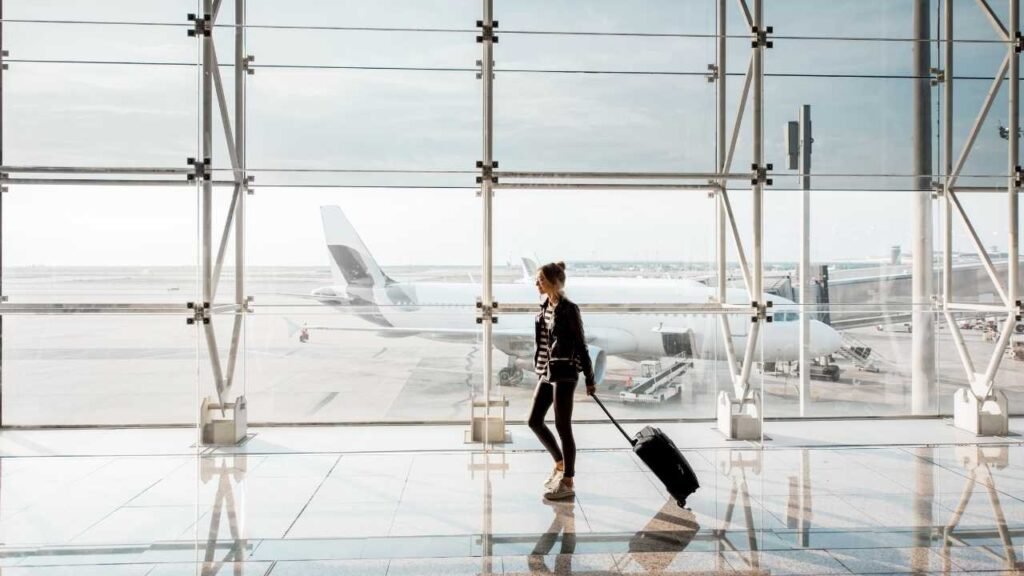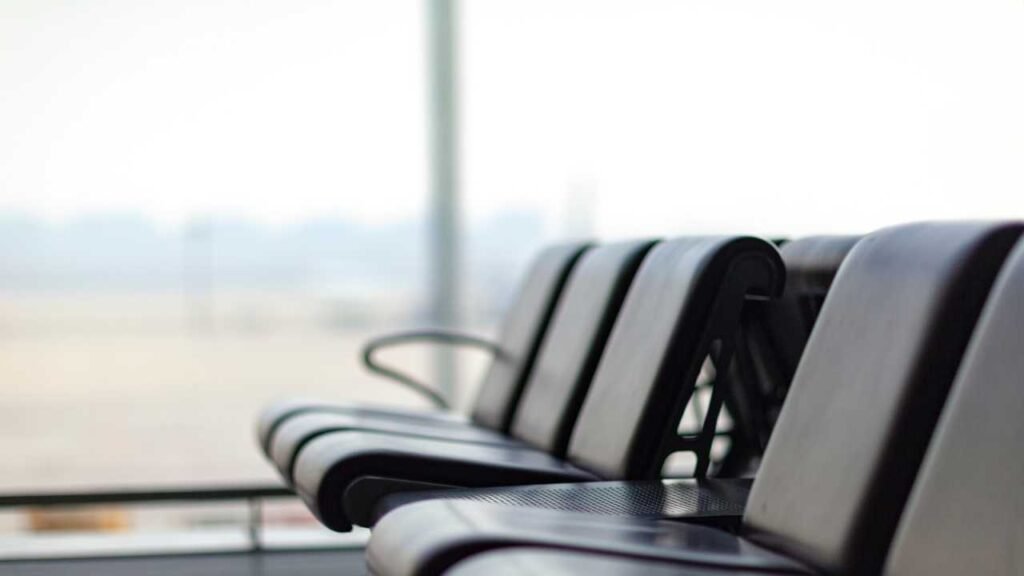- Home
- Philadelphia International Airport
Philadelphia International Airport
Injuries and Accidents at Philadelphia International, Serving Philadelphia, Colorado
Slip and Fall and Other Accidents at Philadelphia International Aiport in Philadelphia, Colorado
Slips, trips, and other mishaps happen more than most expect in busy terminals like Philadelphia International. Crowded walkways, wet floors and loose mats create sudden loss of footing. If you are hurt, ask for a supervisor, take photos of the scene, and get evaluated the same day so your recovery and any claim start on solid ground.

Frequent Injuries Reported at Philadelphia International
Slip & Fall Accidents at Philadelphia International Aiport
Slip and fall accidents consistently rank high of passenger harm in busy terminals.
Hazards commonly involve spilled drinks near gates, which turn a routine step into a fall.
High-risk spots tend to be baggage claim carousels, where rushes between flights make hazards harder to spot.
Many incidents trace back to delayed cleanup.
Property operators must keep premises reasonably safe under standard negligence law.
Negligence is established through failure to follow cleaning schedules.
Injuries often include wrist or ankle sprains, requiring urgent care.
Right after a fall, report the incident to staff and get medical evaluation even if symptoms seem mild.
Useful evidence includes photos or video of the floor condition.
Surveillance footage is often overwritten quickly, so email the operator to hold CCTV for the time window as soon as possible.
Multiple parties may share responsibility, including a concessionaire or retailer, depending on inspection and service records.
Comparative fault is weighed against the operator’s negligence, so let the facts speak.
Deadlines to file can be short when government entities are involved, making it important to confirm the exact timeline.
Compensation may cover medical bills and rehab, with clear causation documentation improving outcomes.
When contacted by insurers, stick to basics until you’ve spoken with counsel.
A focused legal review helps secure key video and frames settlement value.
Vehicle Accidents at Philadelphia International Airport
Airport vehicles such as shuttle vans at Philadelphia International in Philadelphia, Colorado sometimes hit unsuspecting travelers.
These crashes frequently happen in restricted service zones, where visibility may be poor.
Common causes include sudden backing without spotters.
Risk spikes during weather delays, when lane markings are confusing.
Danger zones often involve pickup lanes packed with rideshares.
Responsibility can fall on a ground-handling contractor for inadequate staffing.
Right after an impact, ask for the supervisor on duty and call paramedics if needed.
Helpful evidence includes photos or video of the scene and vehicle.
Preservation requests should include vehicle GPS and telematics logs.
Typical injuries often involve knee, hip, or shoulder damage, so follow your treatment plan.
Comparative fault may reduce but not eliminate recovery, even if you were carrying luggage or distracted.
Time limits can be shorter for claims involving public authorities, so confirm the exact requirement before filing.
Compensation may include lost income and travel costs, and clear documentation support negotiations.
If you’re exploring a claim, consult a lawyer experienced with airport operations and vehicle incidents.
Jet Bridge & Boarding Accidents at Philadelphia International
Boarding areas and jet bridges at Philadelphia International in Philadelphia, Colorado may collapse, causing falls, sprains, and fractures.
Responsibility often falls on airlines, especially when they fail to fix hazards.
Baggage Claim Accidents at Philadelphia International
The baggage claim area of Philadelphia International often feels chaotic, which creates risks.
Falling luggage from carousels cause accidents while passengers wait for their bags.
Risk factors include cleaning left without warning signs.
Crowding reduces visibility, especially when oversized items roll out.
High-risk zones include carousel edges.
Common injuries often involve back strains from sudden twisting.
Contributing errors include missing or poorly placed caution signs.
If a mishap occurs, ask for a supervisor and request an incident number.
Capture evidence like photos or video of the hazard and carousel.
Act quickly to note pain that worsens after leaving the airport to create a clear record.
Potentially responsible parties can involve a baggage system maintenance vendor.
Liability often turns on inspection and maintenance logs.
Comparative fault is weighed against the operator’s duty to keep the area safe.
Time limits to file vary by jurisdiction, so track deadlines.
Recoverable damages may include future care, and early evidence preservation support settlement.
Security Checkpoint Injuries at Philadelphia International Airport
Security checkpoints at Philadelphia International create risks for travelers, especially when staff are rushed.
Common hazards include slips on recently mopped floors, which result in preventable harm.
Bottlenecks increase rushing and confusion, particularly after flight cancellations.
Contributing factors can involve insufficient staffing.
Injuries commonly include back and neck strains that can linger for weeks.
After an incident, ask for a manager on duty and note names and times.
Useful evidence includes witness names and contact details.
Video and data sources cleaning schedules and inspection sheets, so send a prompt preservation request.
Responsibility can include the airport authority managing the area, depending on contract terms.
Comparative fault does not automatically bar recovery, even if you momentarily stepped outside a marked path.
Deadlines to file may require a formal notice of claim, so confirm the exact requirement before filing.
Compensation may include pain and suffering, and clear causation documentation strengthen valuation.
Worker Accidents at Philadelphia International
Employees at Philadelphia International in Philadelphia, Colorado face falls from equipment.
Many of these incidents are preventable if employers followed safety protocols.
International Airport Accidents Linked to Philadelphia International Airport
International travelers injured at Philadelphia International in Philadelphia, Colorado may struggle to file claims.
Because Philadelphia International connects Philadelphia to foreign destinations, liability often becomes legally complex.
Escalator & Elevator Accidents at Philadelphia International
Escalators and elevators inside Philadelphia International in Philadelphia, Colorado can malfunction, causing head and back trauma.
Responsibility may lie with maintenance contractors when inspection is neglected.
Shuttle Bus & Ground Transportation Accidents at Philadelphia International Airport
Shuttle buses, trams, and ground transportation vehicles at Philadelphia International in Philadelphia, Colorado sometimes collide, injuring passengers.
These accidents often occur at crowded pickup areas, creating serious dangers for tourists arriving in Philadelphia.
Parking Lot & Curbside Accidents at Philadelphia International Airport
Parking lots and curbside zones at Philadelphia International in Philadelphia, Colorado are common accident zones.
Hazards include poor lighting, leading to slip and fall accidents.
Luggage Cart & Conveyor Belt Accidents at Philadelphia International Airport
At Philadelphia International in Philadelphia, Colorado, runaway luggage carts or jammed conveyor belts can trap hands.
These incidents may result from equipment defects.
Food Court & Restaurant Accidents at Philadelphia International Airport
Restaurants and food vendors inside Philadelphia International in Philadelphia, Colorado can cause food poisoning.
Liability often rests with airport restaurant operators when they ignore safety regulations.
Airport Construction Zone Accidents at Philadelphia International
Renovation or construction areas inside Philadelphia International in Philadelphia, Colorado expose travelers to tools.
Injuries here may involve lack of proper barriers.
Disabled Passenger Assistance Accidents at Philadelphia International
Disabled passengers at Philadelphia International in Philadelphia, Colorado may be mishandled during wheelchair or electric cart assistance.
Failures to train staff properly often lead to serious accidents.
Boarding Stair & Ramp Accidents at Philadelphia International
Portable boarding stairs and ramps at Philadelphia International in Philadelphia, Colorado can be unstable, causing falls.
These accidents are especially common at gates without jet bridges.
Lost Luggage & Property-Related Injuries at Philadelphia International
Lost luggage at Philadelphia International in Philadelphia, Colorado is not just inconvenient — it can create health risks, such as when essential medication is missing.
Travelers may pursue claims for damages linked to lost or delayed luggage.
Airside & Tarmac Accidents at Philadelphia International
Restricted airside areas at Philadelphia International in Philadelphia, Colorado expose workers and sometimes passengers to aircraft support equipment.
These incidents are serious and often fall under negligence claims against contractors or airlines.
The things you do in the time right after following your incident at Philadelphia International in Philadelphia, Colorado can make the difference between a case that moves forward and one that is thrown out. Here are the key steps to take.
Don’t Delay Getting Medical Assistance
Your health comes first. After an slip and fall at Philadelphia International in Philadelphia, Colorado, it’s absolutely necessary to see a doctor right away. Even if pain seems small at first, internal damage that isn’t obvious can worsen later. Request first responders at the airport or go to the urgent care facility in Philadelphia, Colorado and make sure you have your condition officially recorded. This medical record will serve as vital evidence when pursuing a lawsuit.
Take Photos, Notes, and Witness Details
One of the most important steps after an fall at Philadelphia International in Philadelphia, Colorado is to document everything. Use your smartphone to record video of the unsafe condition such as cluttered walkways. Make sure to photograph the location from multiple angles and include lack of warning signs. Write down the gate, terminal, or concourse number and facts that may help your case. If there are airport workers who saw the incident, get their full name. This documentation will make it harder for the airport or airline to deny responsibility when your lawyer pursues compensation on your behalf.
Request Immediate Attorney Assistance
Speak to a Lawyer Right Away Once you’ve documented the scene at Philadelphia International in Philadelphia, Colorado, the next step is to speak with an attorney who understands airport accident claims. Airports and their legal teams will act quickly to protect their own interests, and without legal guidance you may be misled about your options. A qualified attorney can: Secure evidence before it disappears Make sure no one who played a role is left out of your claim Ensure deadlines are met Protect you against low-ball settlement offers Call our accident support line now for a free consultation. By contacting us today, you can understand your case value and make sure your accident at Philadelphia International in Philadelphia, Colorado is handled the right way.
Tell Airport Staff About the Accident
After an slip and fall at Philadelphia International in Philadelphia, Colorado, it’s vital that you report it immediately. Go directly to airport management offices, or call the airport’s passenger assistance phone number if you can’t reach staff in person. Always insist on receiving an incident report, and make sure it includes your contact information as well as the date and time of the accident. This report serves as an essential record that the accident occurred inside Philadelphia International, and it can help your lawyer build a stronger case. If the airport provides a reference number, write it down and store it with your records.
Keep Every Receipt and Report
After an injury at Philadelphia International in Philadelphia, Colorado, it’s essential to hold onto all documents connected to your case. This includes prescriptions, as well as travel-related receipts. Keep copies of the official incident report along with your phone number. If you lost time from work, make sure to document missed wages to show how the accident at Philadelphia International affected your income. Maintaining a complete record of expenses and correspondence will support your lawyer in building a solid case. Without this proof, the airport, airline, or their insurers may deny parts of your claim.
Watch Your Words With Airport Staff and Insurers
After an accident at Philadelphia International in Philadelphia, Colorado, it’s critical that you be careful with your words. Airline staff, airport security, or insurance representatives may ask for details while you’re still injured. Anything you admit could later be taken out of context. Avoid downplaying your injuries without first getting legal advice. Instead, provide only basic details and let your attorney handle all negotiations. By avoiding harmful statements, you protect your rights and allow your lawyer to speak on your behalf.
Frequent Ask Questions About Accidents in {aiport_name} Airport
What counts as an accident at Philadelphia International Airport?
An accident at Philadelphia International Airport can include far more than just a simple fall. Some of the most common examples include, falls caused by rainwater tracked through entrances. It’s not just the gates and terminals — cafeterias, food courts, and gift shops also create risks when poorly maintained. At the end of the day, when unsafe conditions cause an injury to a passenger, it can qualify as an airport accident under the law.
Who can I file a claim against after an accident at Philadelphia International Airport?
Liability is not always straightforward and depends on the circumstances. It’s common that, the public or private operator of Philadelphia International Airport can be sued if they ignored safety hazards. Other groups may also share responsibility. Airlines may be accountable if an injury happened during boarding or deplaning. Sometimes, more than one party is named in a lawsuit. Only an experienced lawyer can identify all potentially liable parties at Philadelphia International Airport and make sure they are all held accountable.
What steps are most important after I’m injured at Philadelphia International Airport?
Your health comes first — get medical care right away. Early treatment also protects your health if hidden injuries exist. Make sure the accident is documented by airport employees. Don’t rely on memory — insist on documentation. Record the hazard that caused your fall or injury before it’s cleaned up or repaired. Don’t be shy about requesting contact details from bystanders. Finally, contact a lawyer quickly. Having a lawyer step in early ensures your rights are protected.
Do I need a lawyer if I was hurt at Philadelphia International Airport?
Yes, in almost every case. Here’s why: airports and airlines have powerful legal teams. Airports count on injured passengers not knowing their rights. Legal representation forces the airport to take your claim seriously. You only pay if your case is successful. So hiring a lawyer doesn’t add risk — it adds protection.
Am I allowed to hold the airline accountable if my accident happened while boarding or deplaning at Philadelphia International Airport?
Yes. Airlines are responsible for passenger safety during boarding and deplaning. Falls due to slippery floors, rushing passengers, or poor staff training are all grounds for claims. Sometimes both the airline and the airport share liability. Bottom line: if your accident happened while entering or exiting the plane at Philadelphia International Airport, there’s a strong chance the airline is legally responsible.
What can I claim financially after an accident at Philadelphia International Airport?
Victims of accidents at Philadelphia International Airport are often entitled to financial recovery. These may include medical expenses like hospital bills, surgery costs, and rehabilitation therapy. You may also be entitled to compensation for reduced earning potential if your injuries are permanent. Pain and suffering is another key category. In severe cases, damages can also cover the cost of a caregiver or lifelong support. Your attorney ensures nothing is left out and fights for maximum compensation.
Do airport accident claims work the same?
Yes, they are often more complex. Because Philadelphia International Airport may be publicly operated or heavily regulated, there are extra layers of law. Sometimes you need to file a notice of claim before suing a government-run airport. Without skilled legal help, these cases are very difficult to win. In short, an accident at Philadelphia International Airport isn’t like a slip and fall in a grocery store.
What if Philadelphia International Airport blames me?
It’s a common defense tactic for Philadelphia International Airport to argue you were careless. You could still win money even if the airport proves you were partly responsible. If both you and the airport share blame, you may still collect a percentage of damages. Strong evidence can tip the case in your favor. Don’t let the airport intimidate you into dropping your claim.
Do I have to pay upfront to hire a lawyer for an accident at Philadelphia International Airport?
Nearly all personal injury attorneys take these cases with no upfront cost. If you don’t recover compensation, you don’t owe anything. Most firms clearly explain their contingency percentage. It allows injured passengers at Philadelphia International Airport to hire top-quality representation without financial risk. So, hiring a lawyer is not just affordable — it’s the smartest move to maximize your claim.
